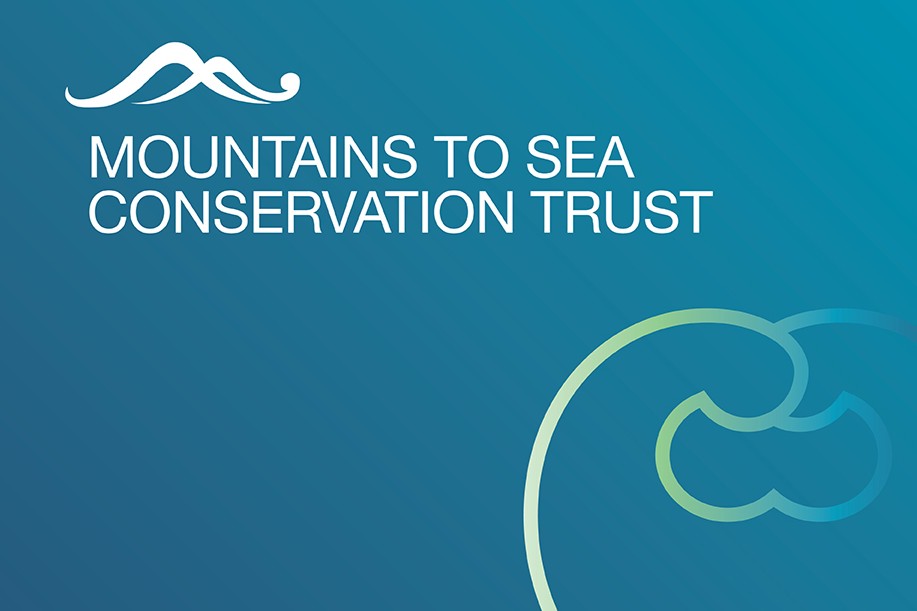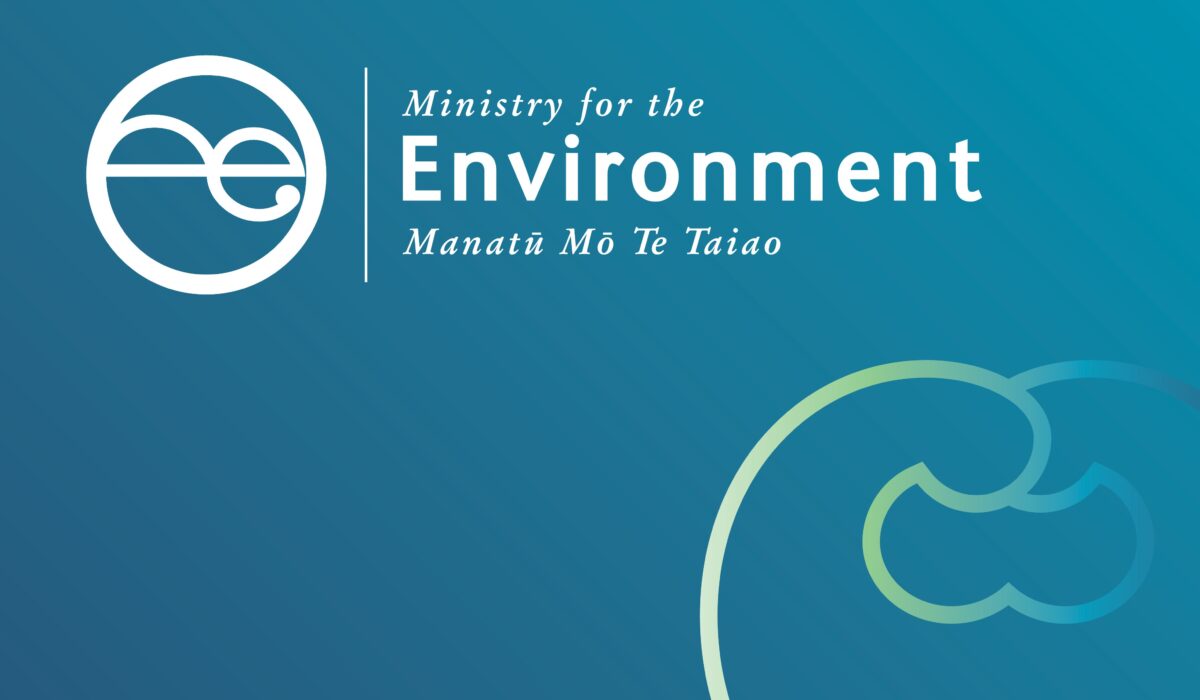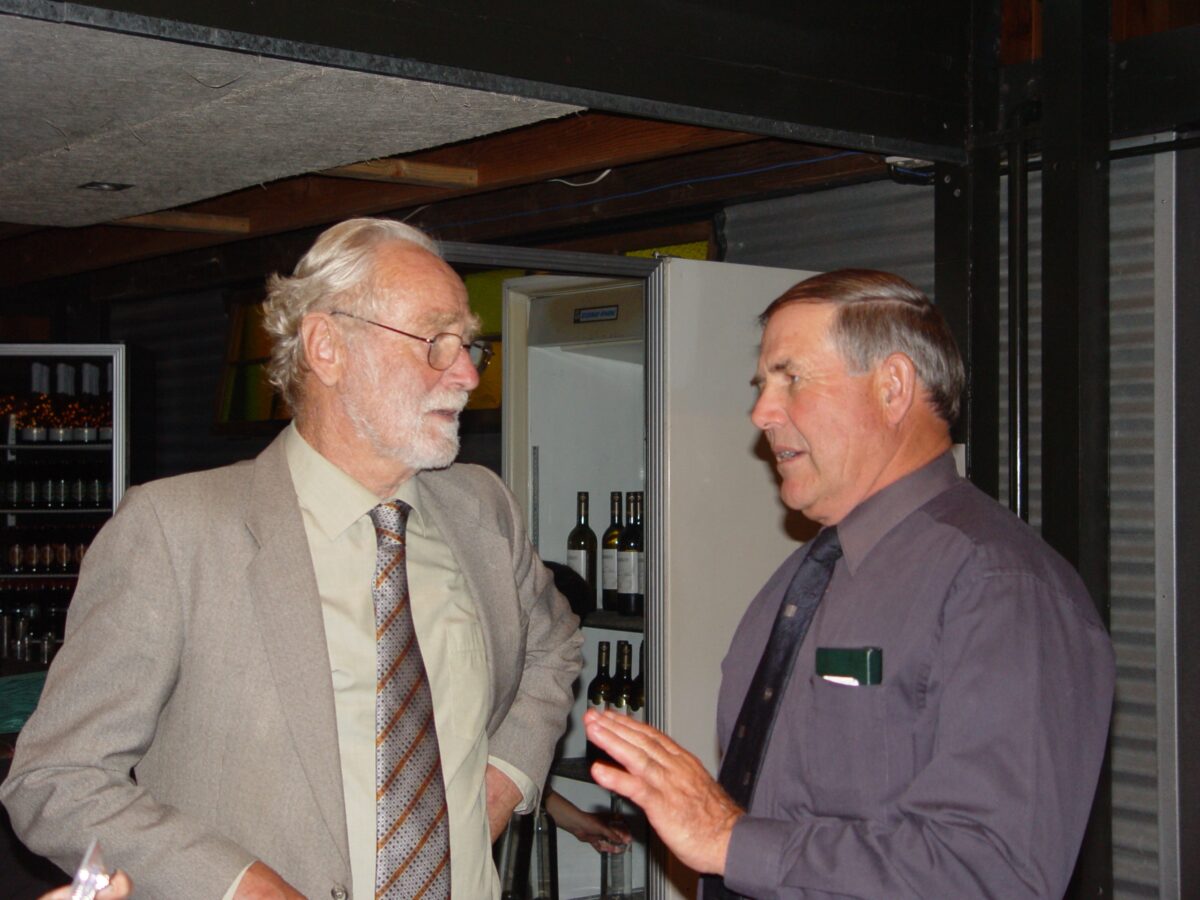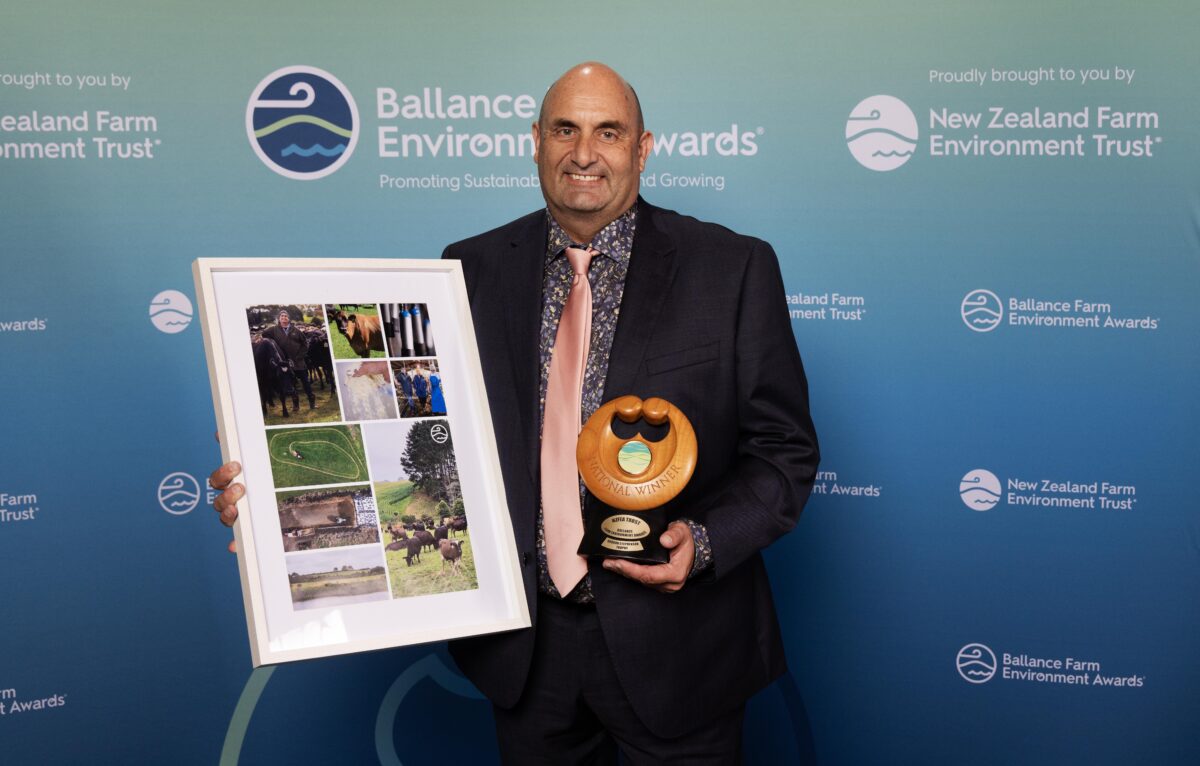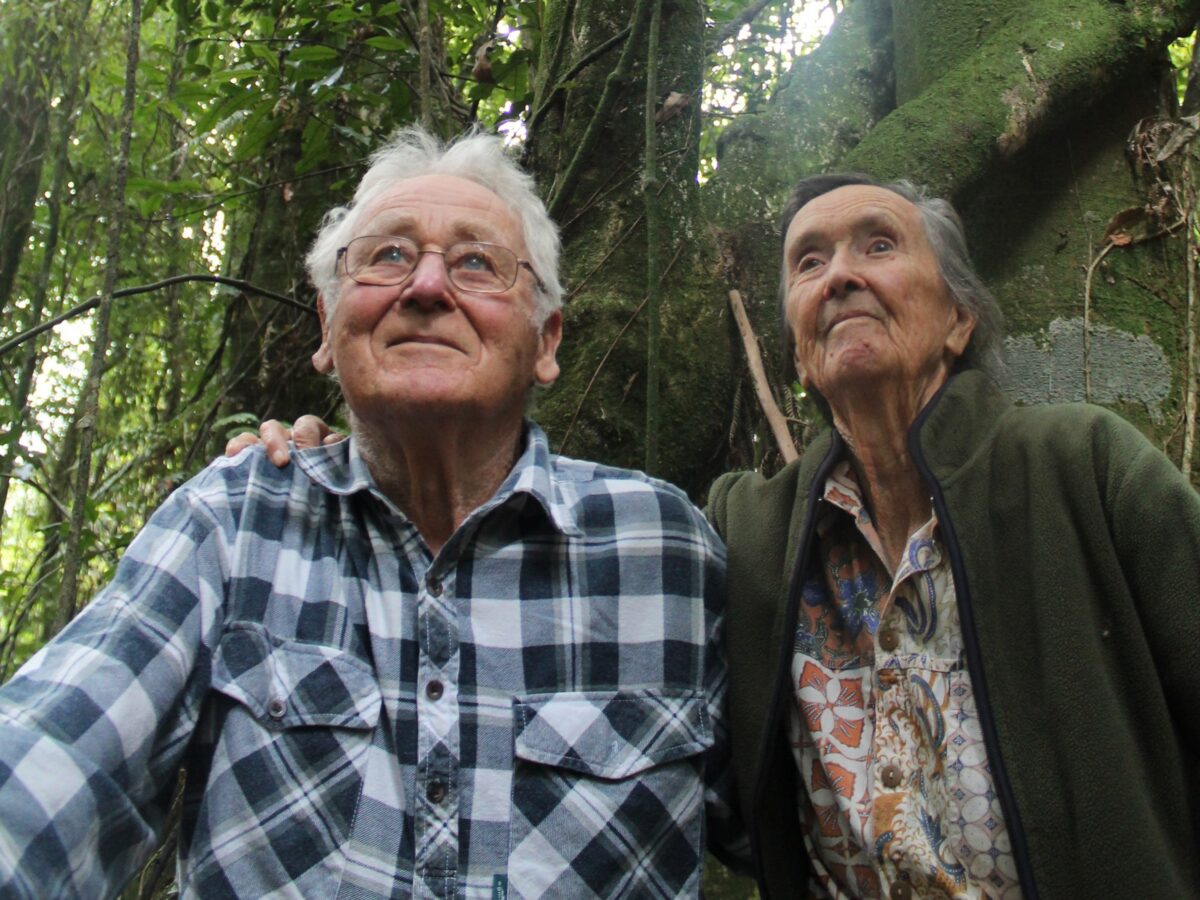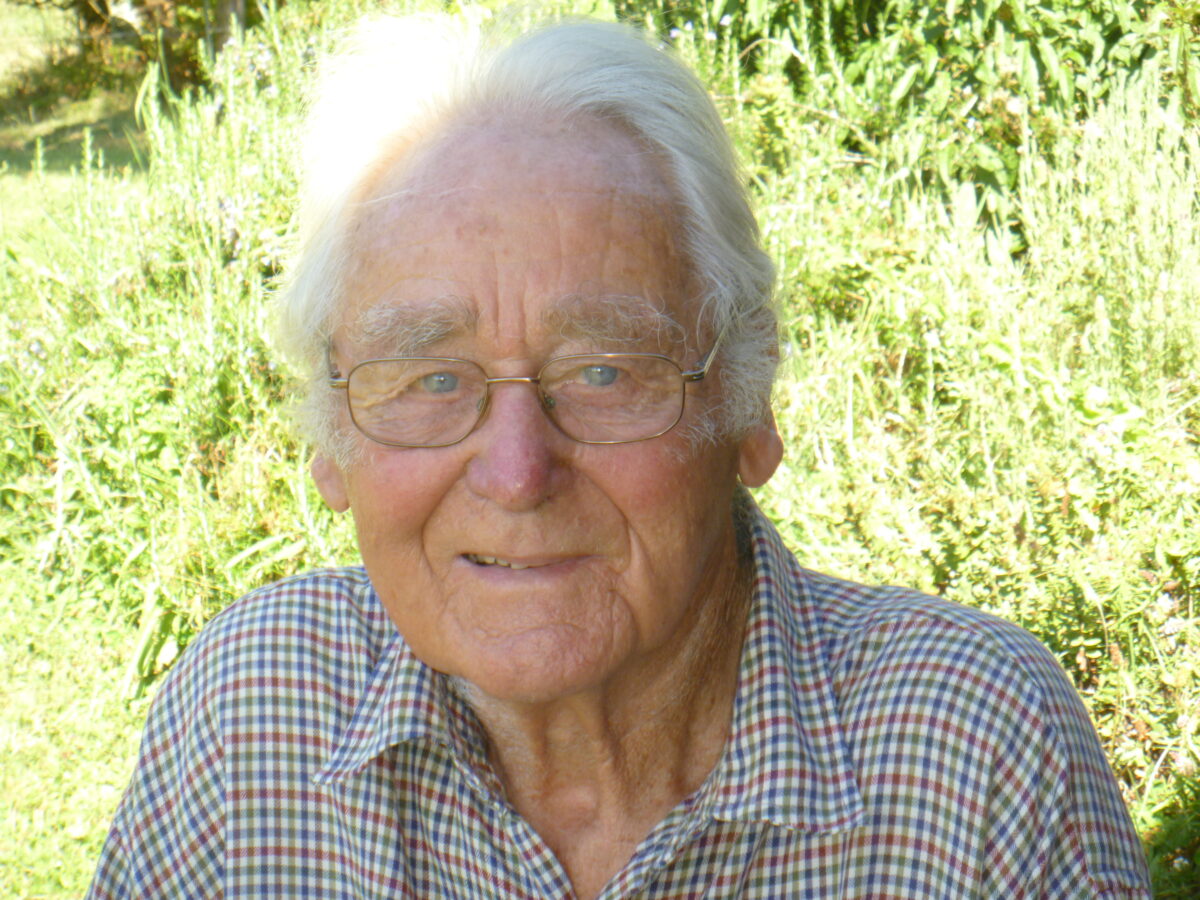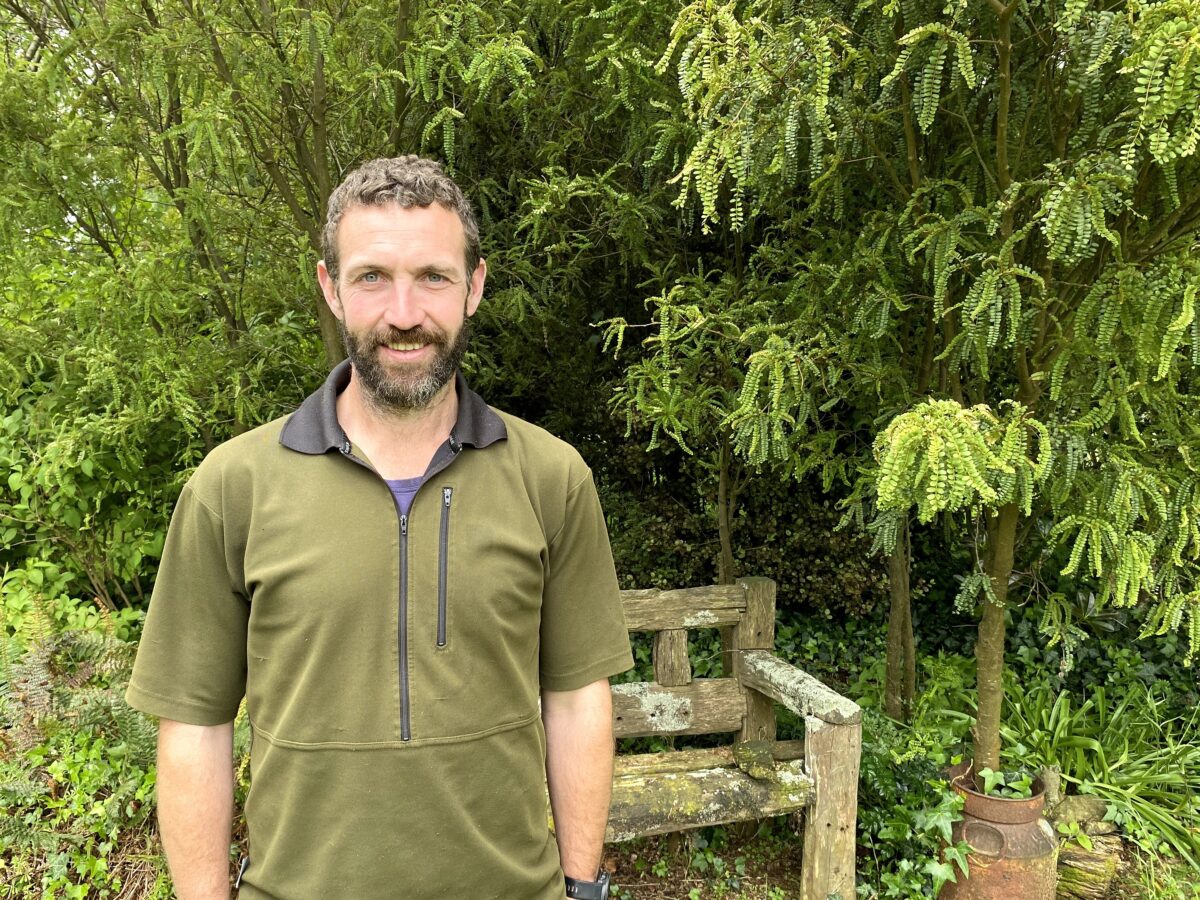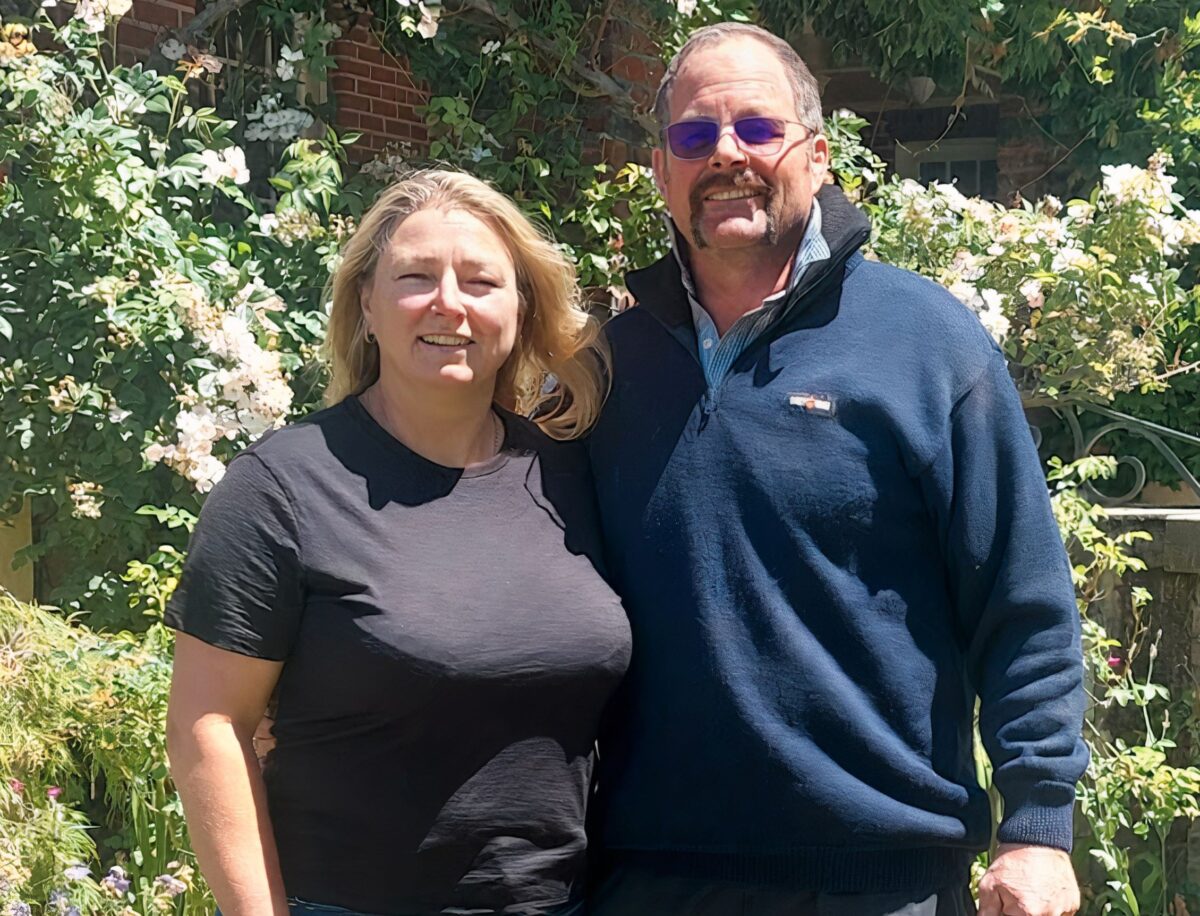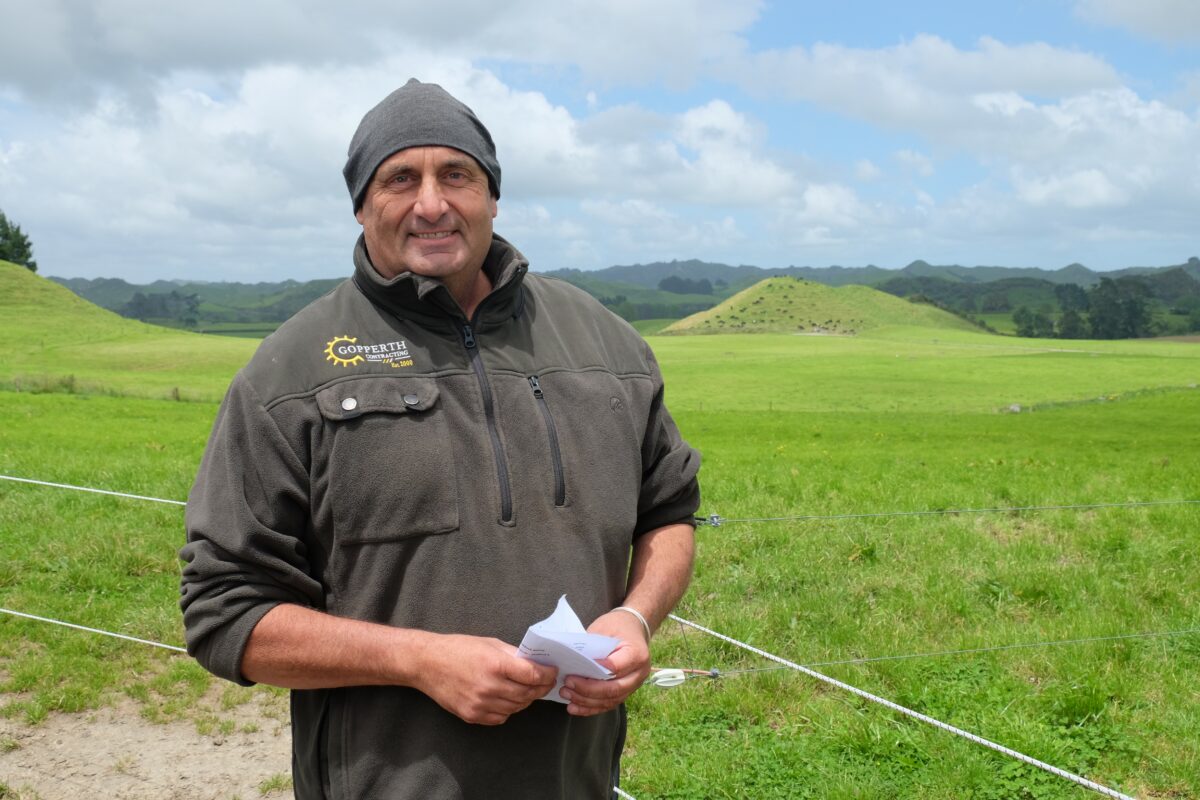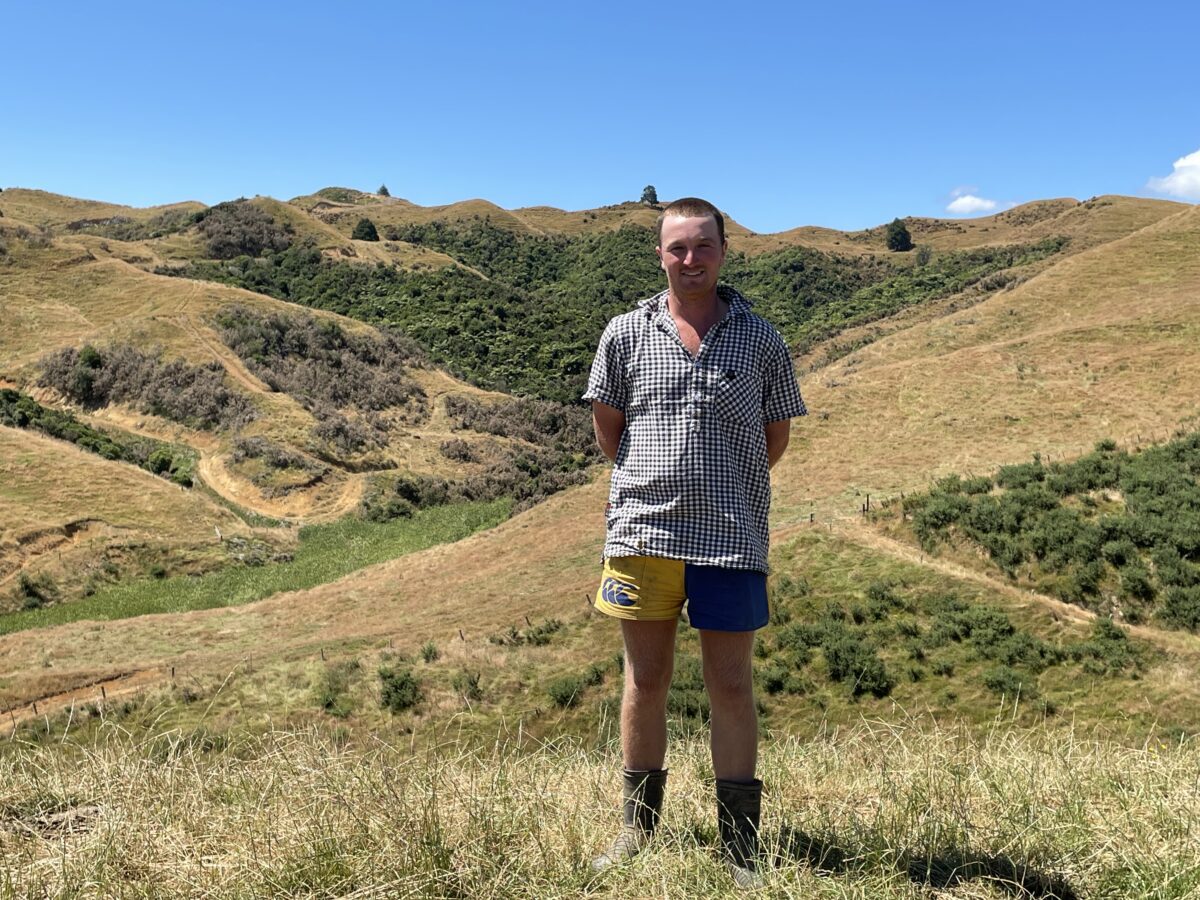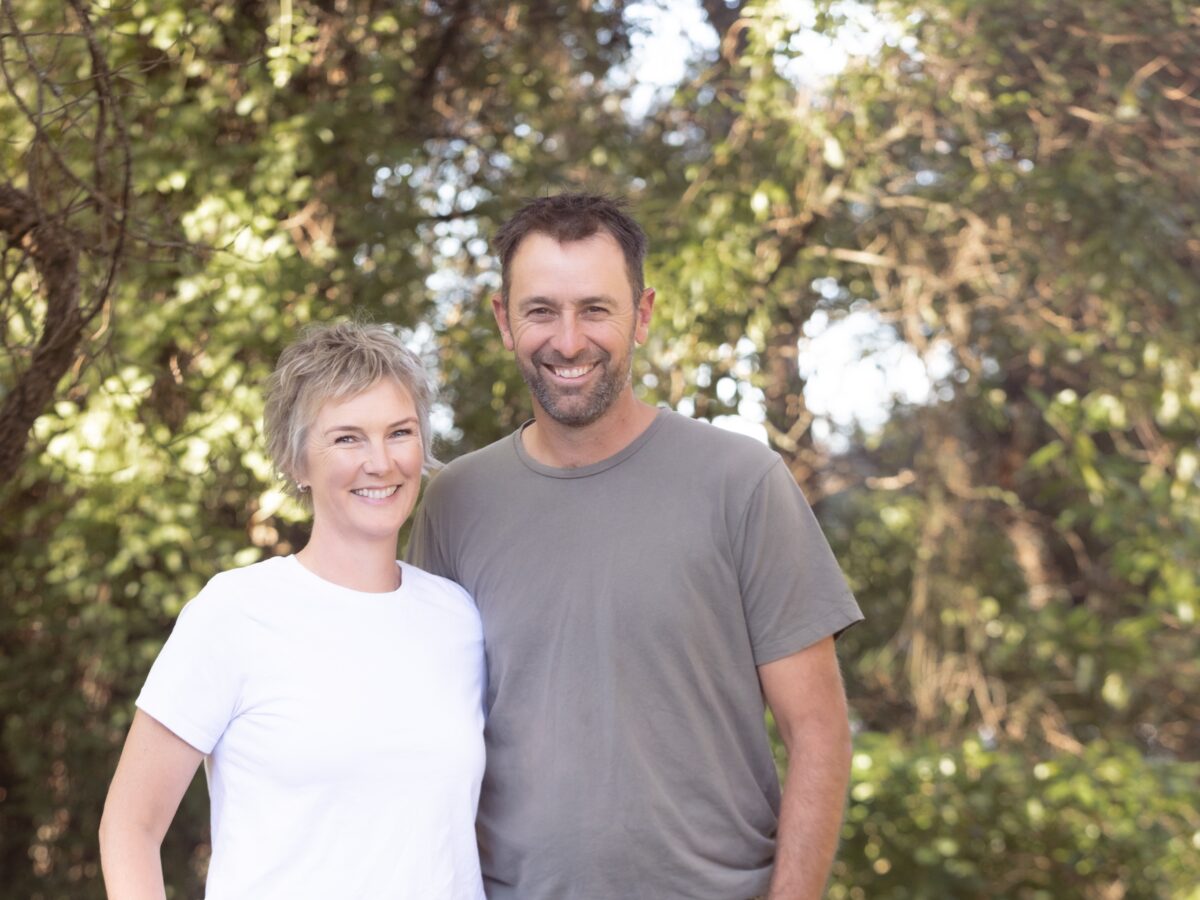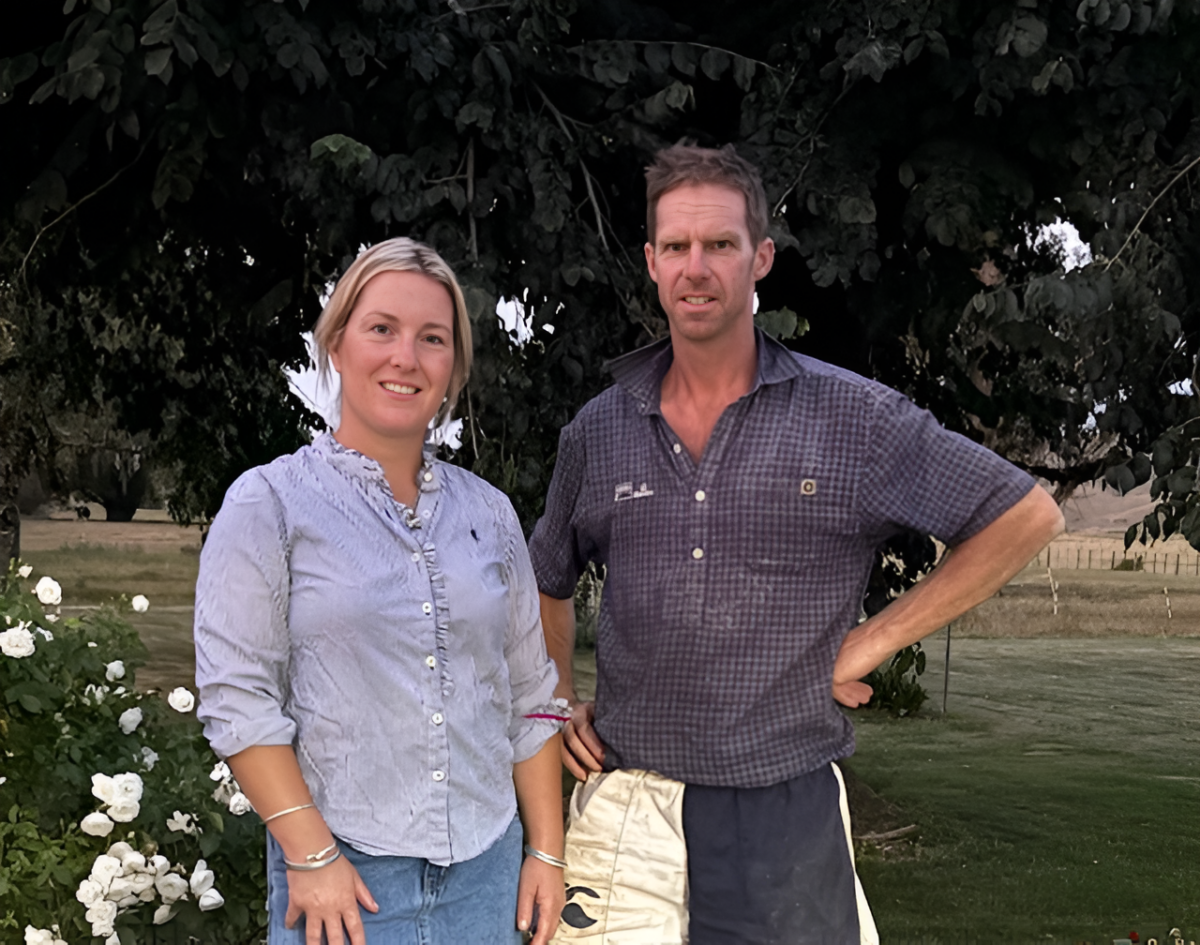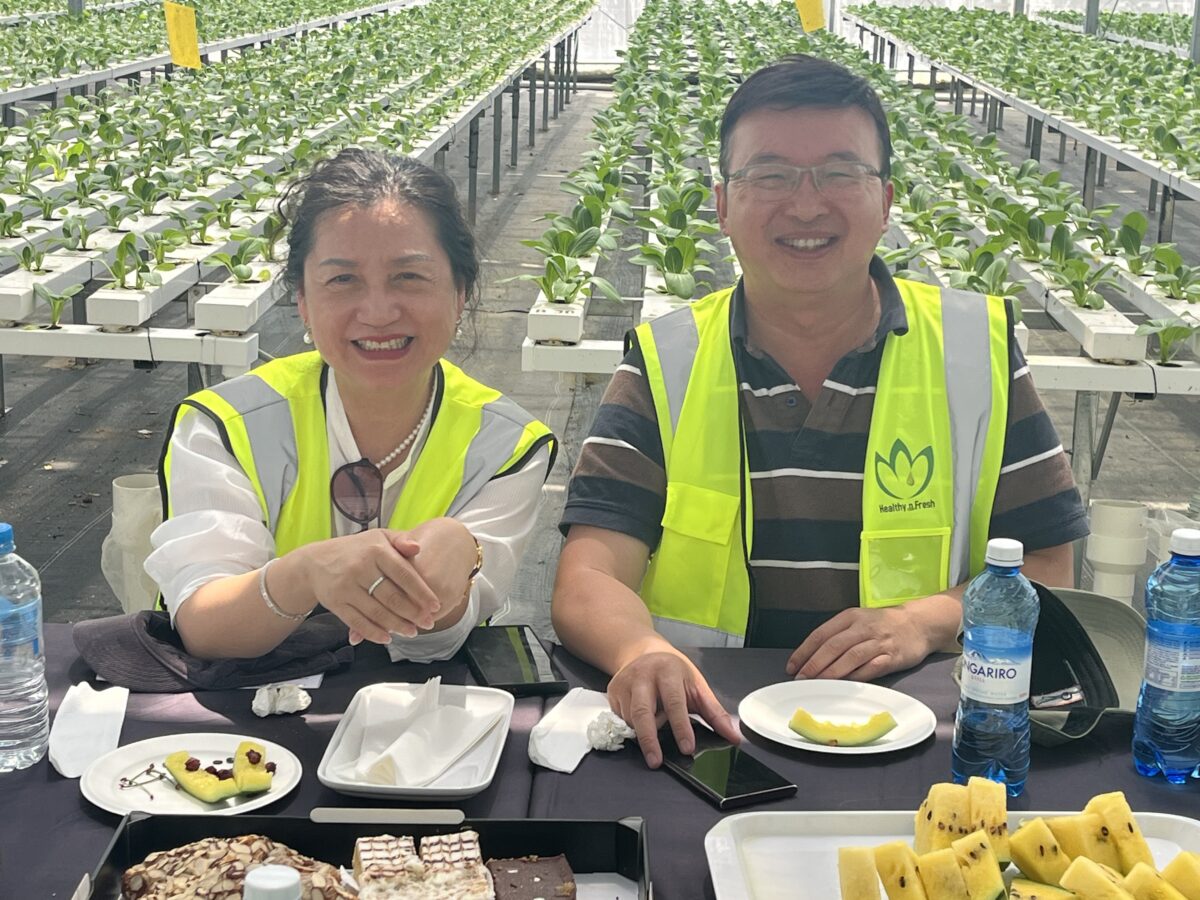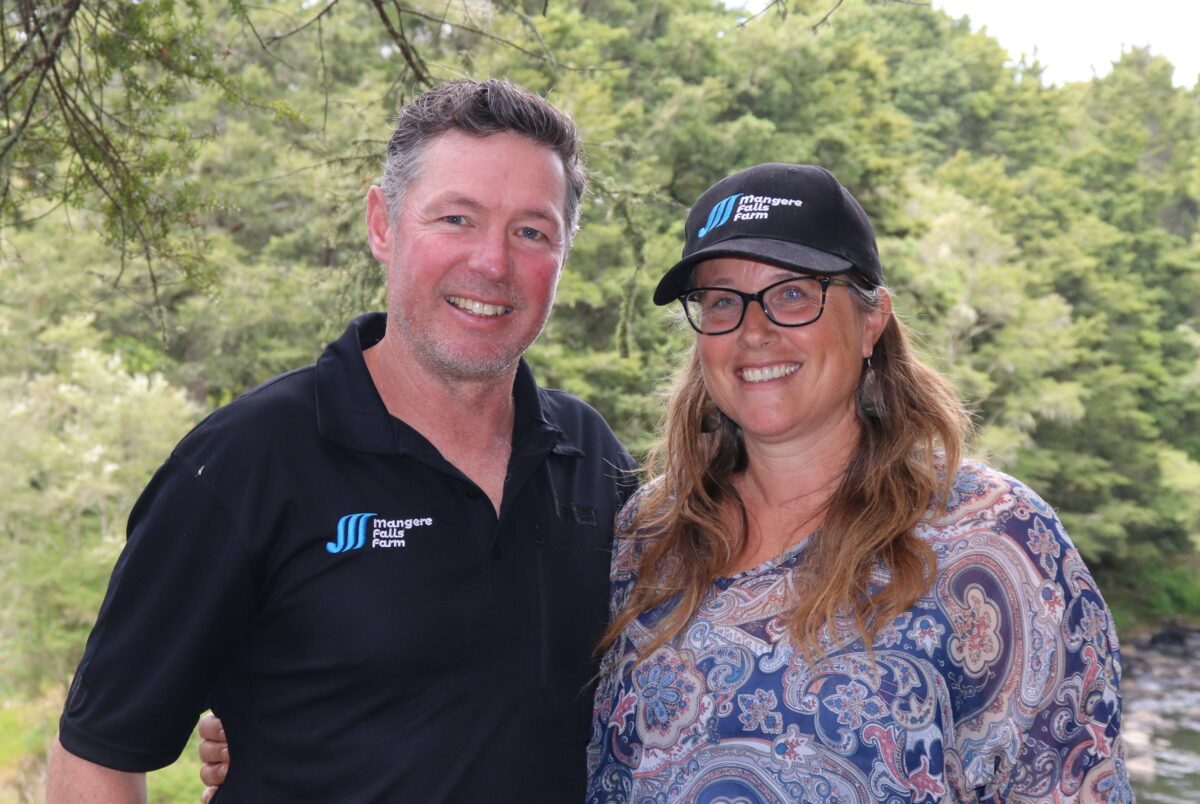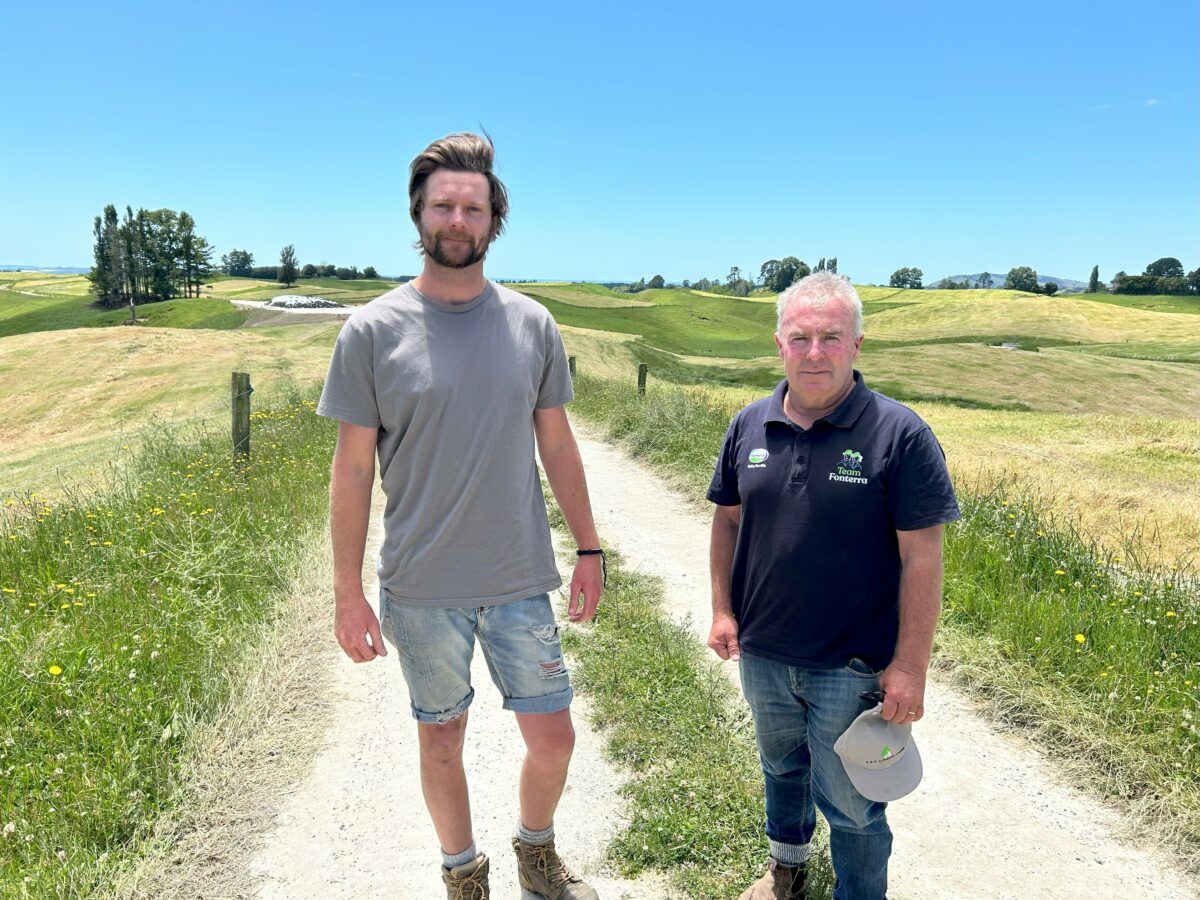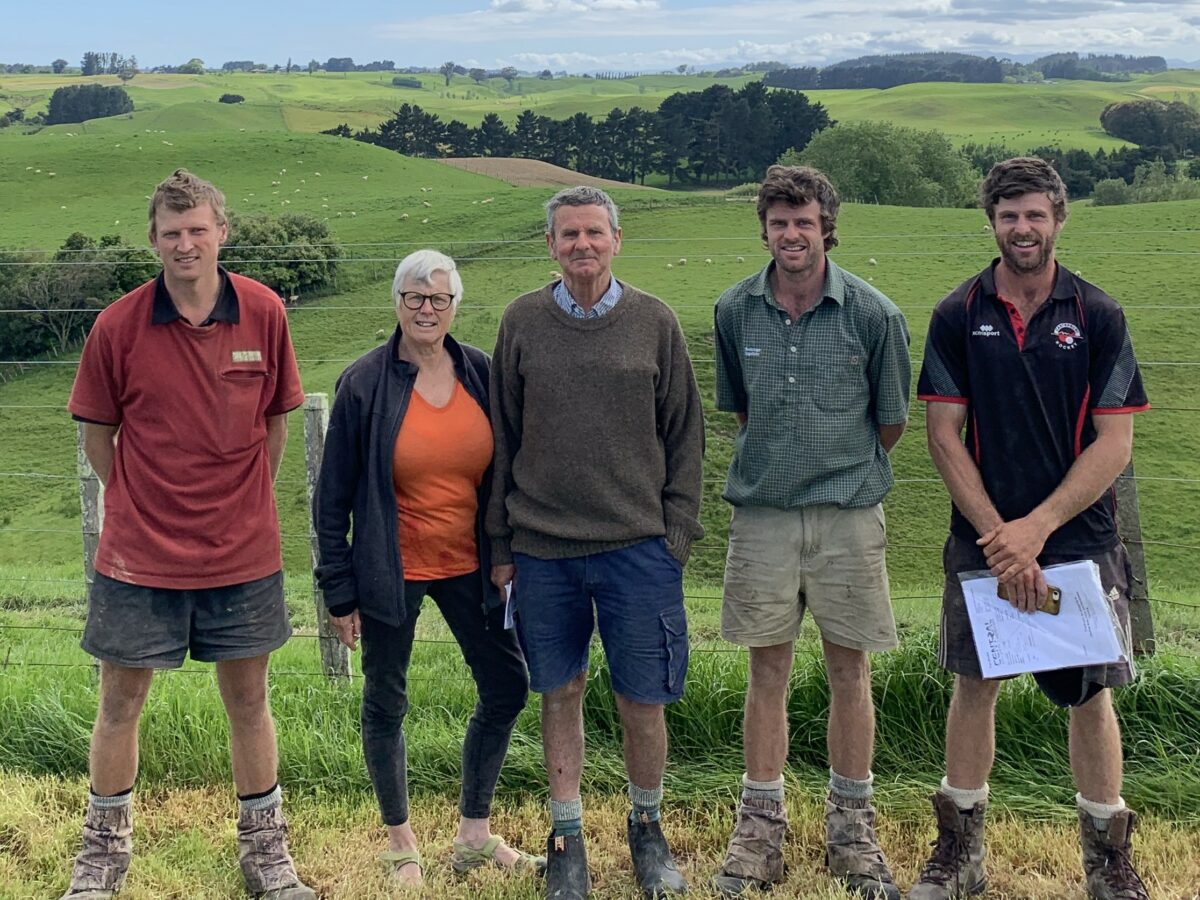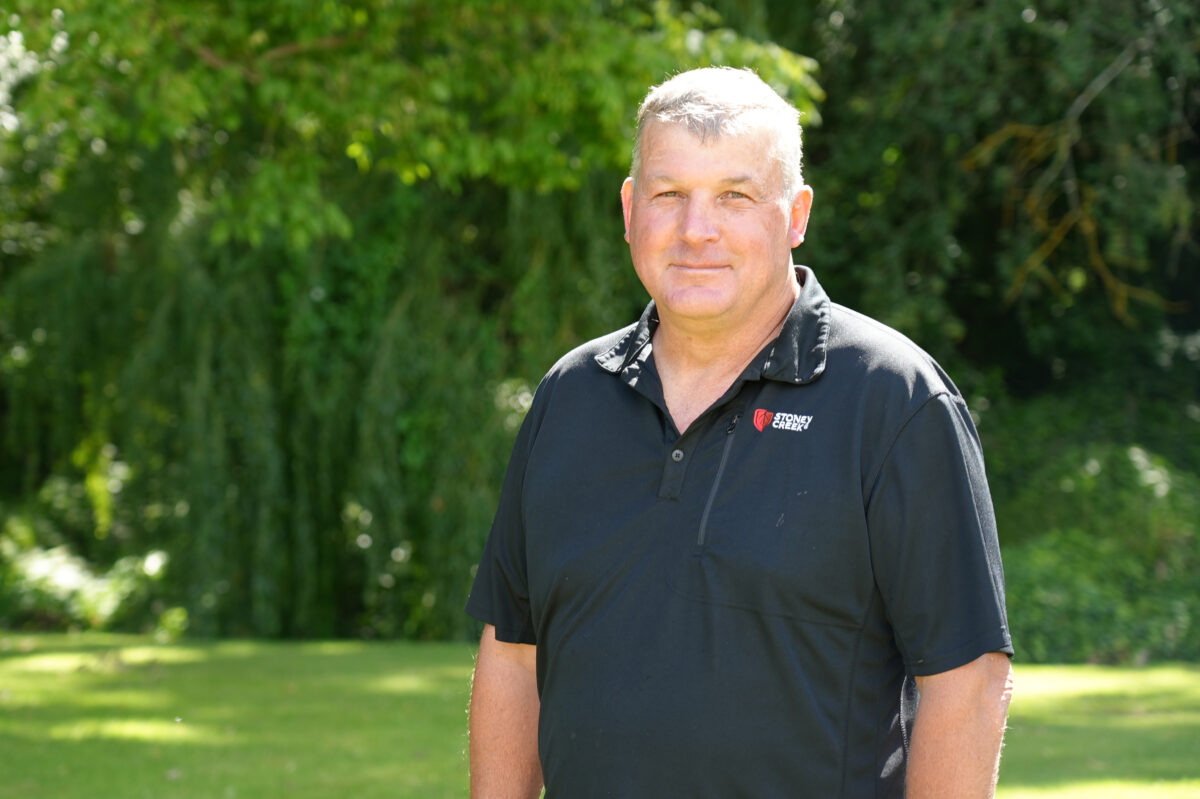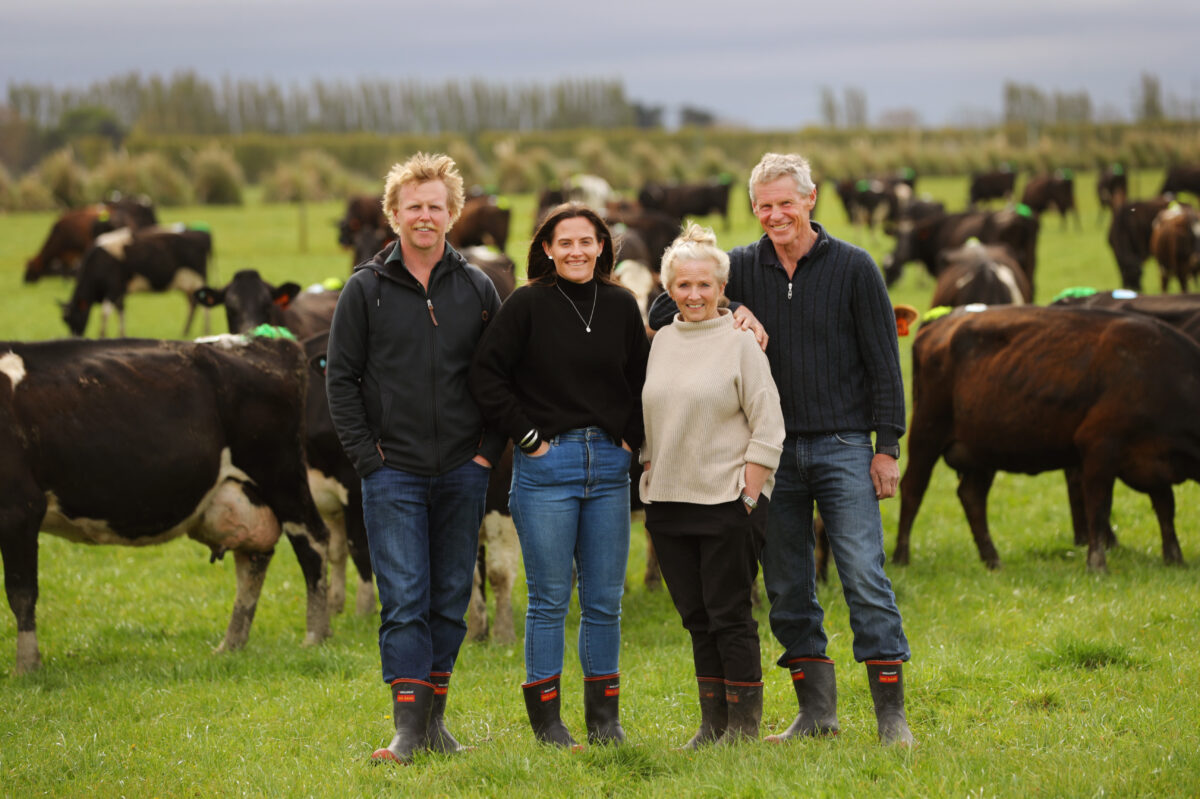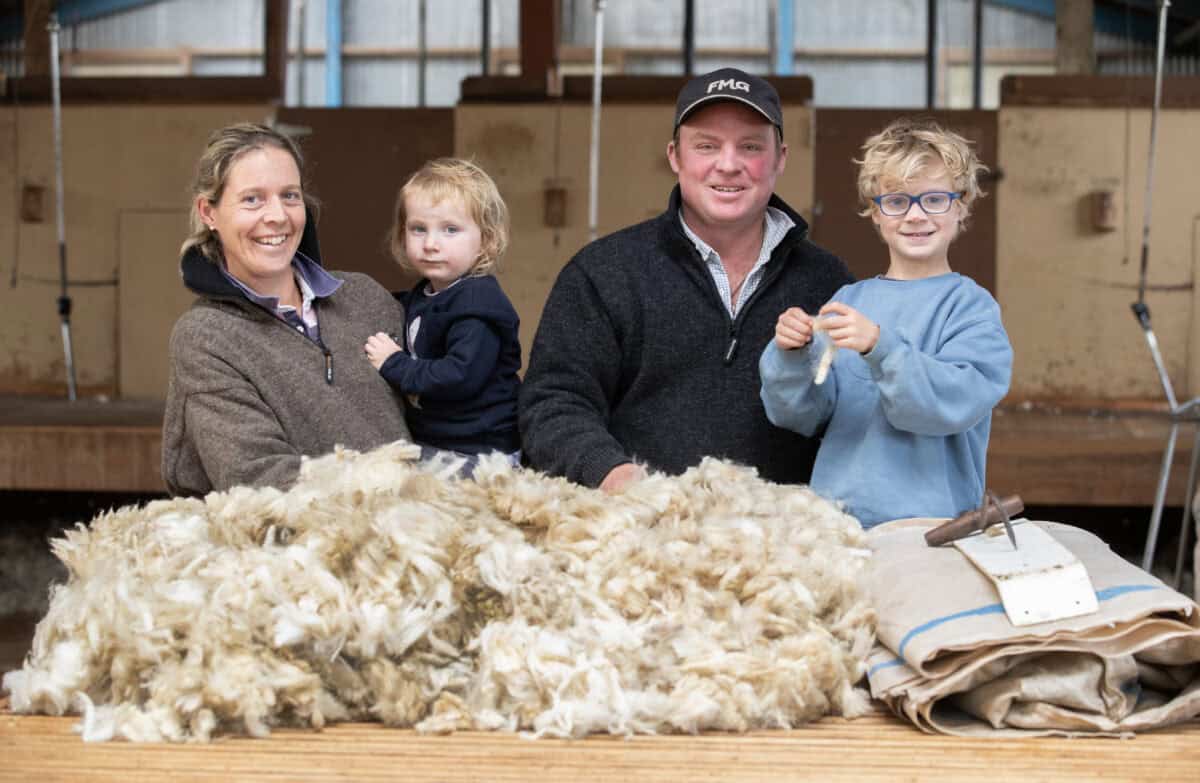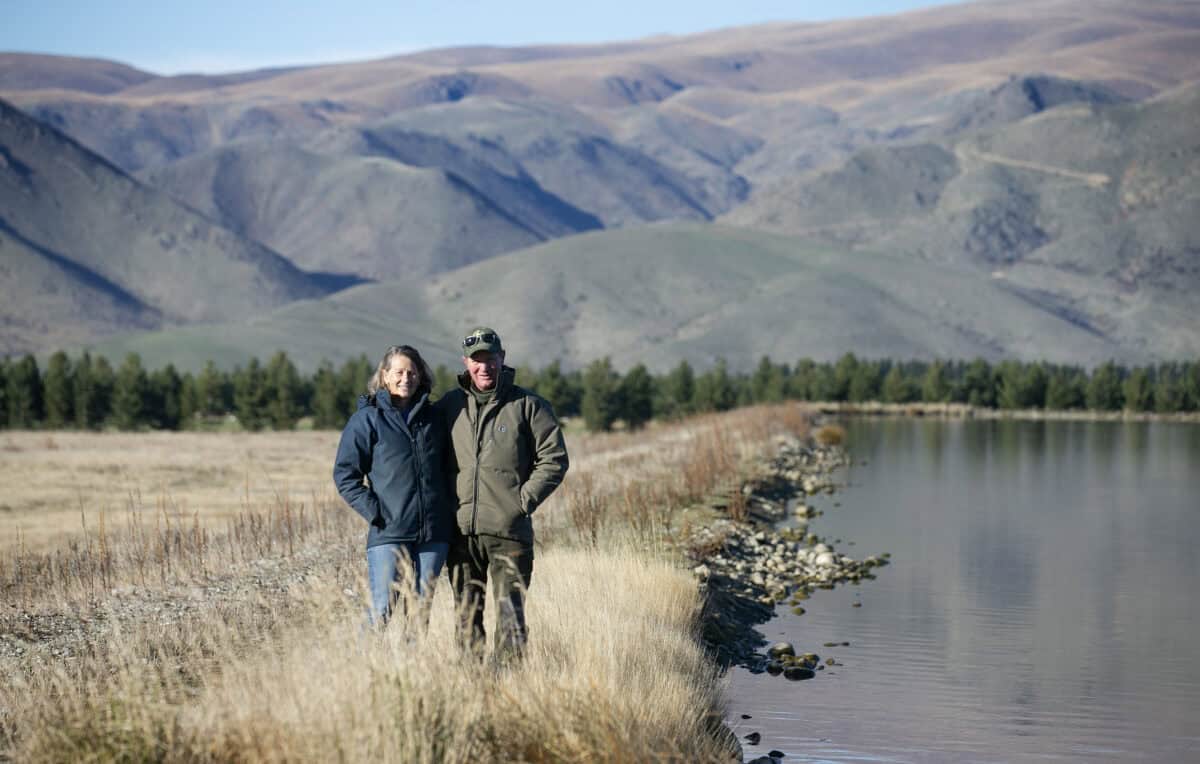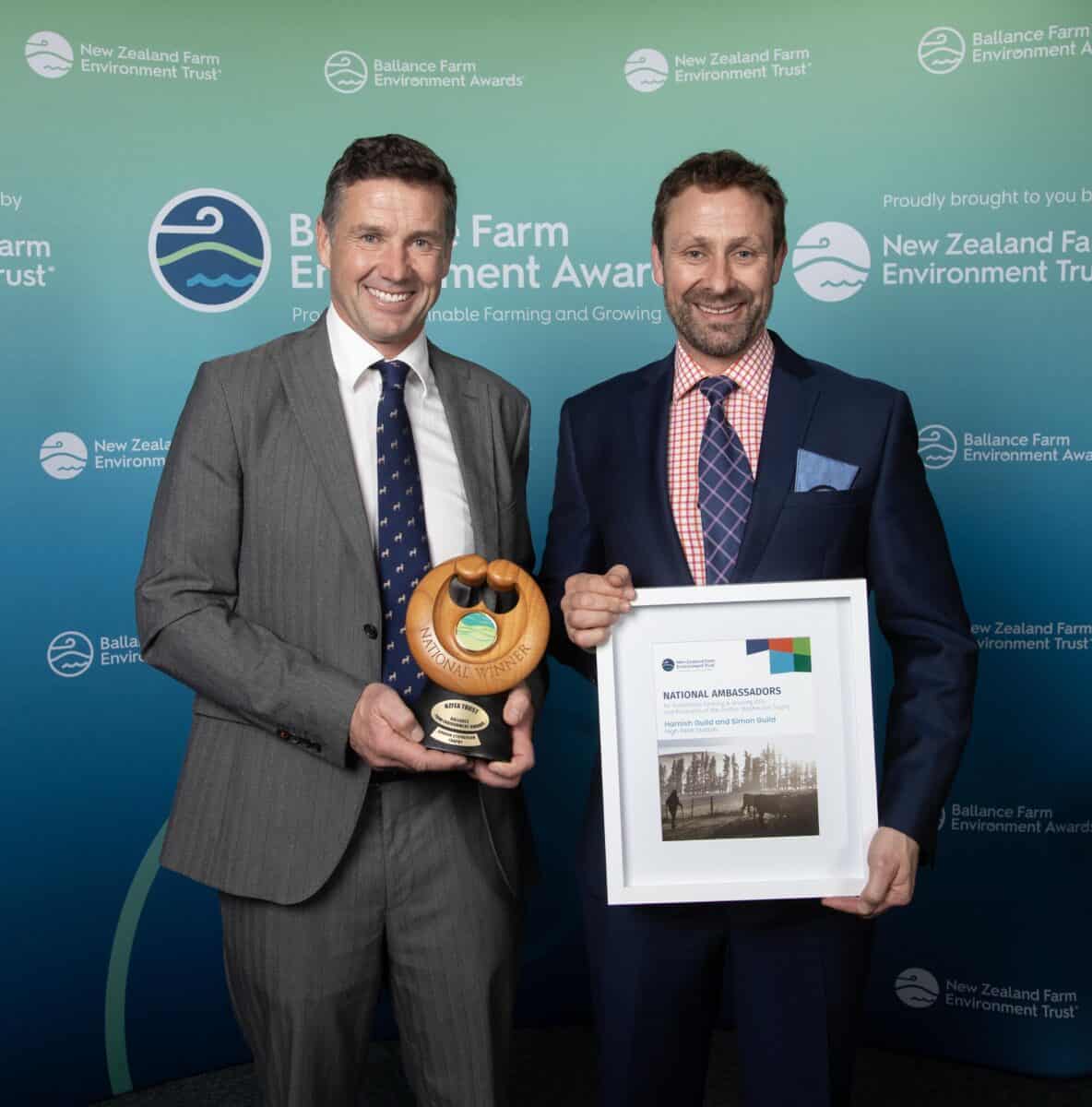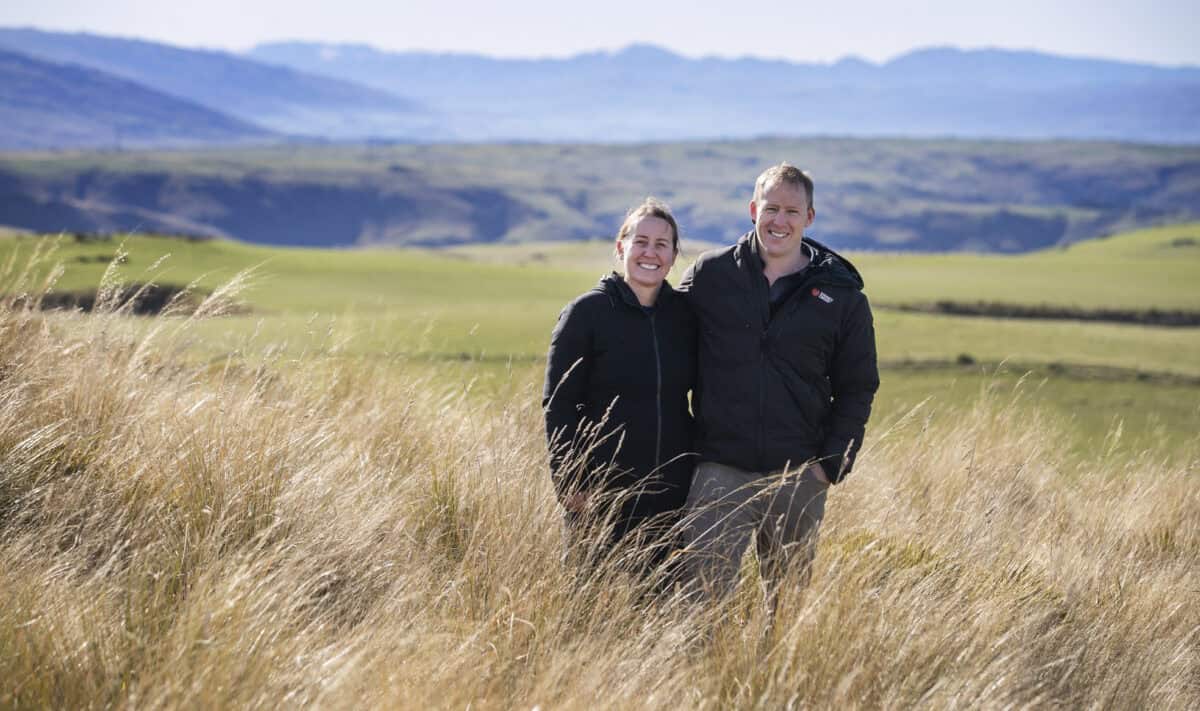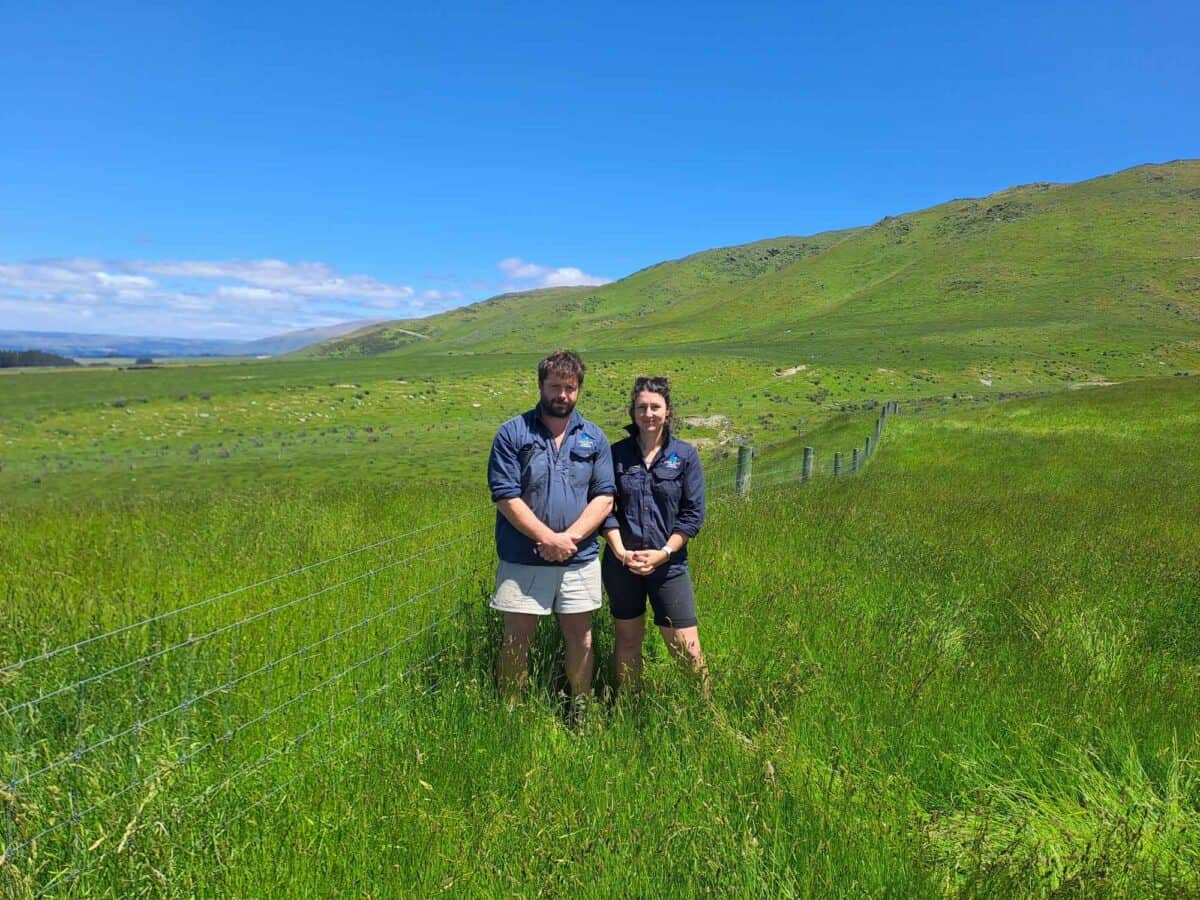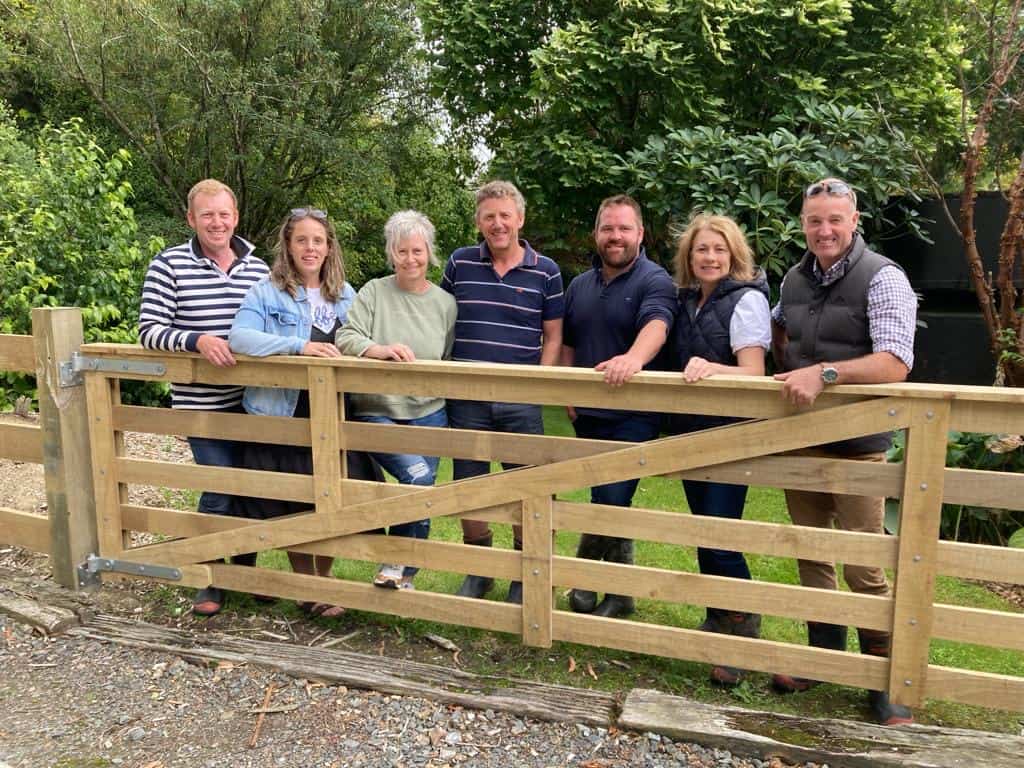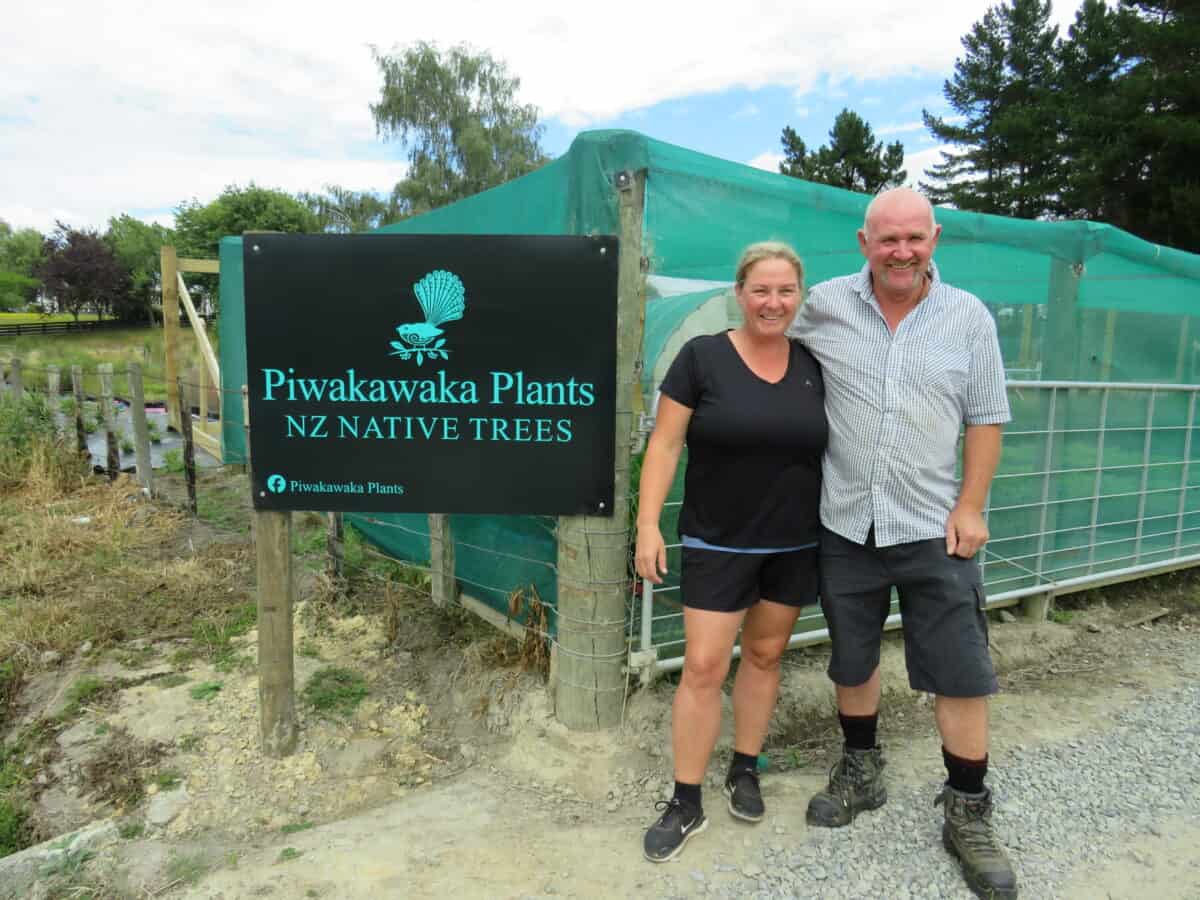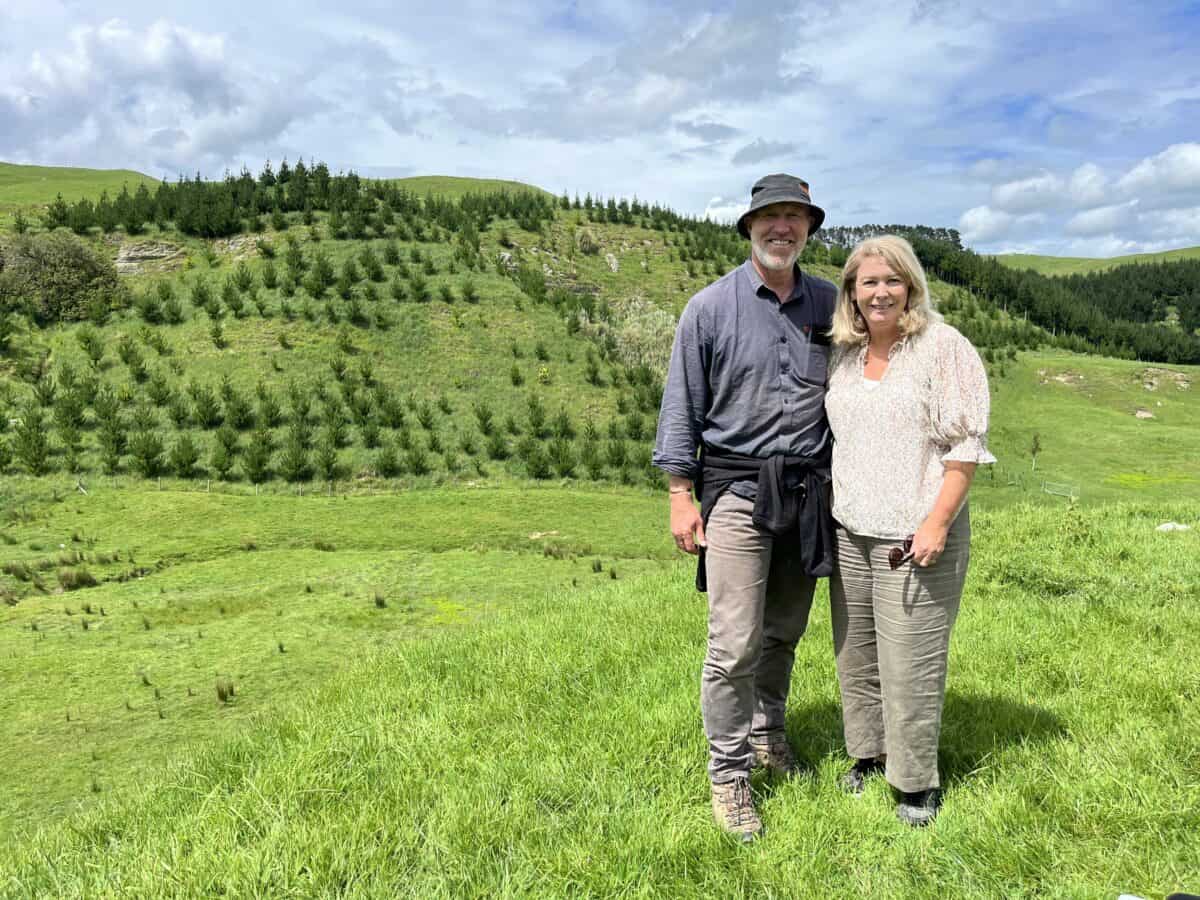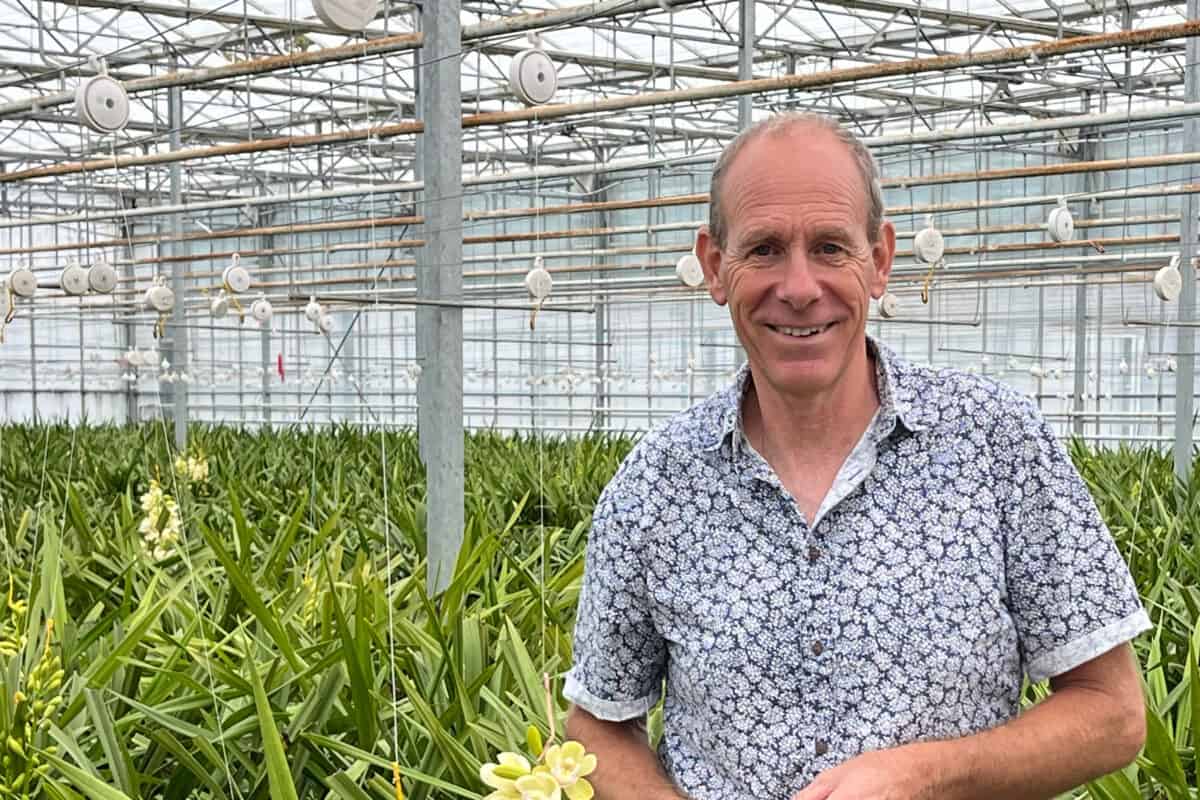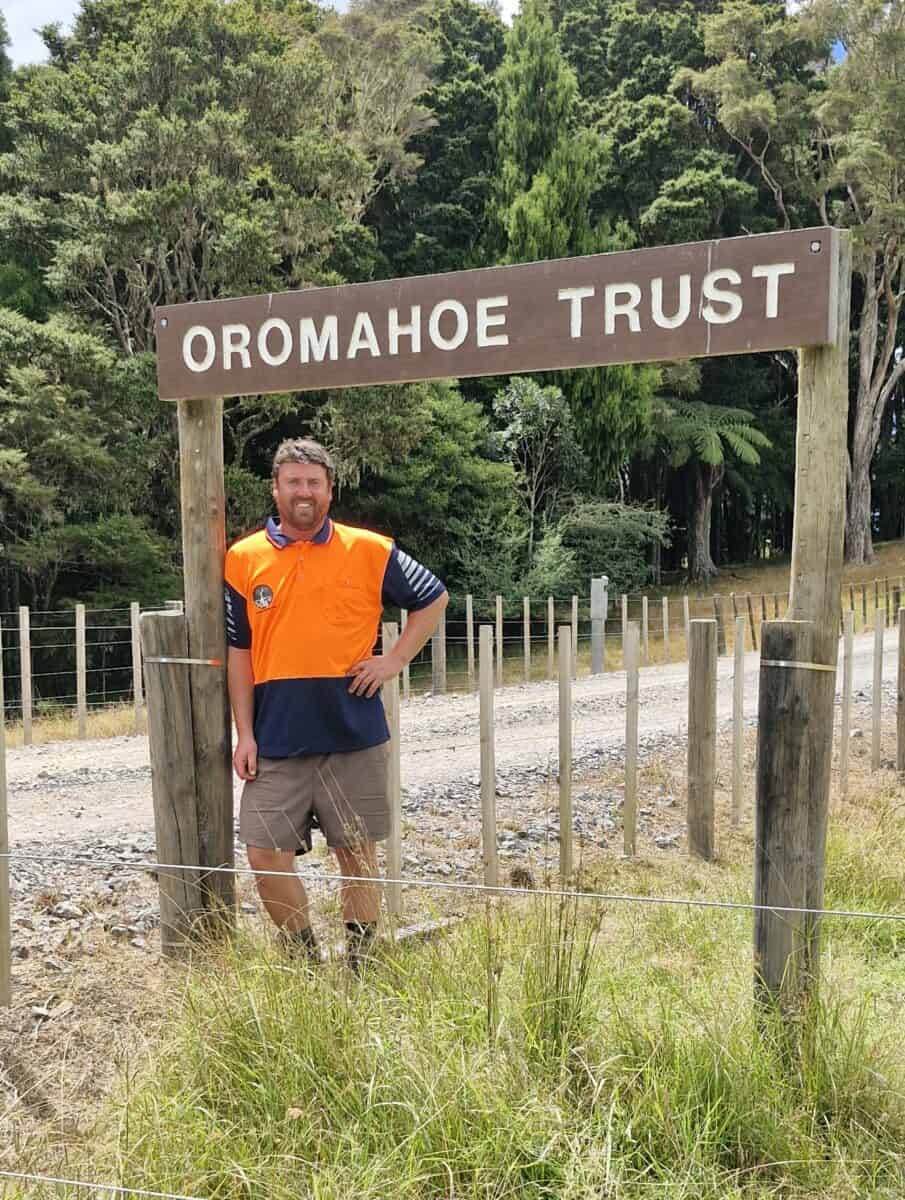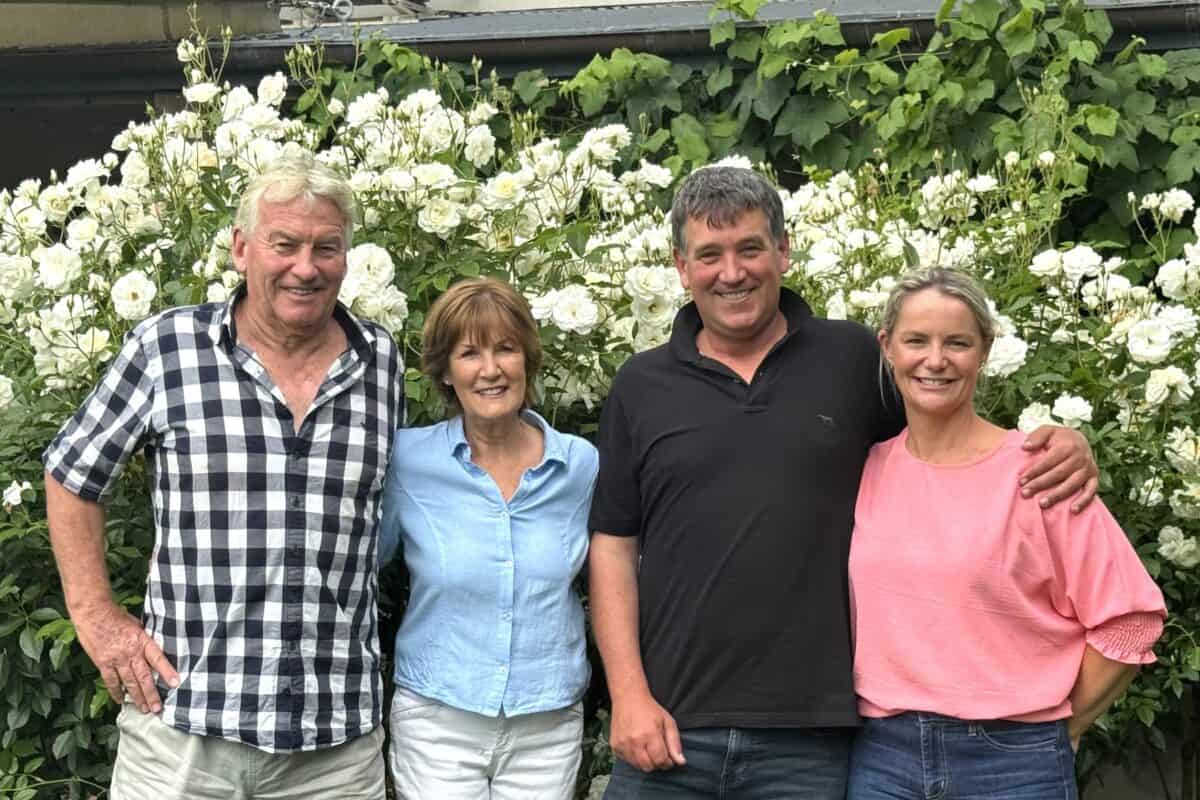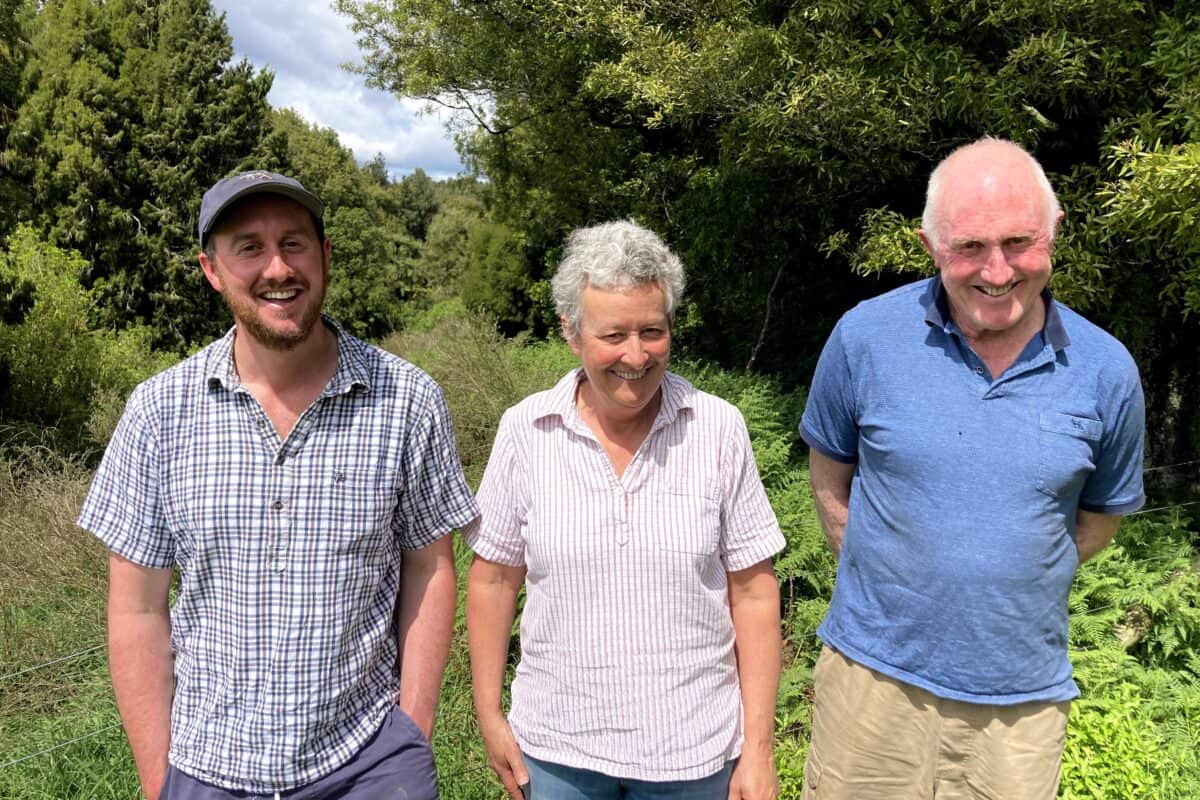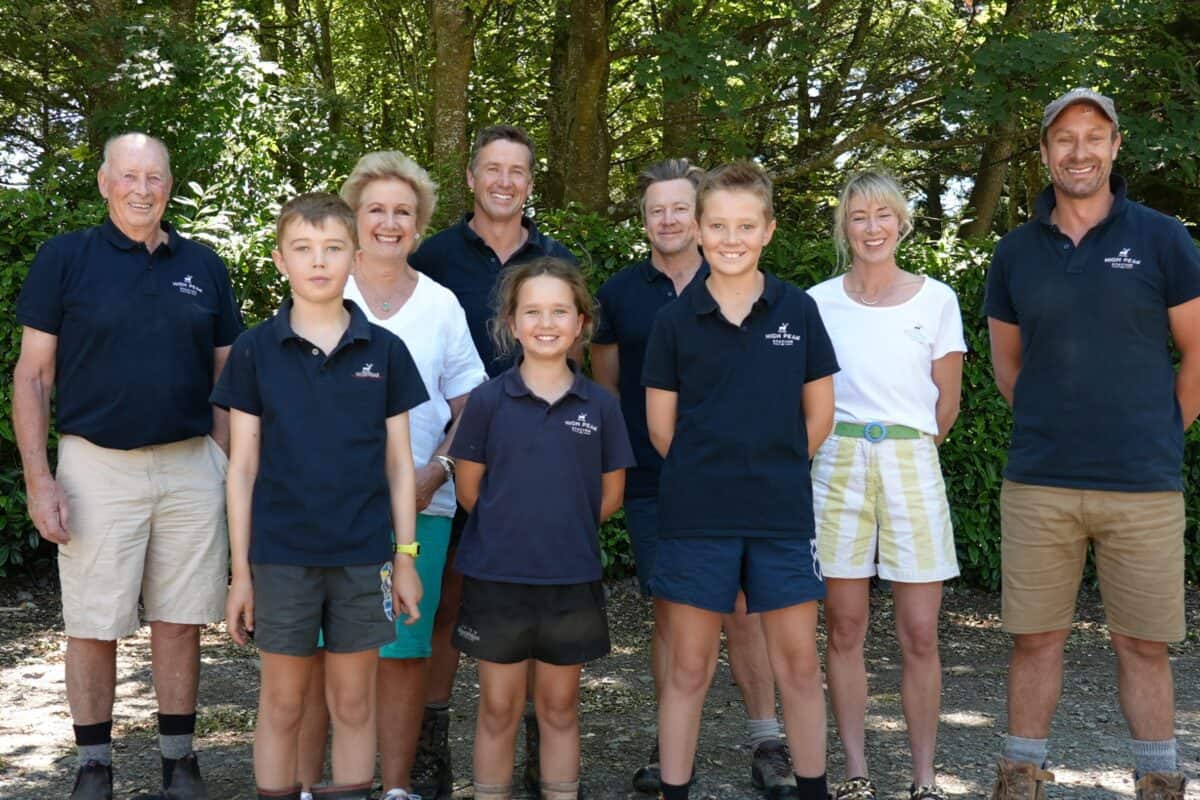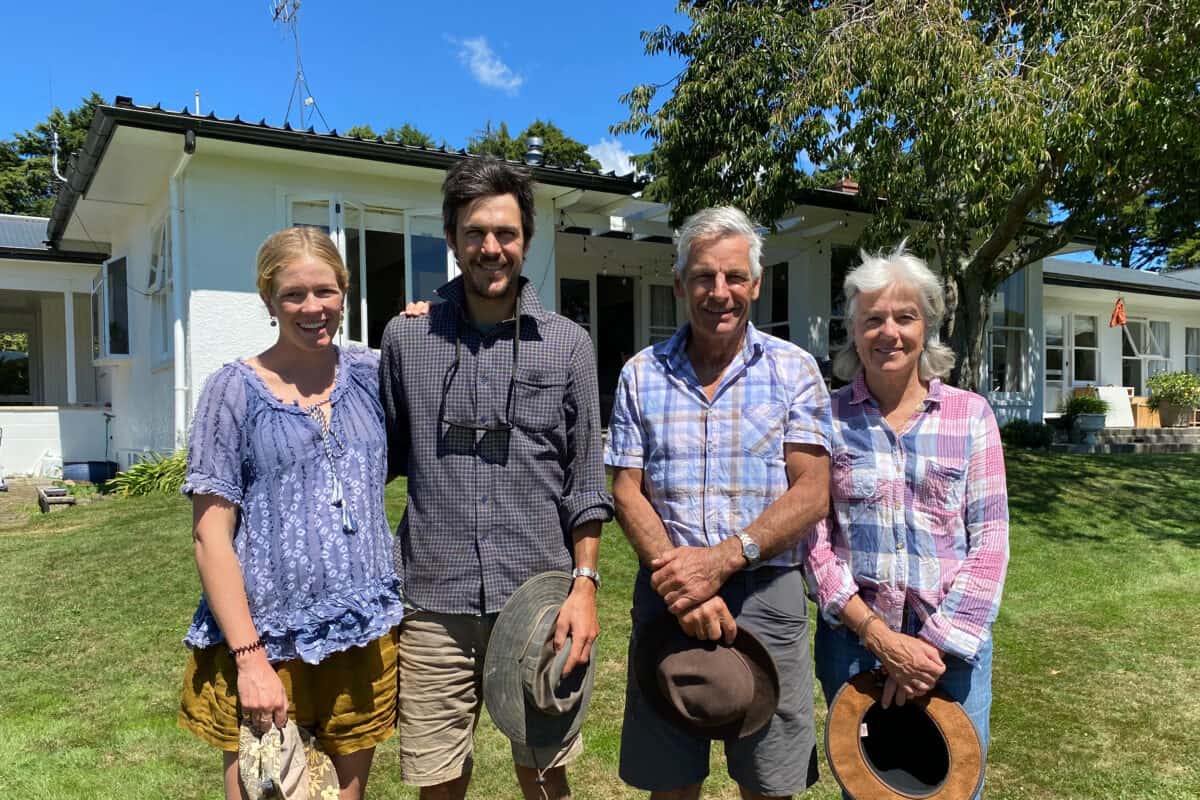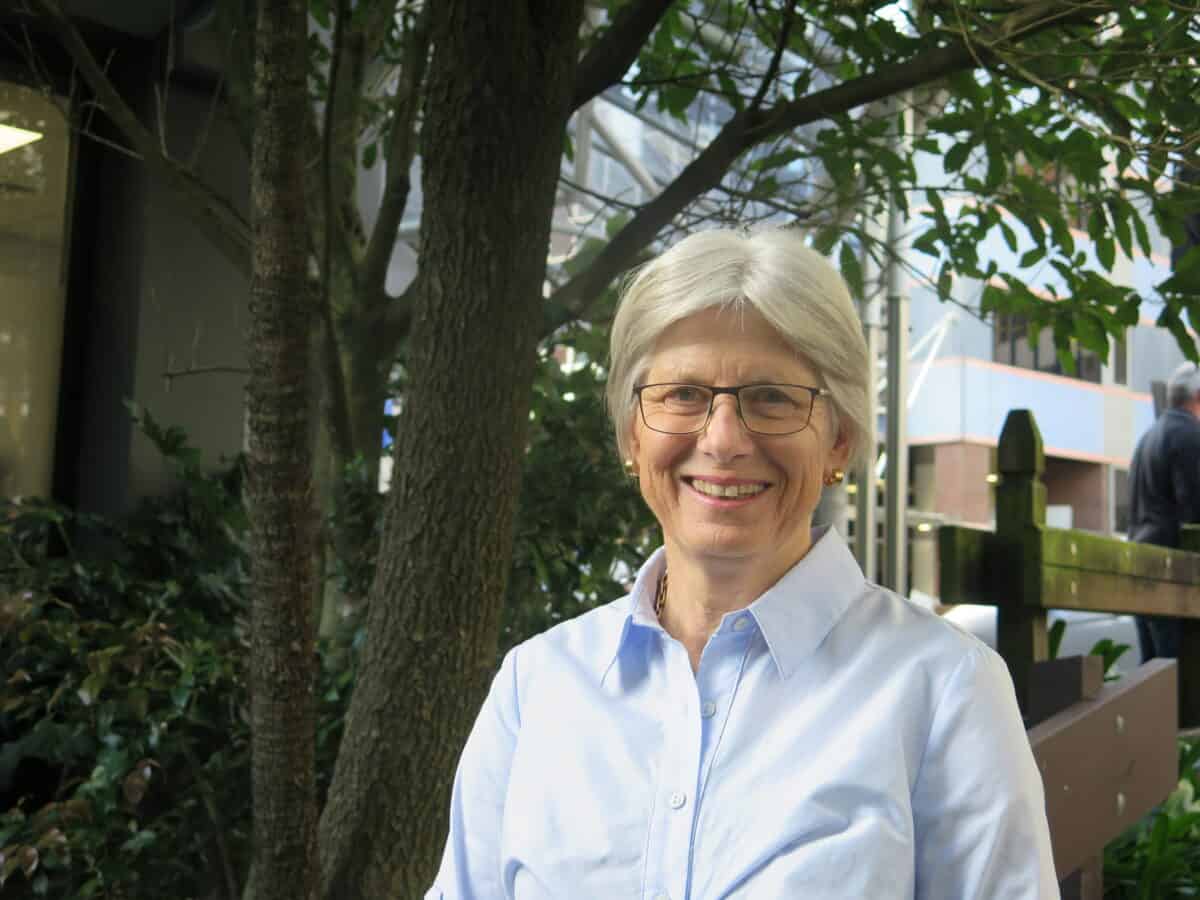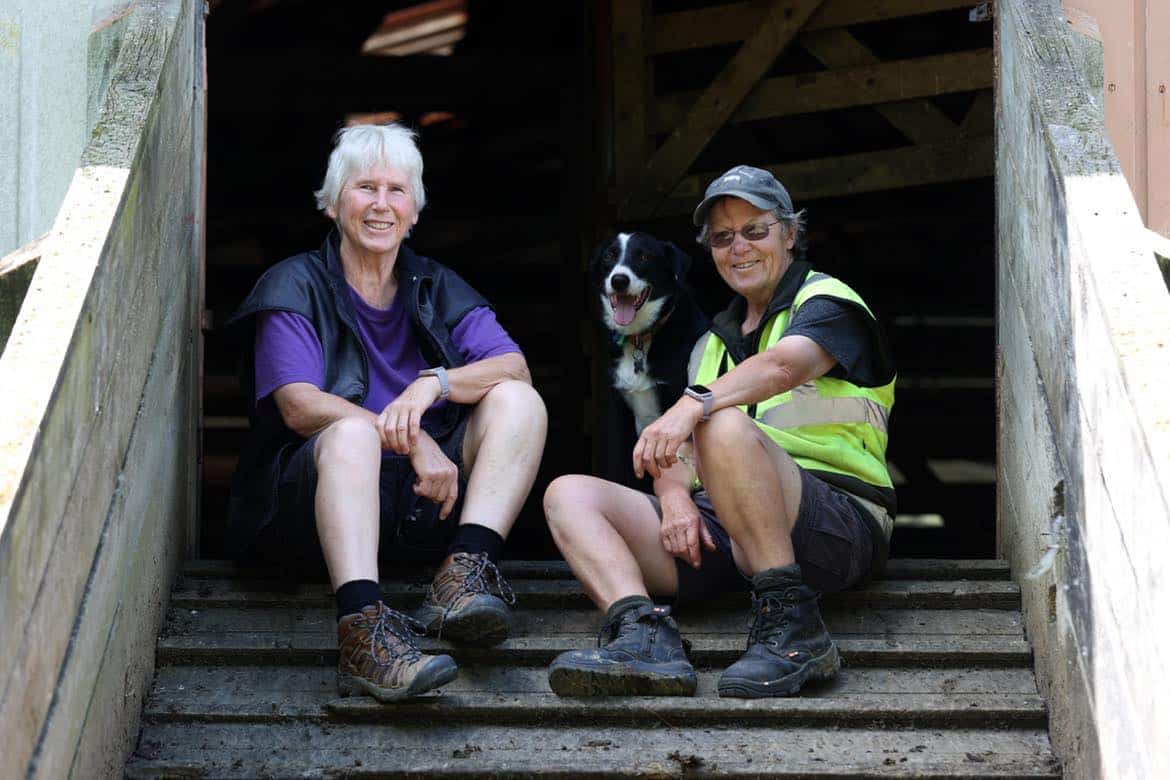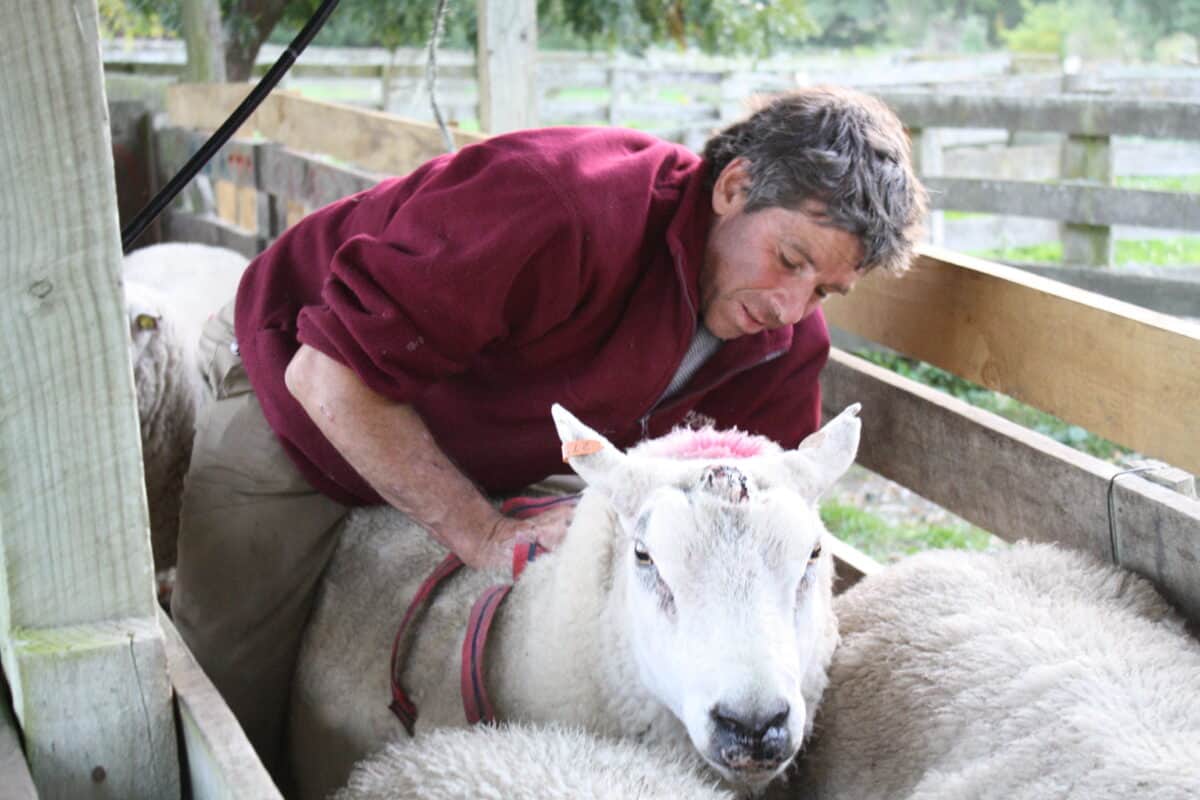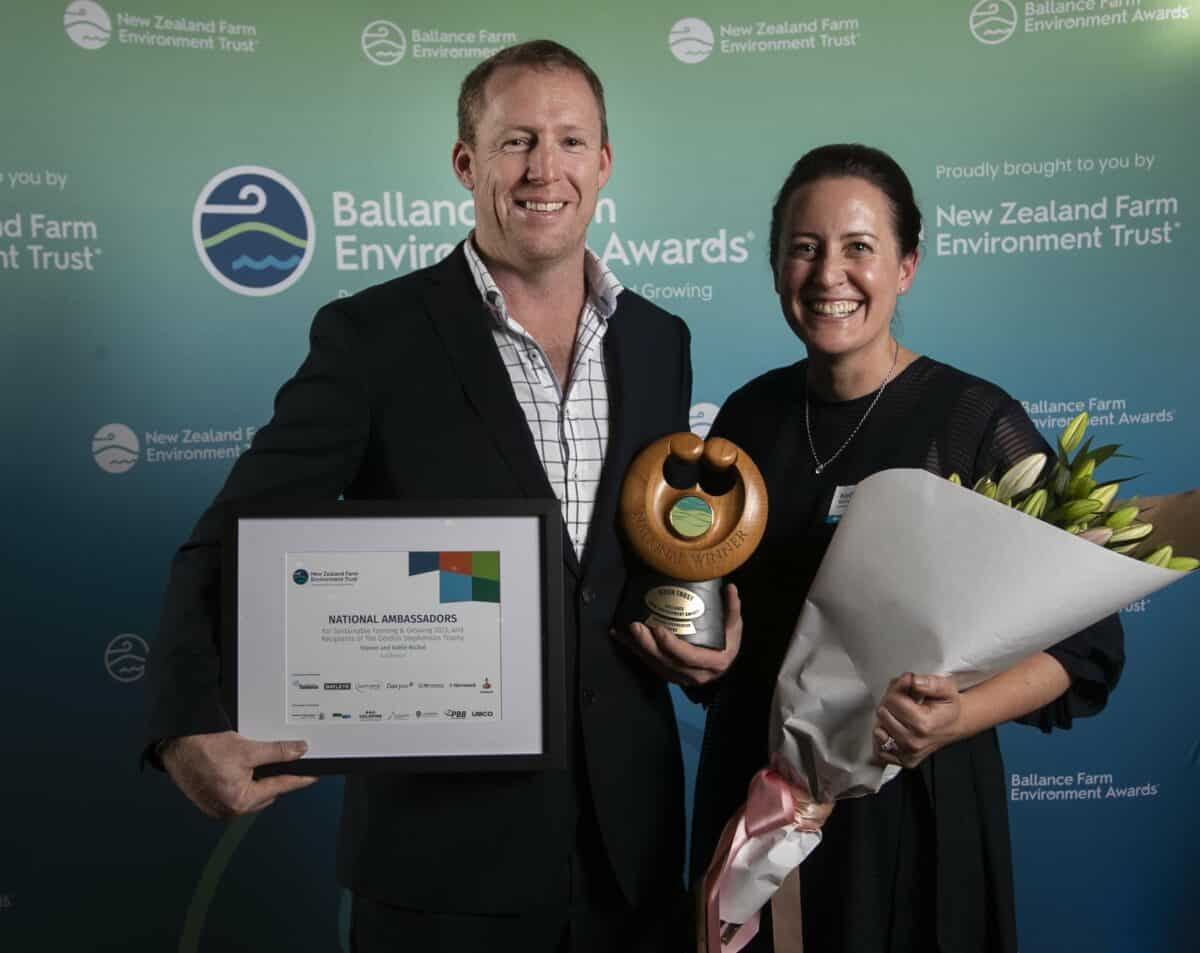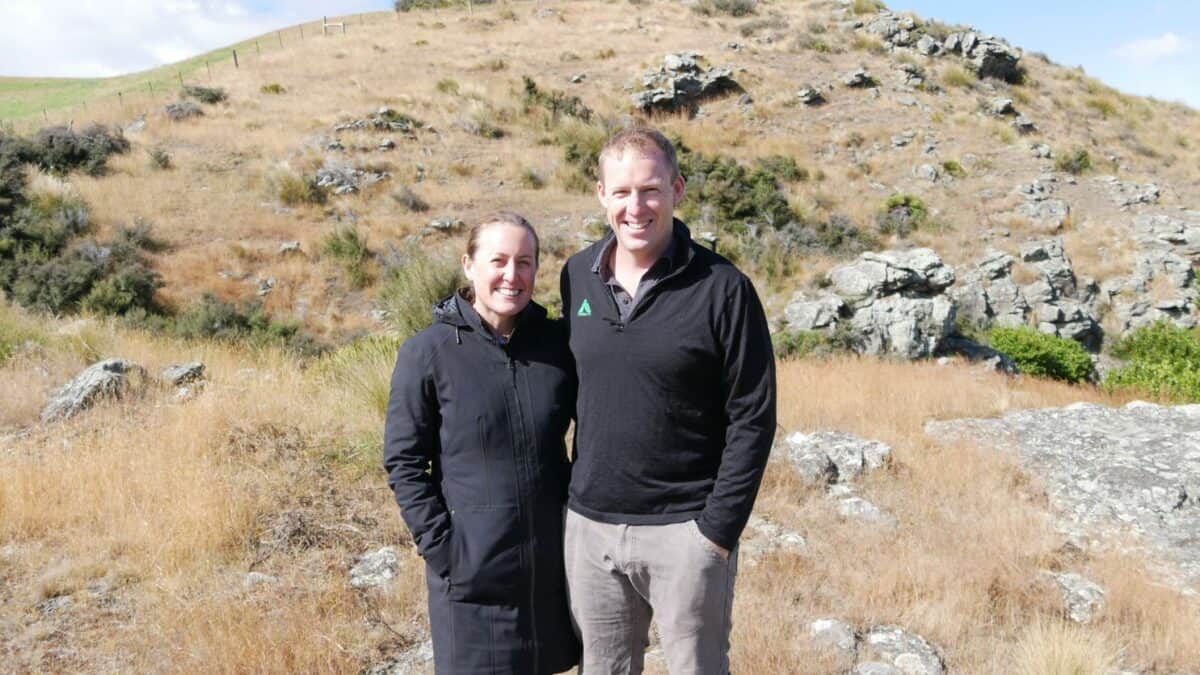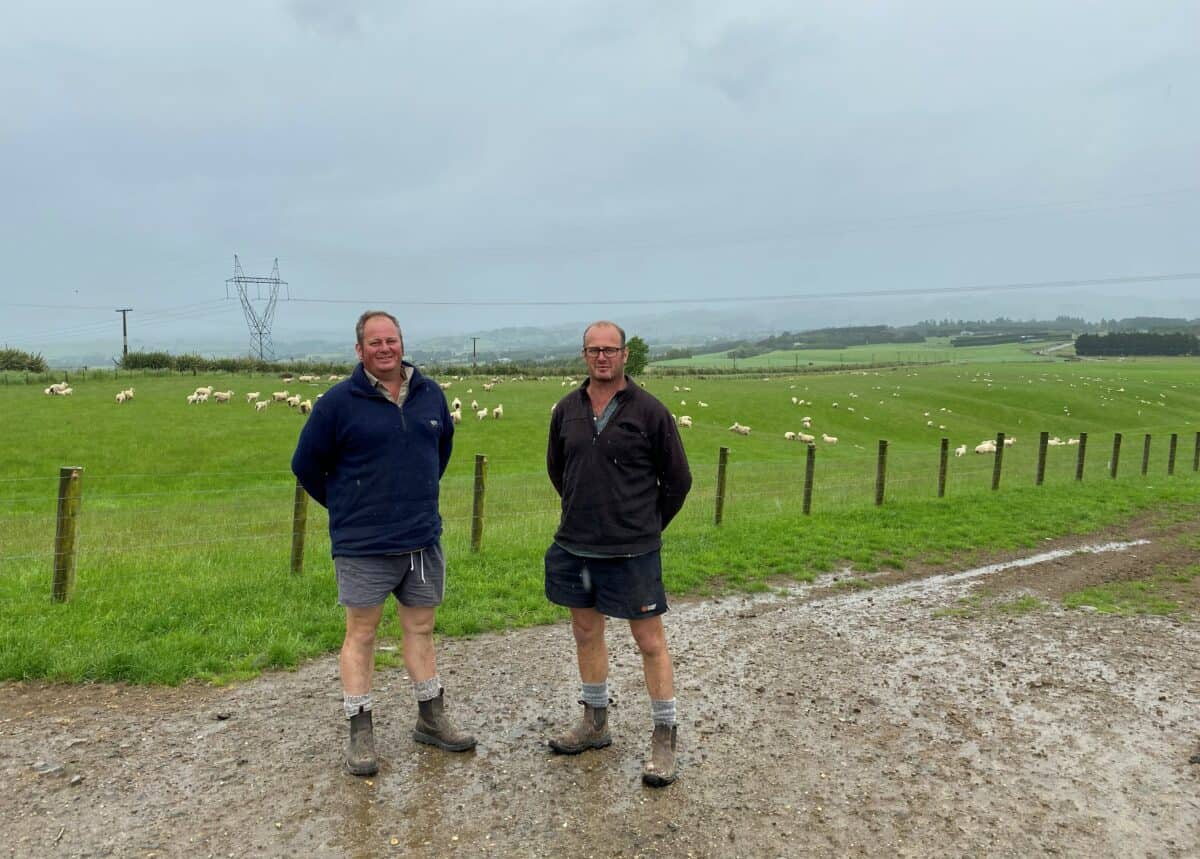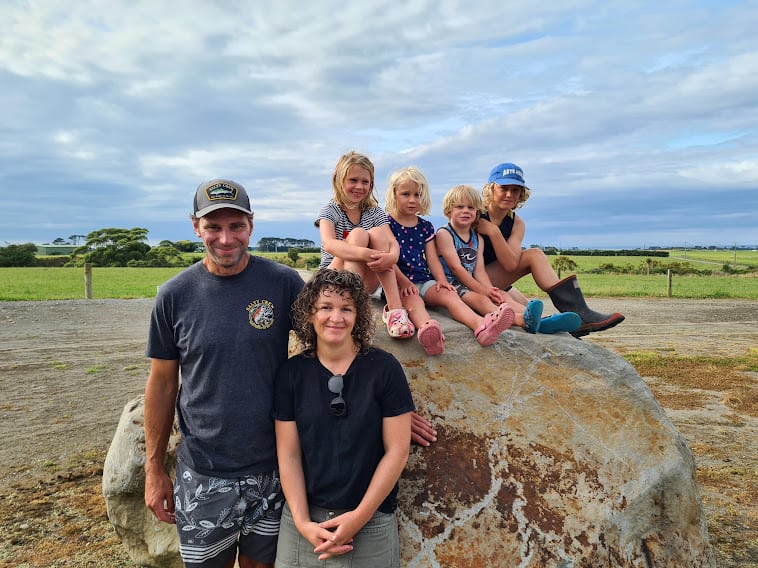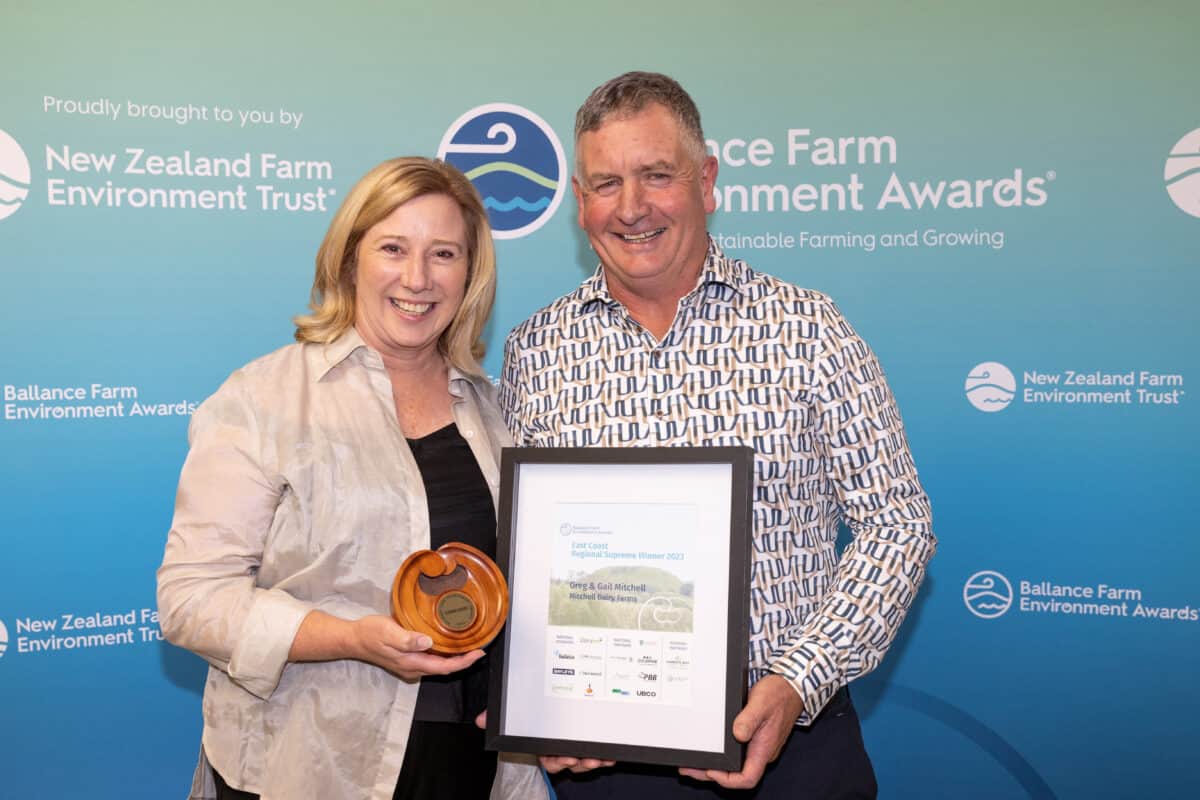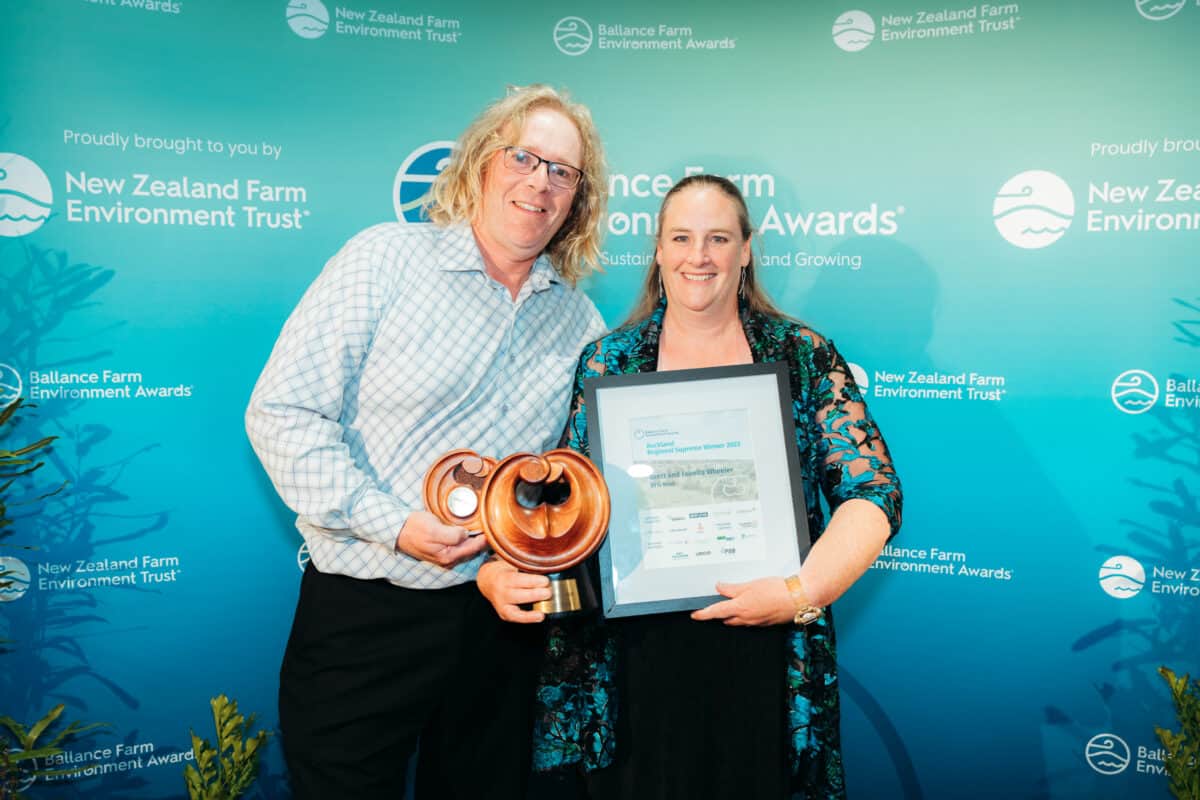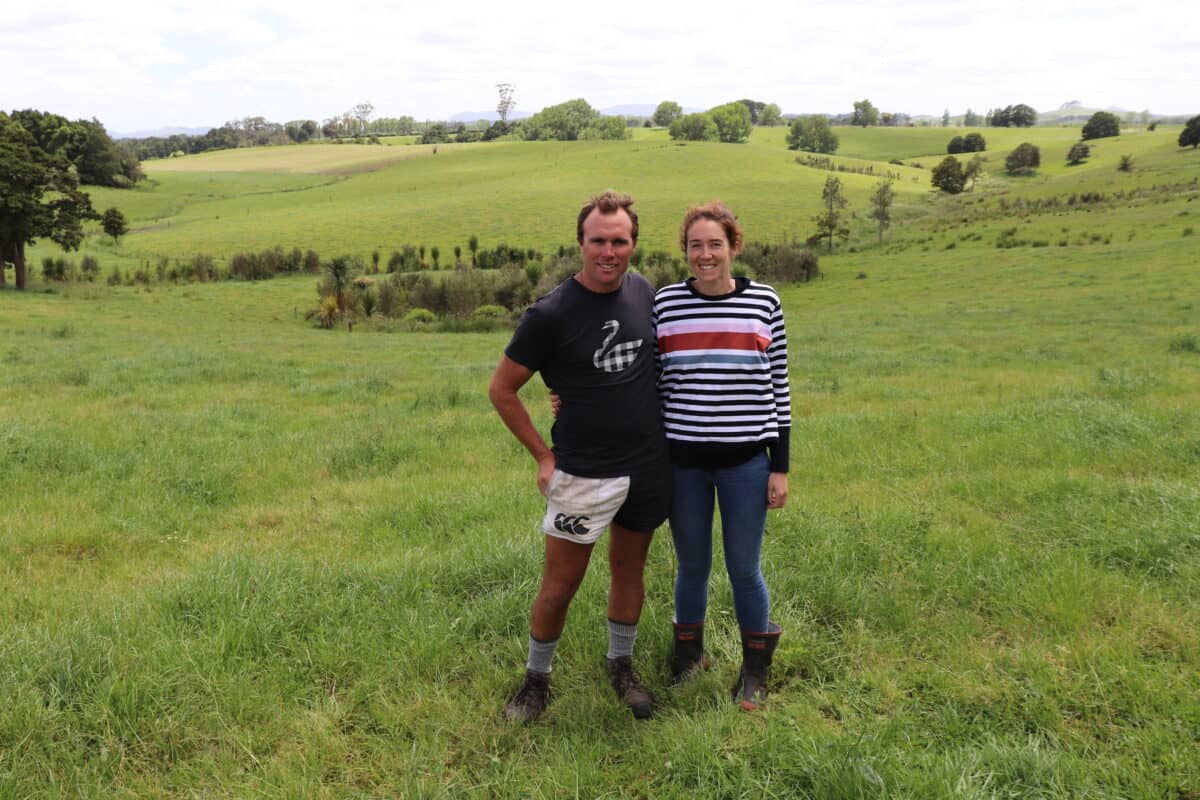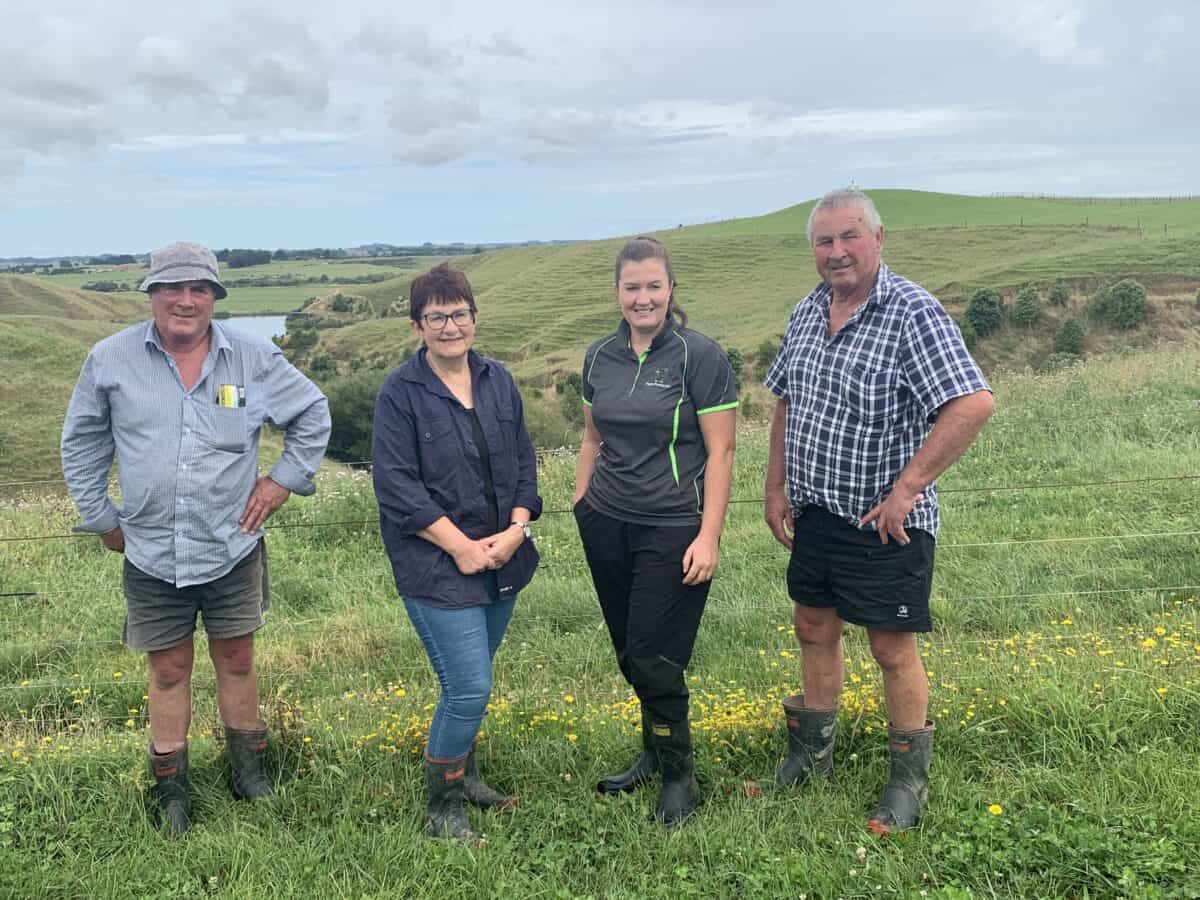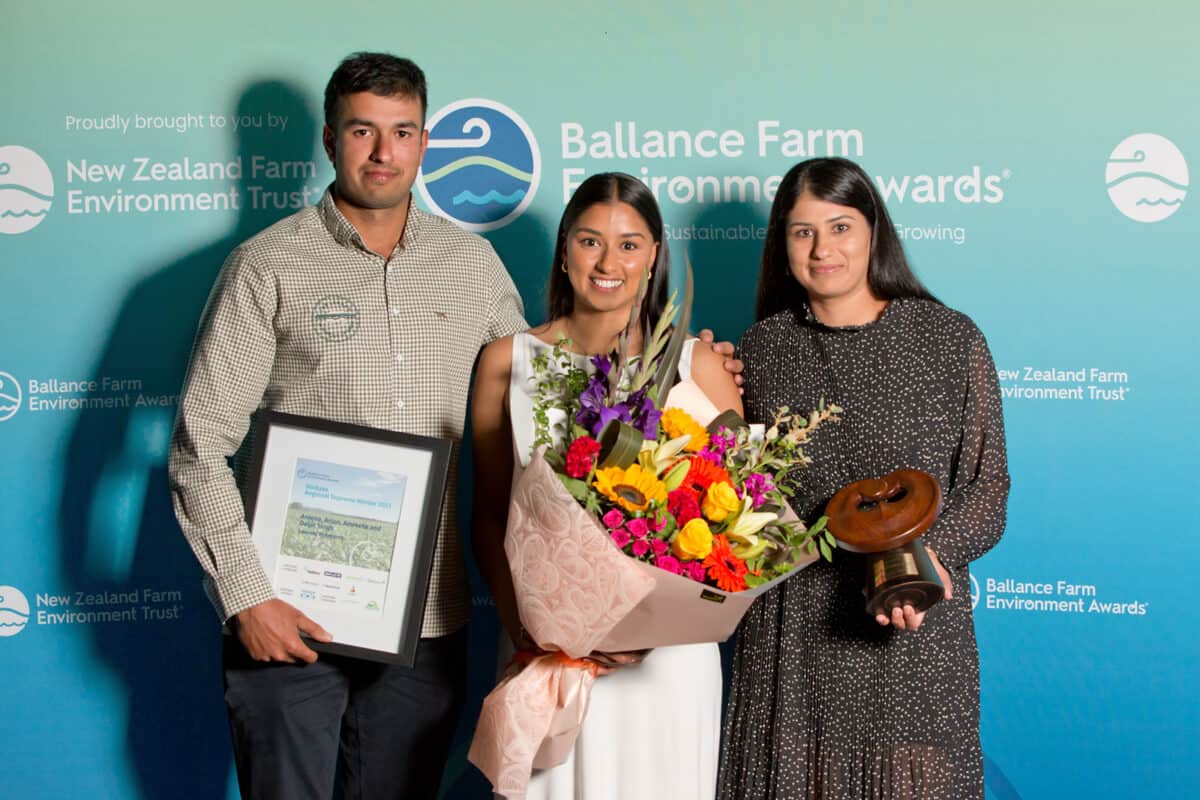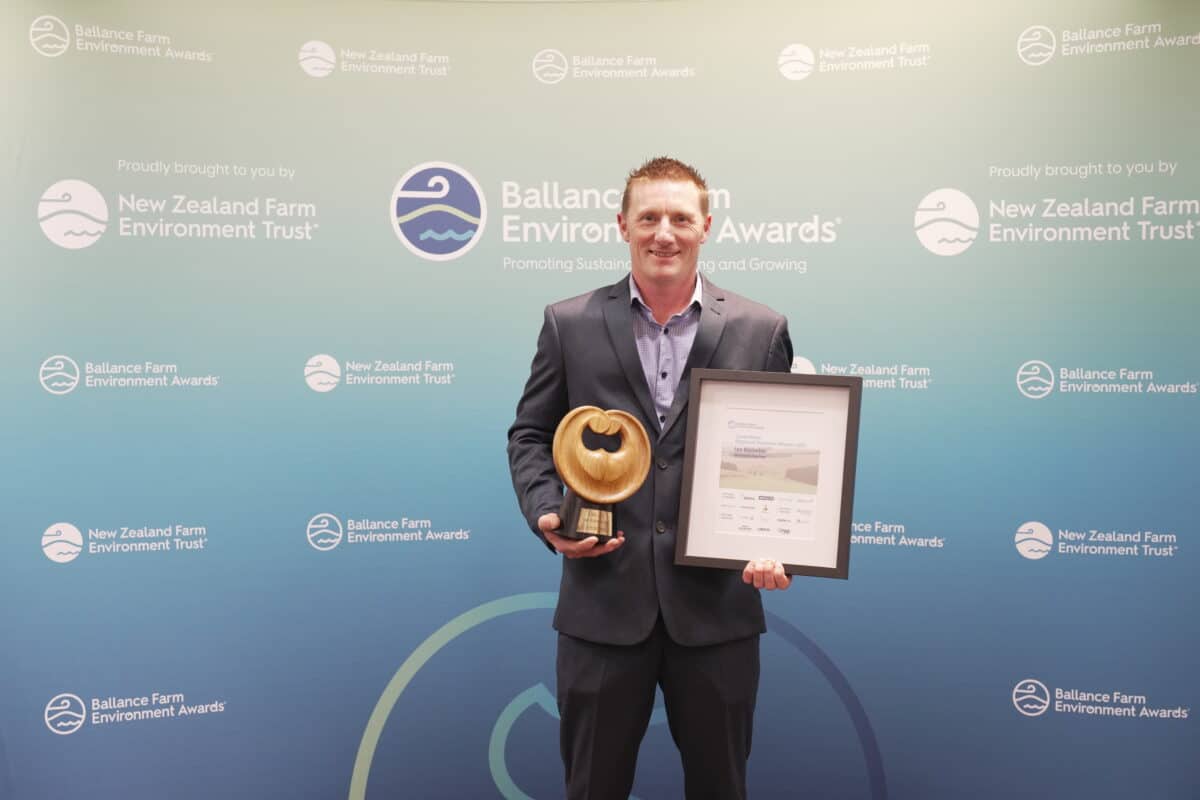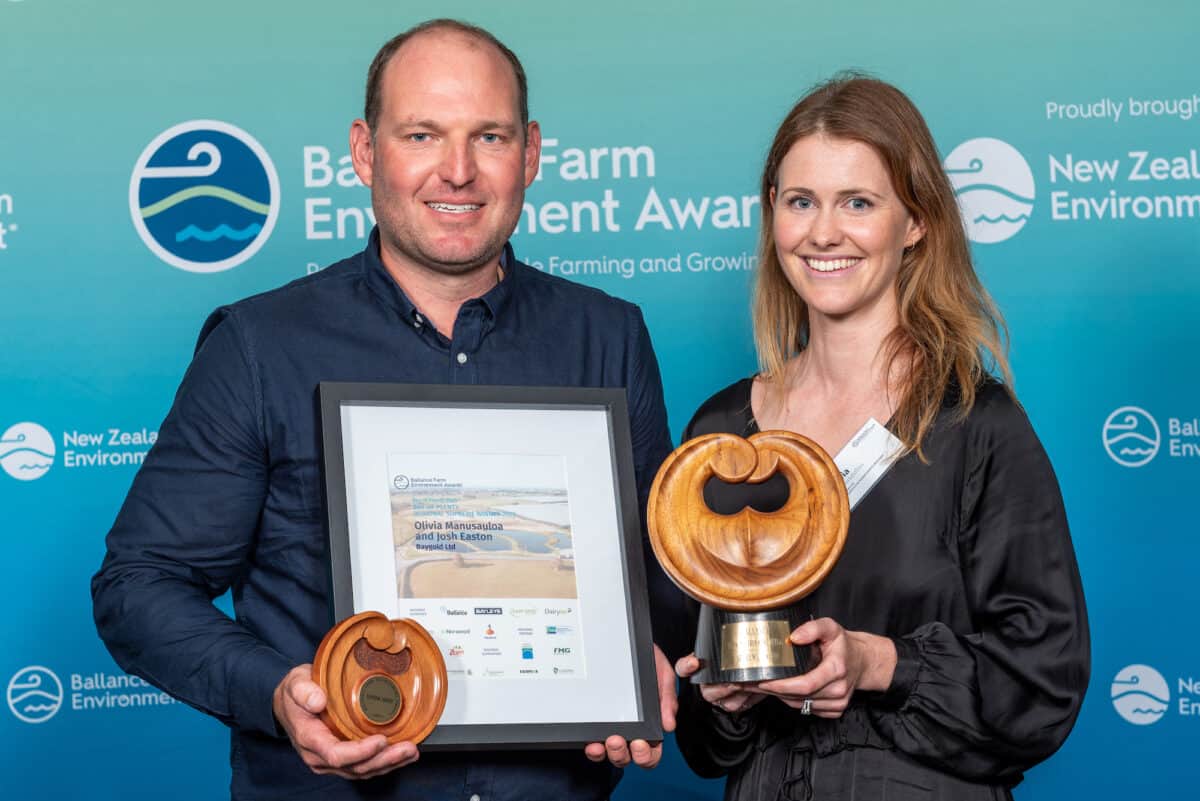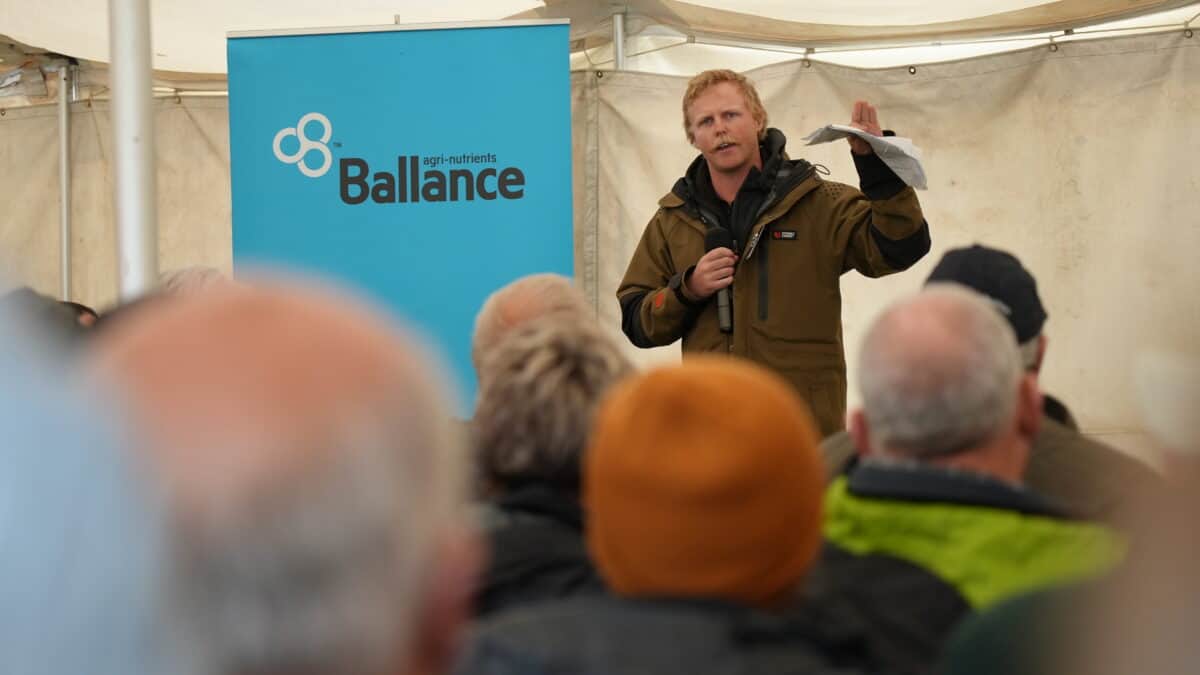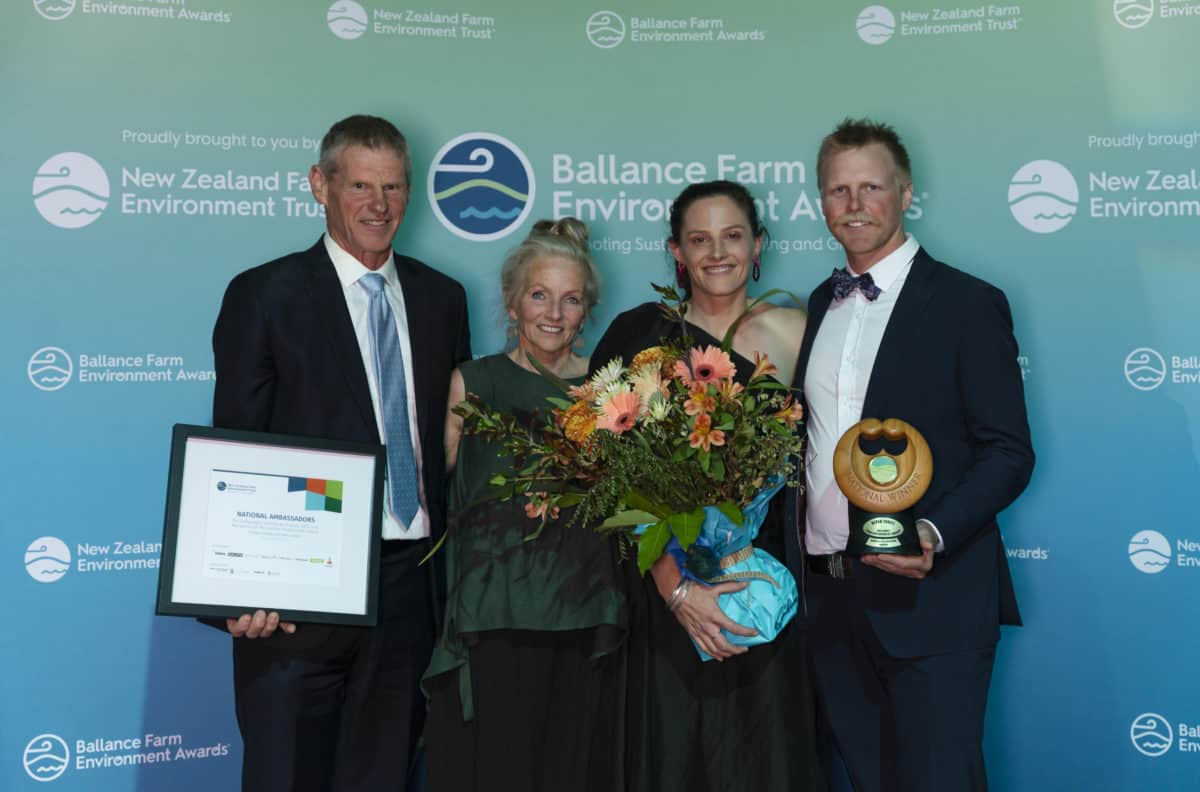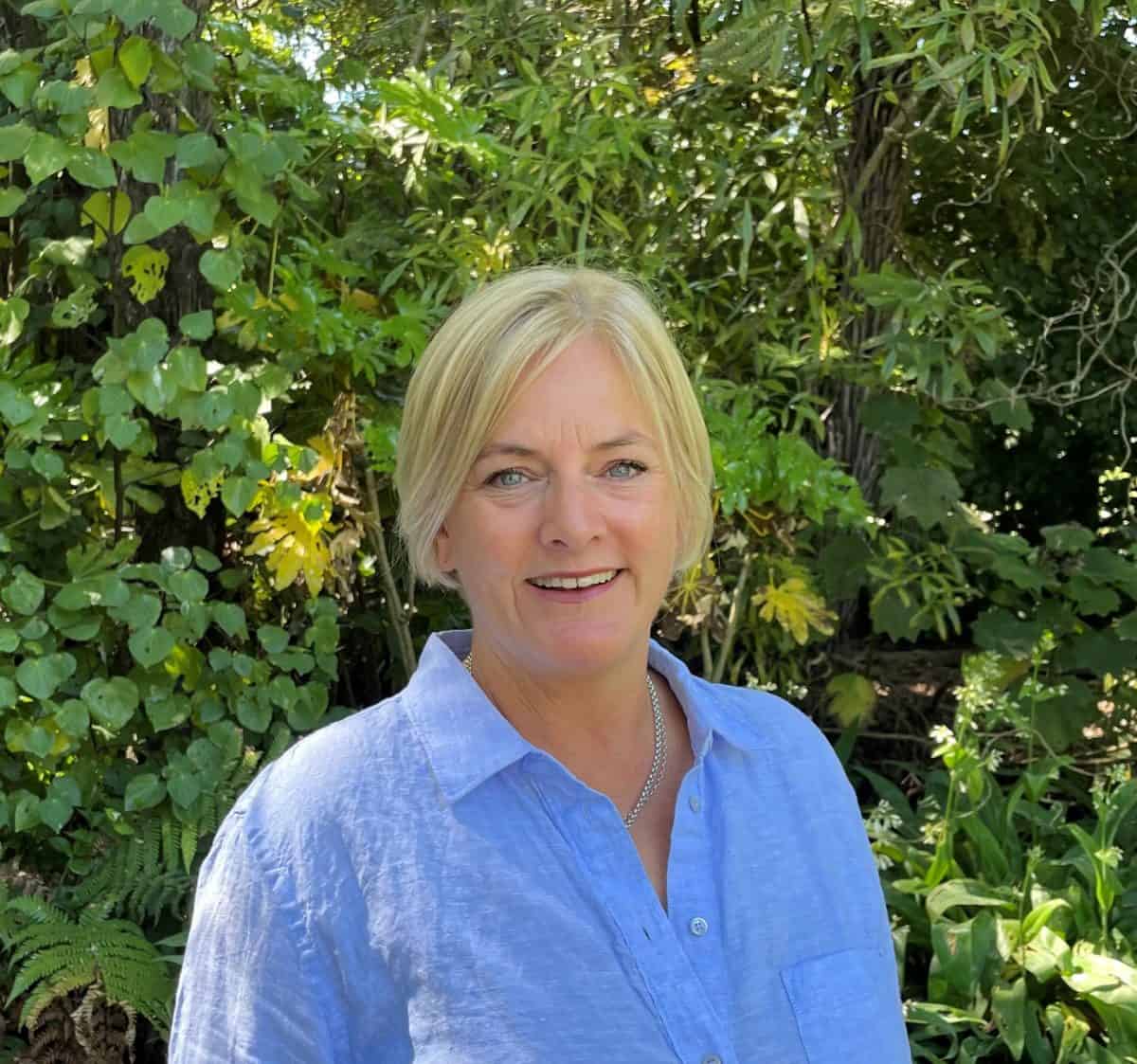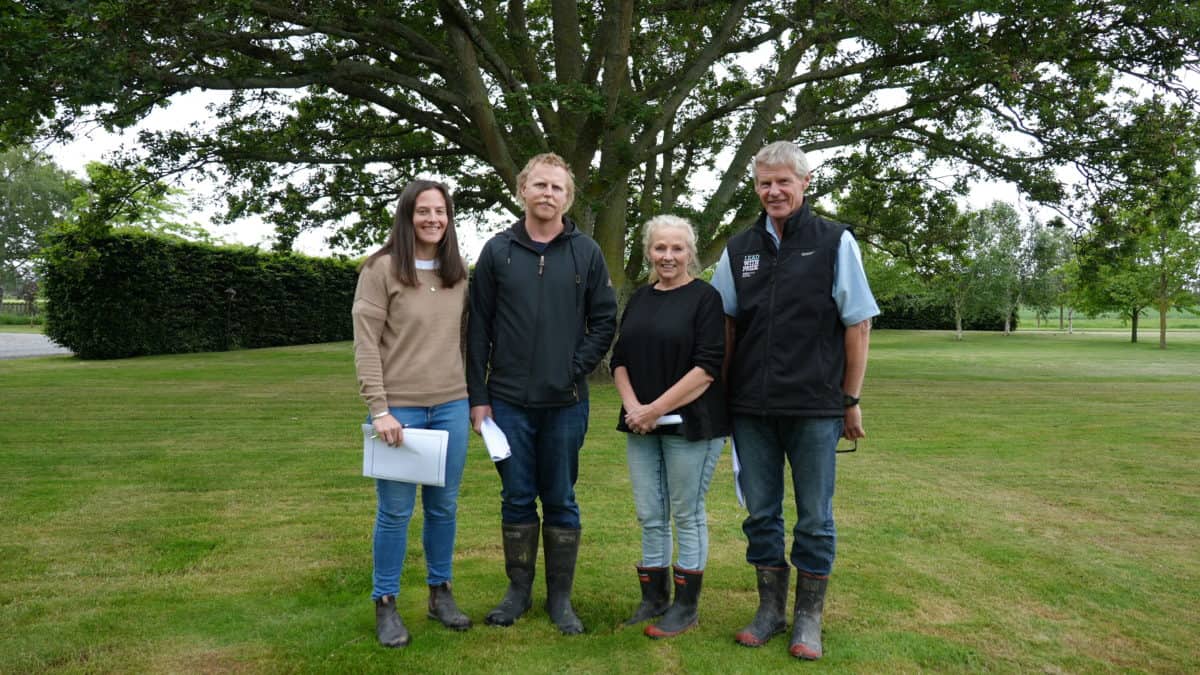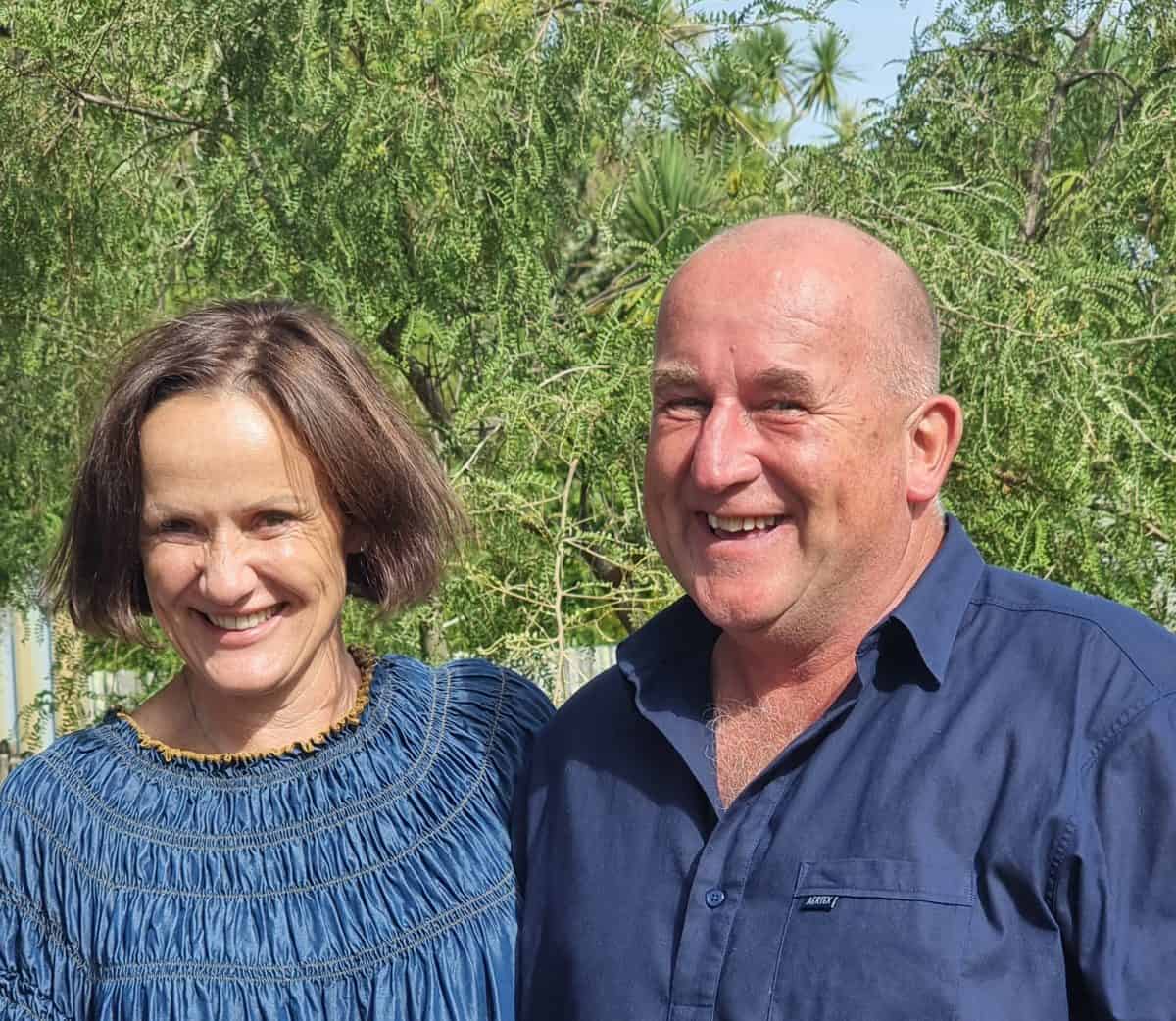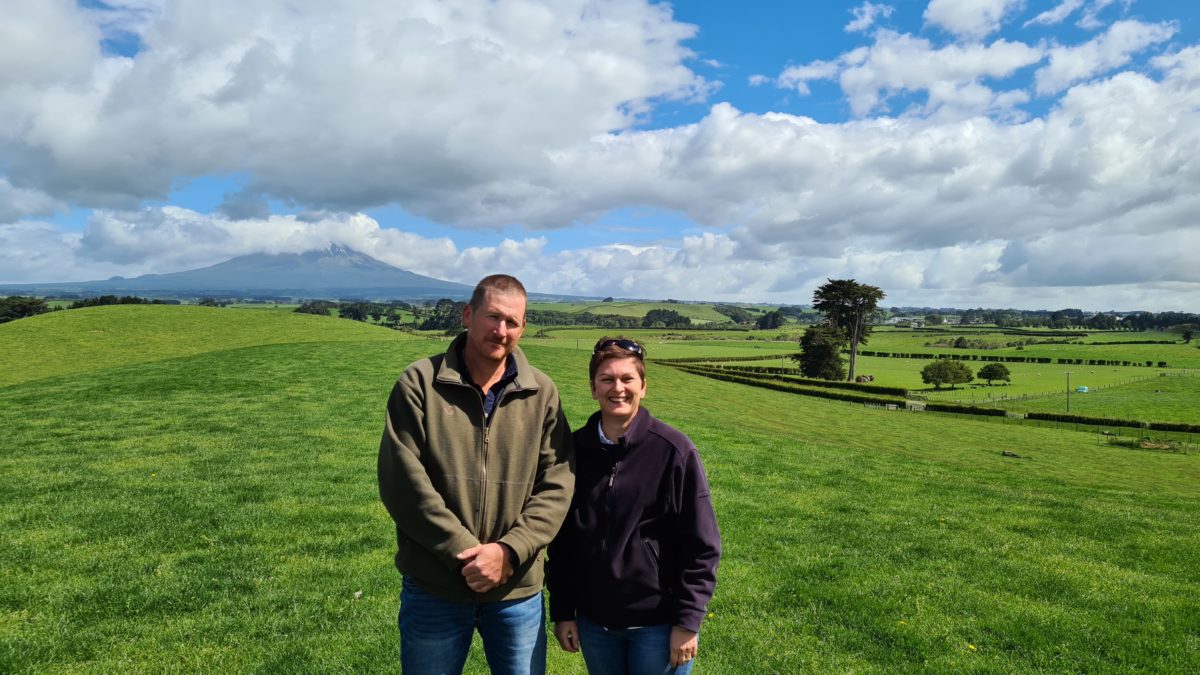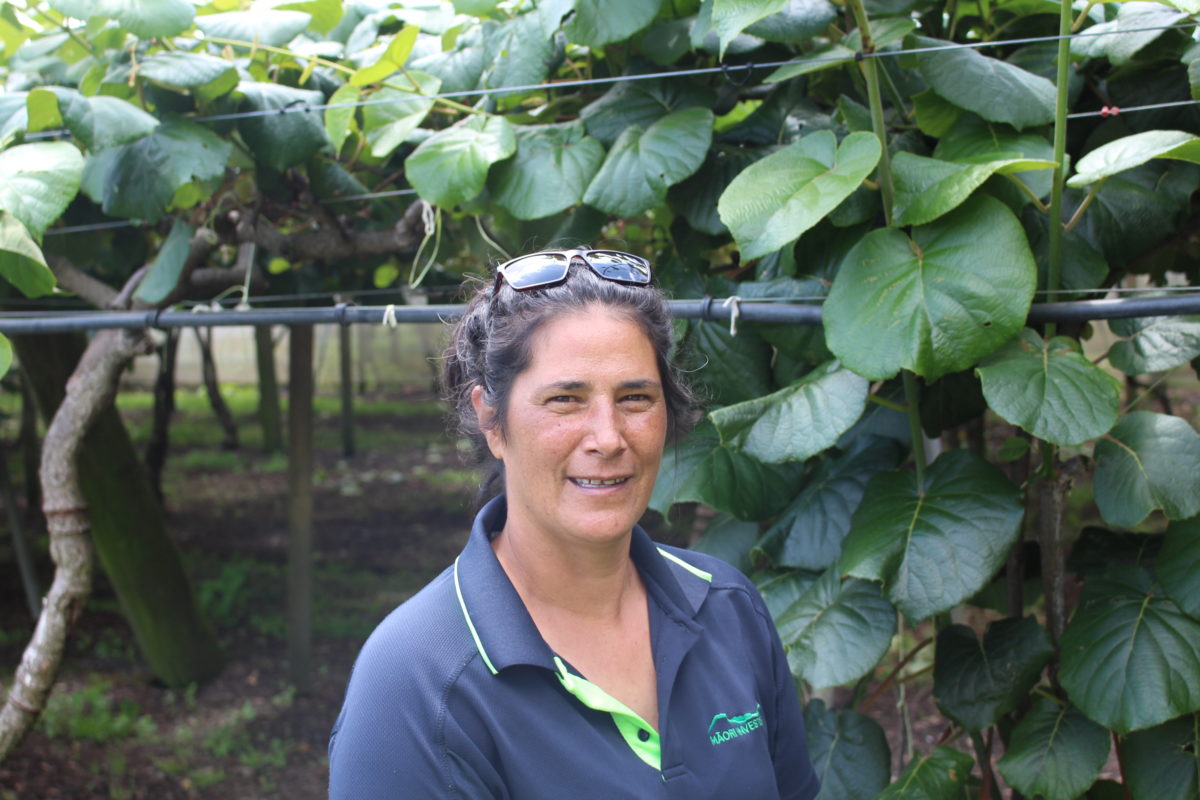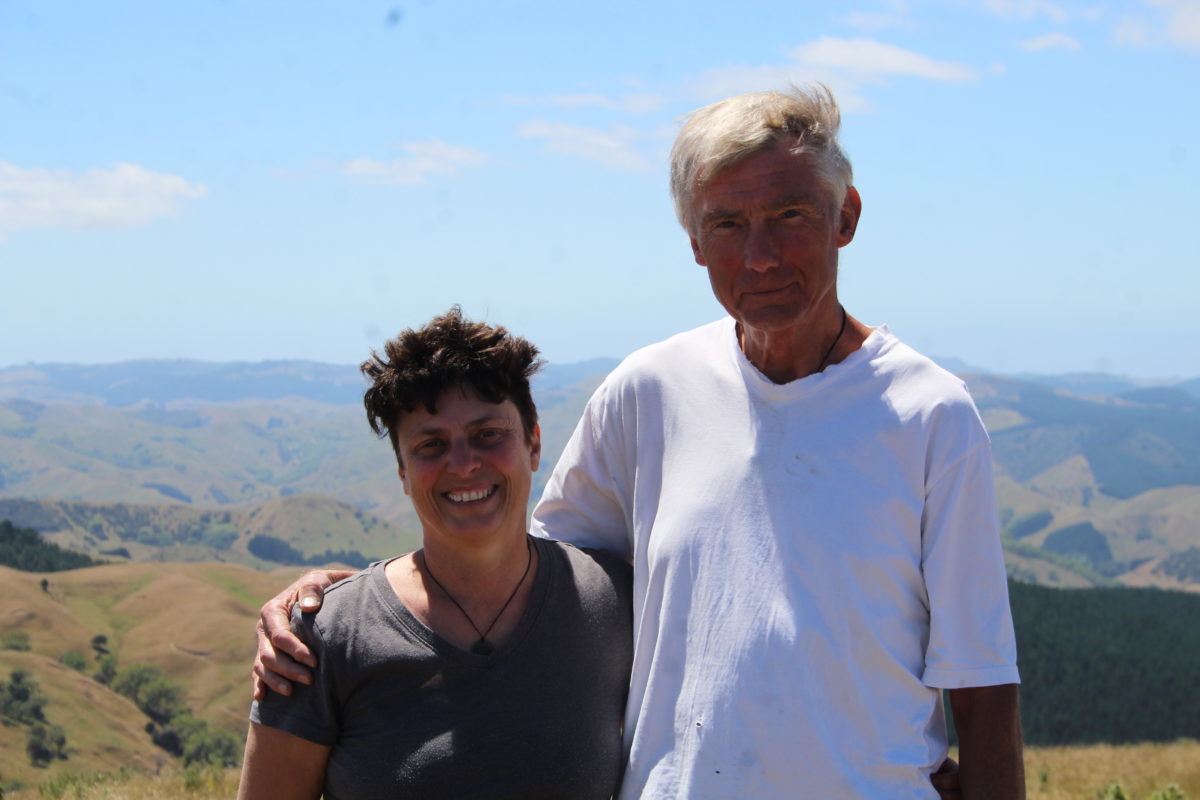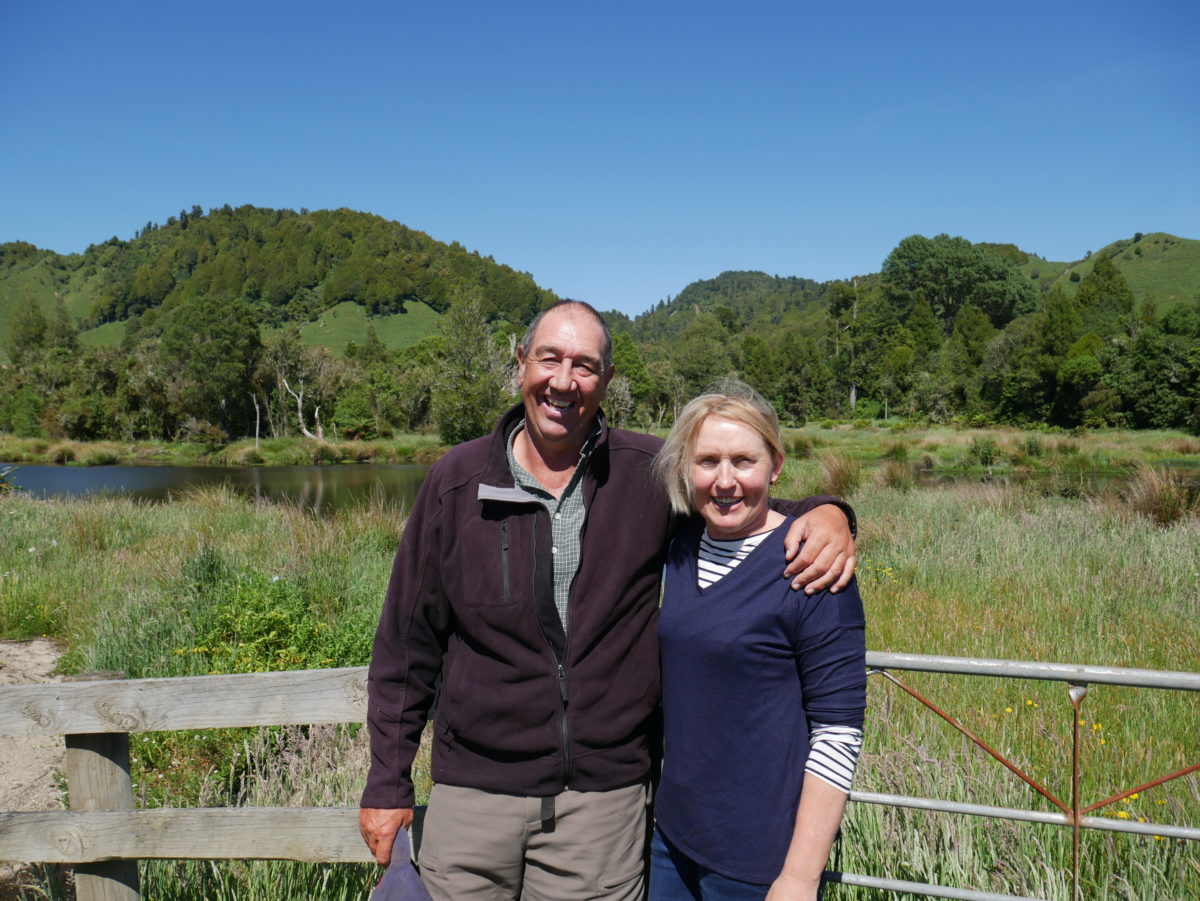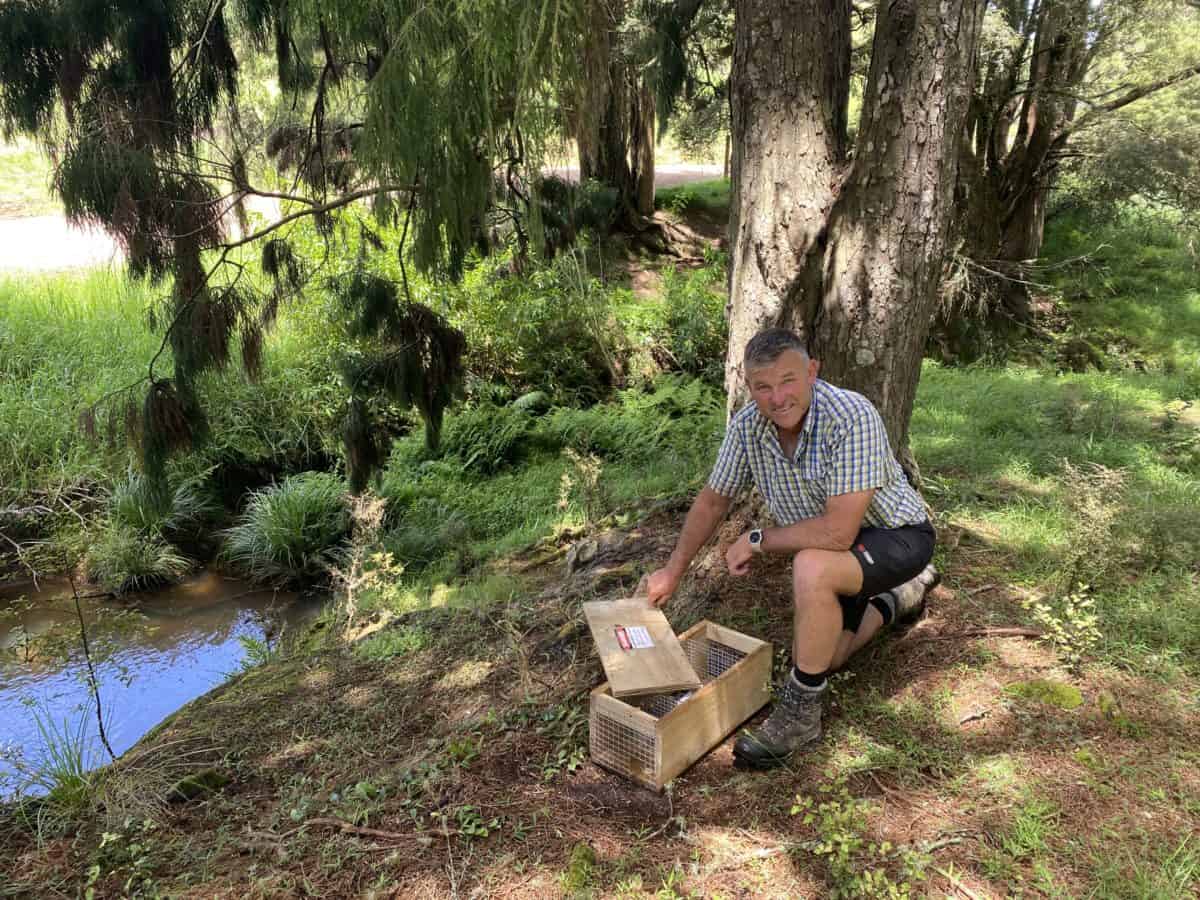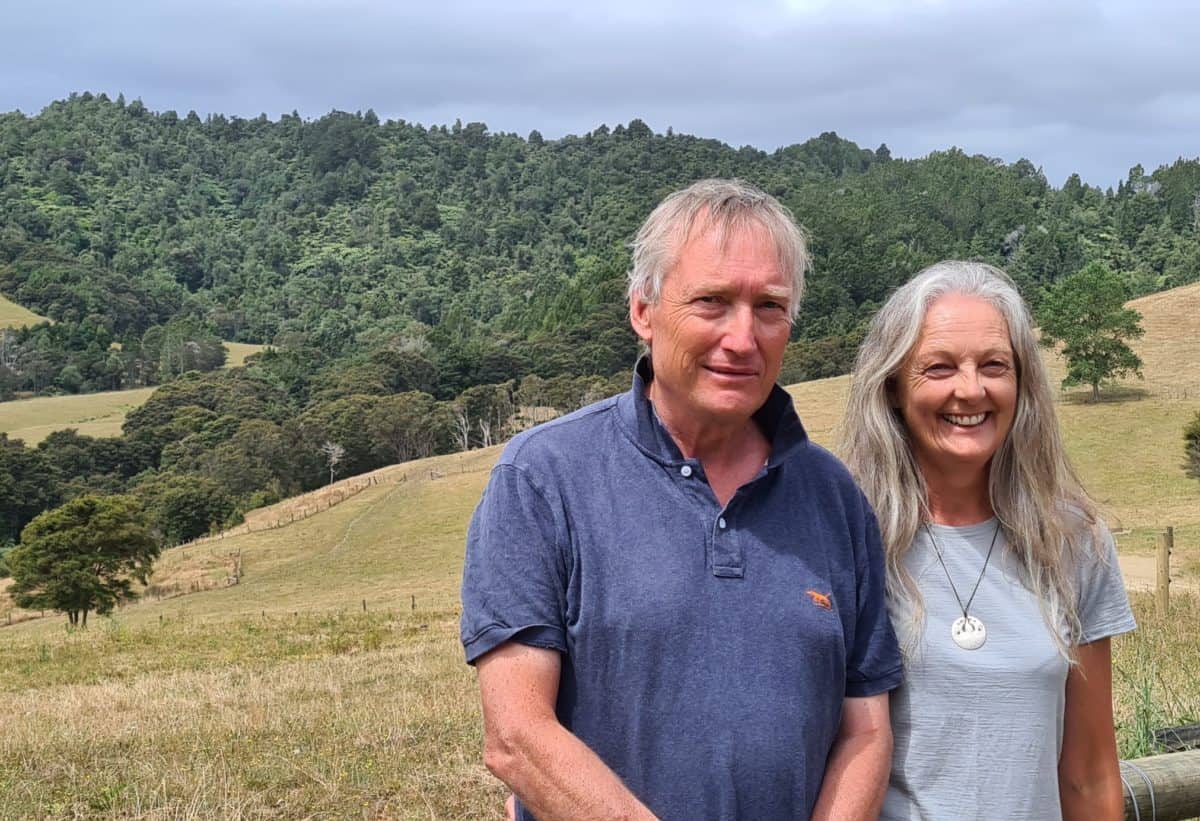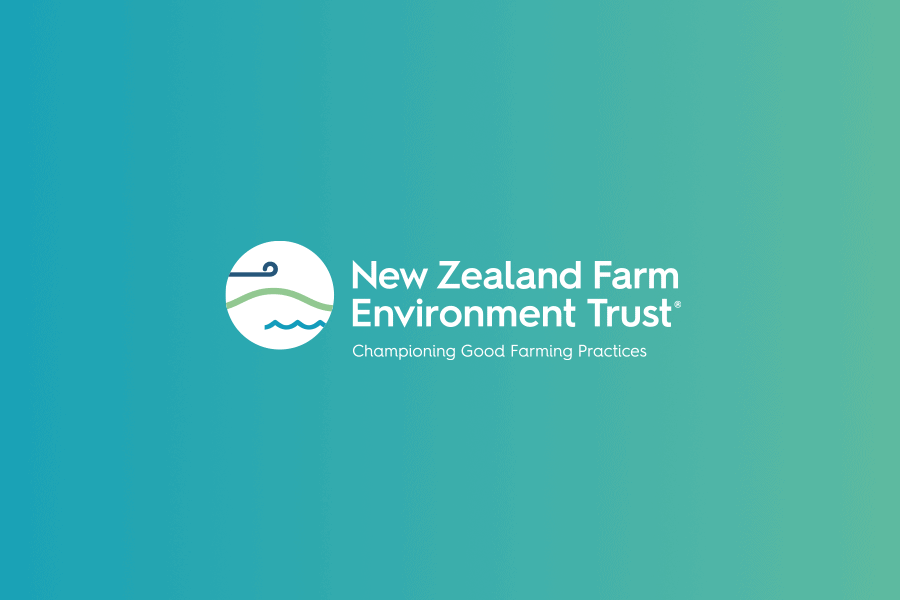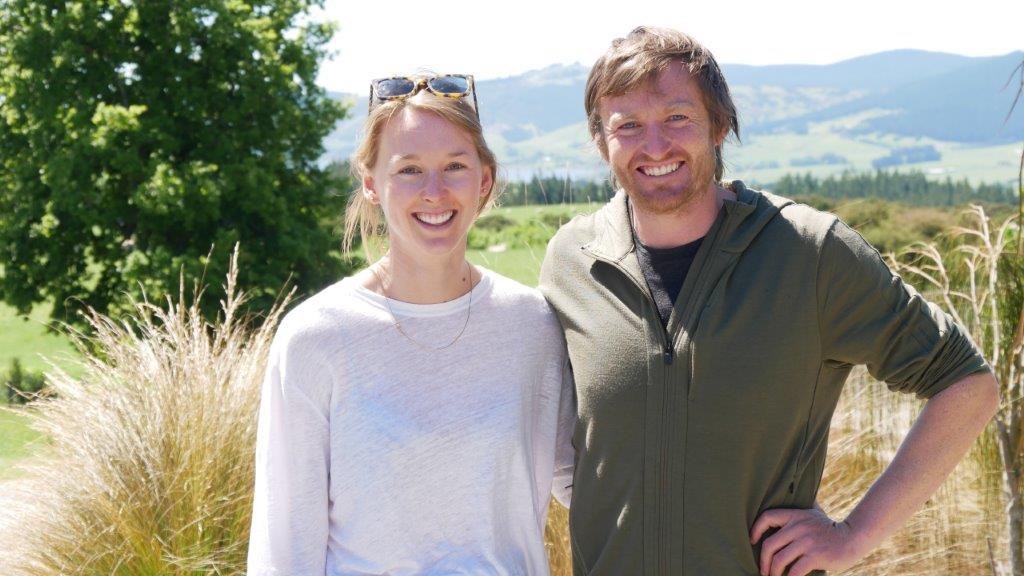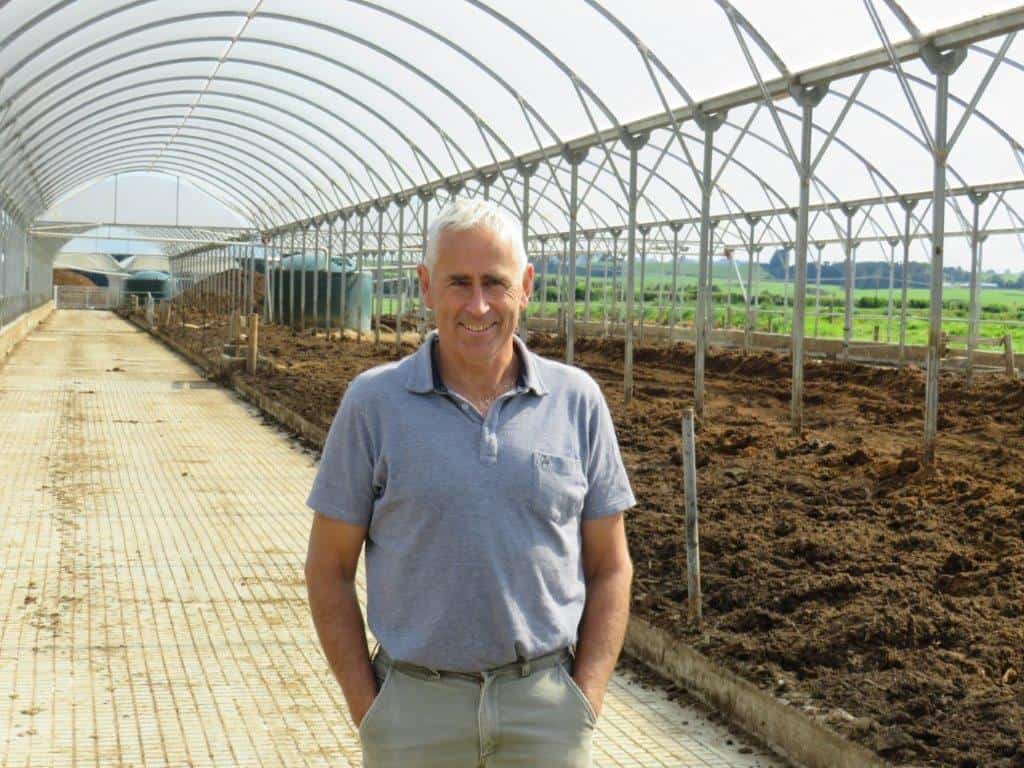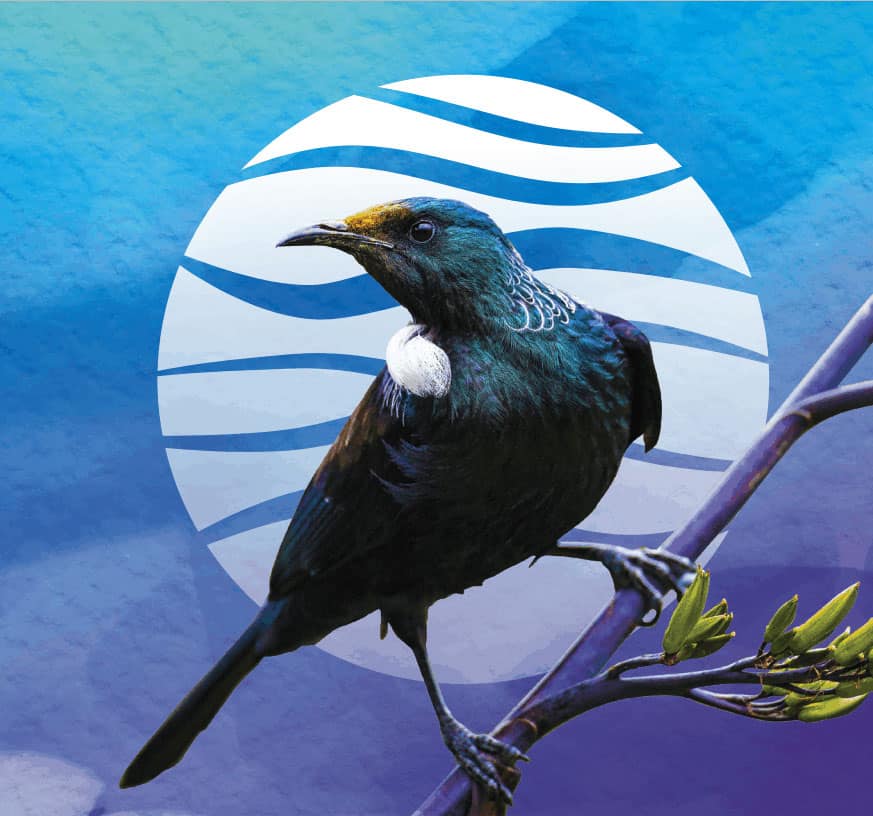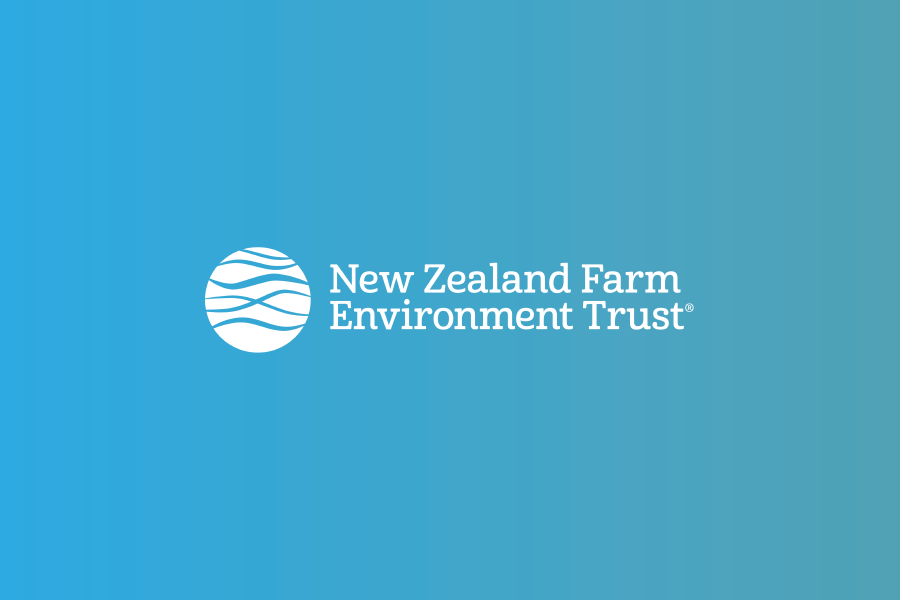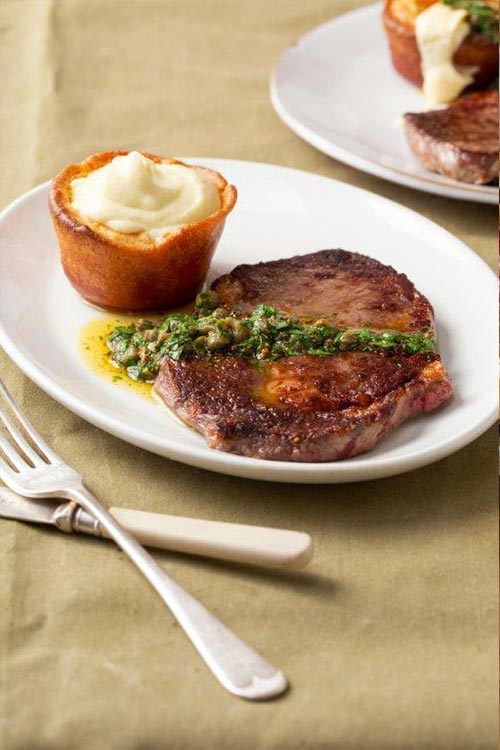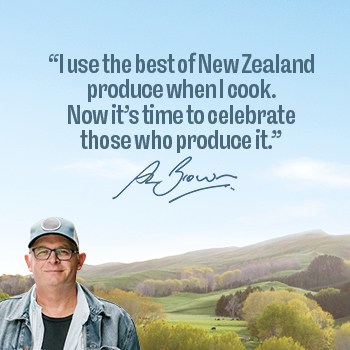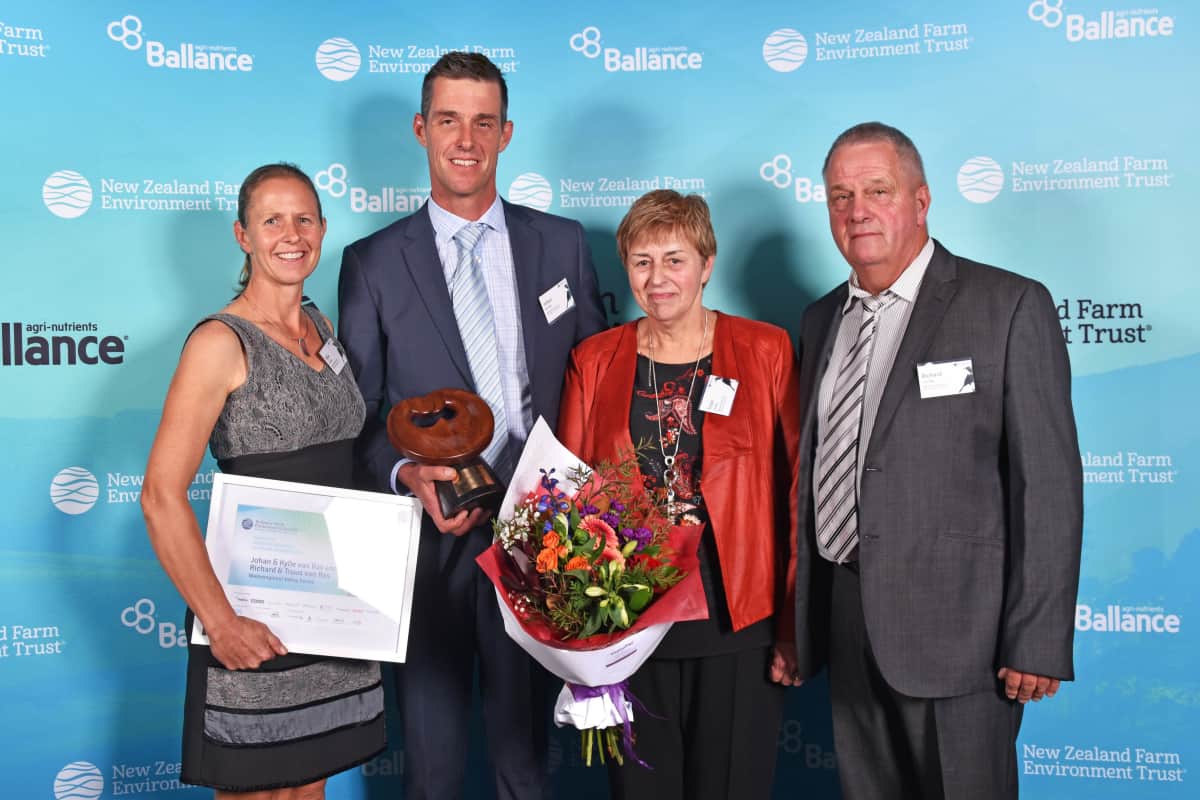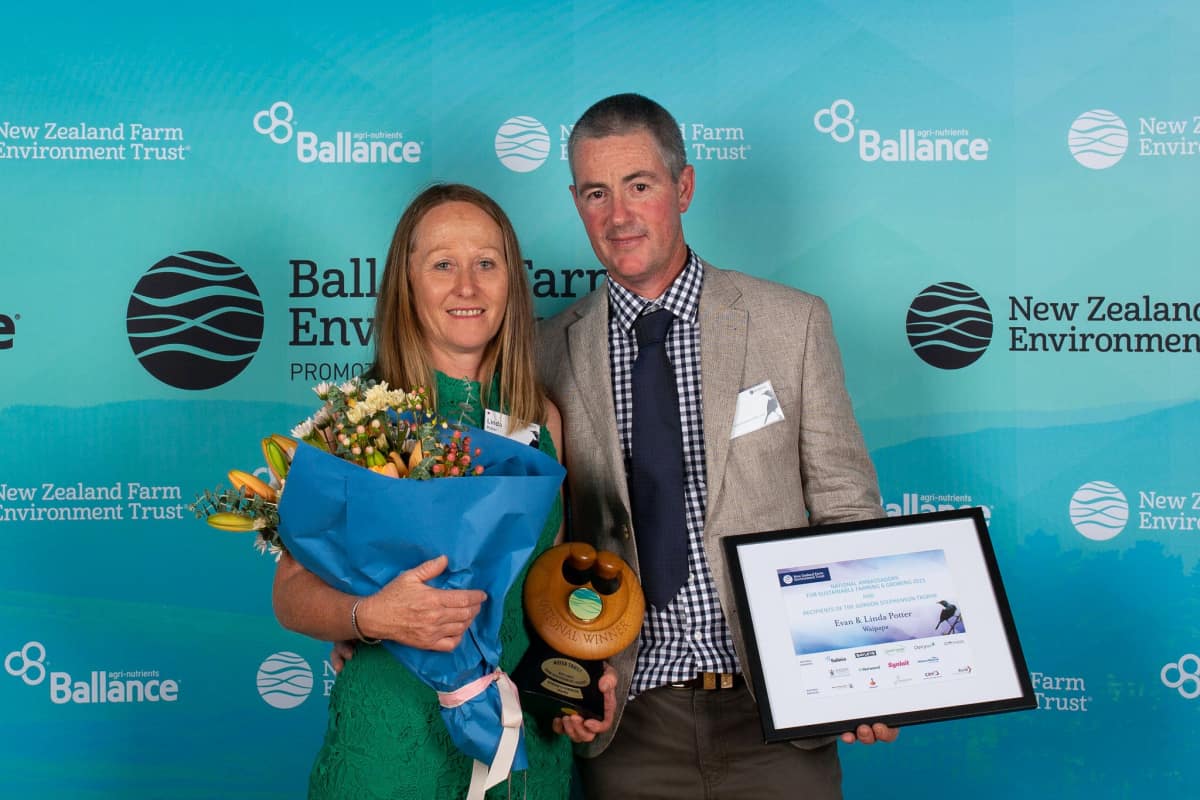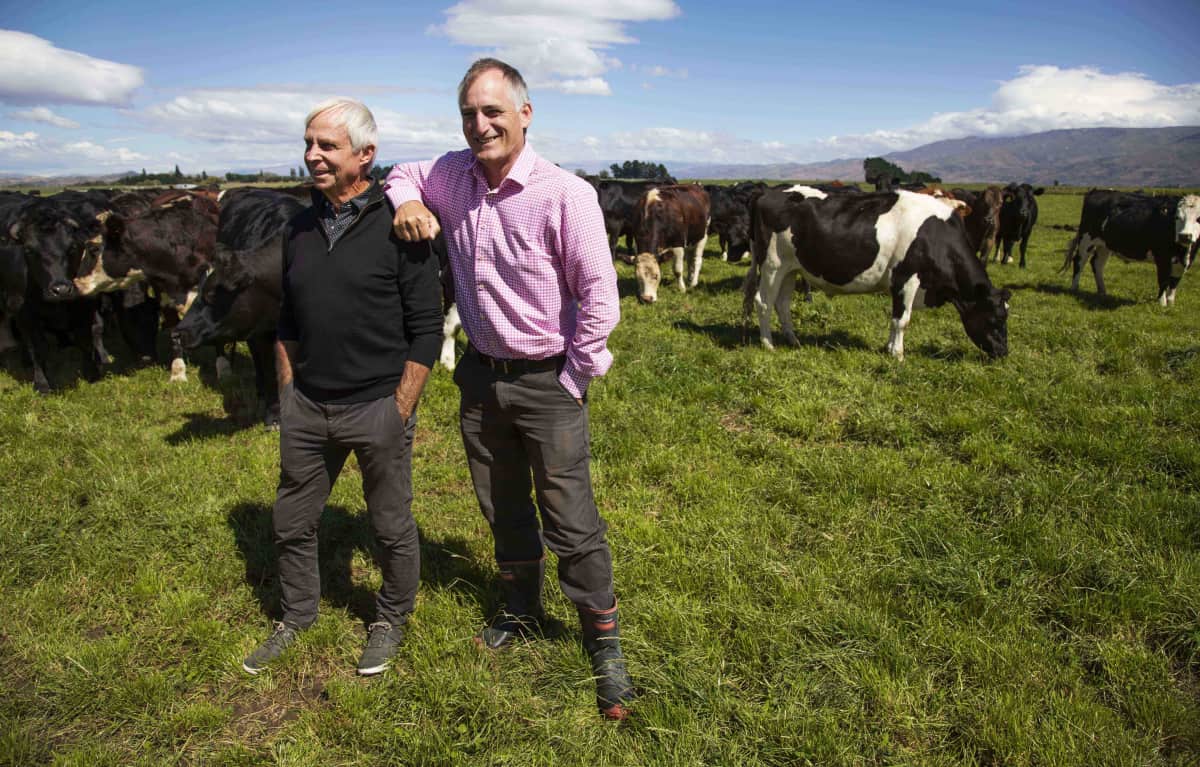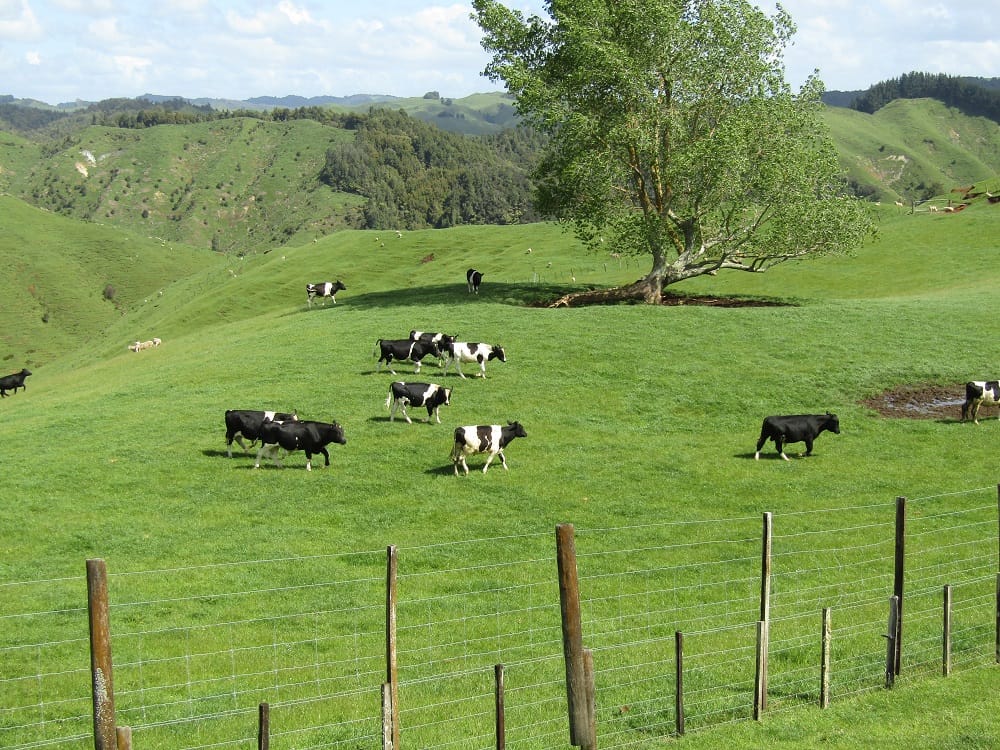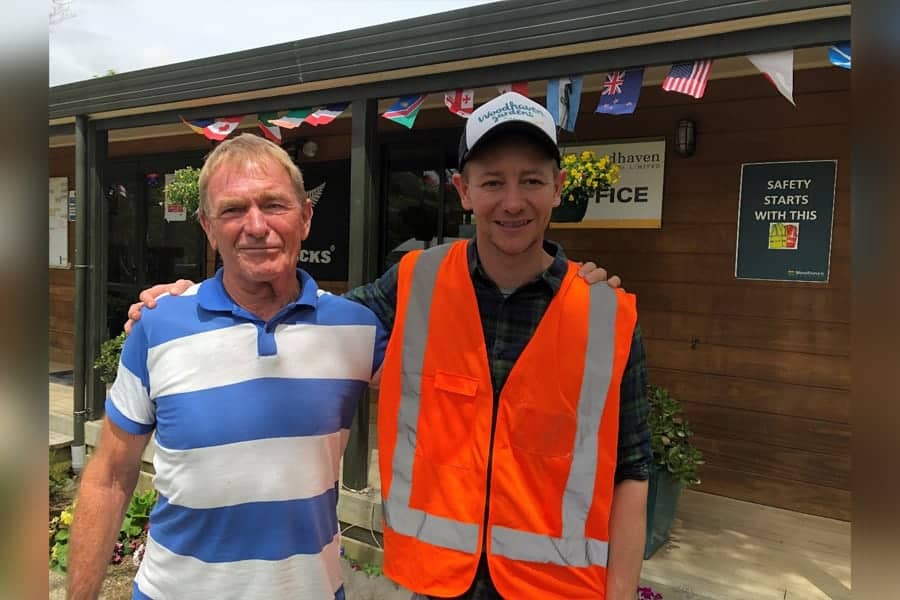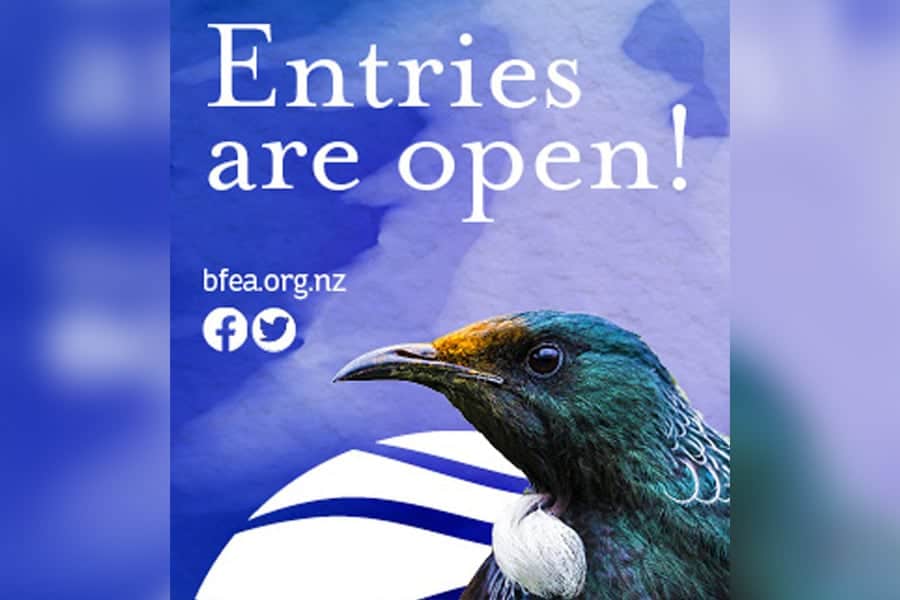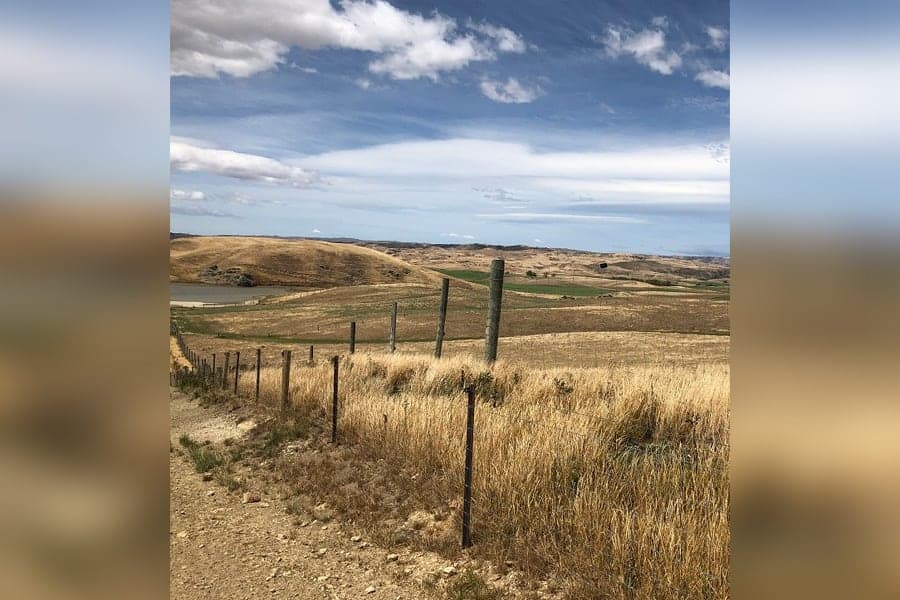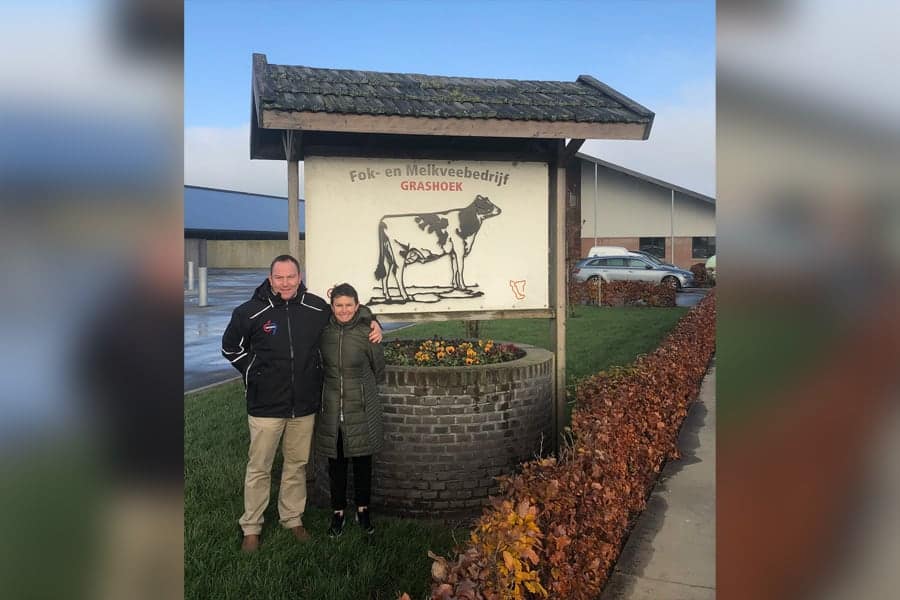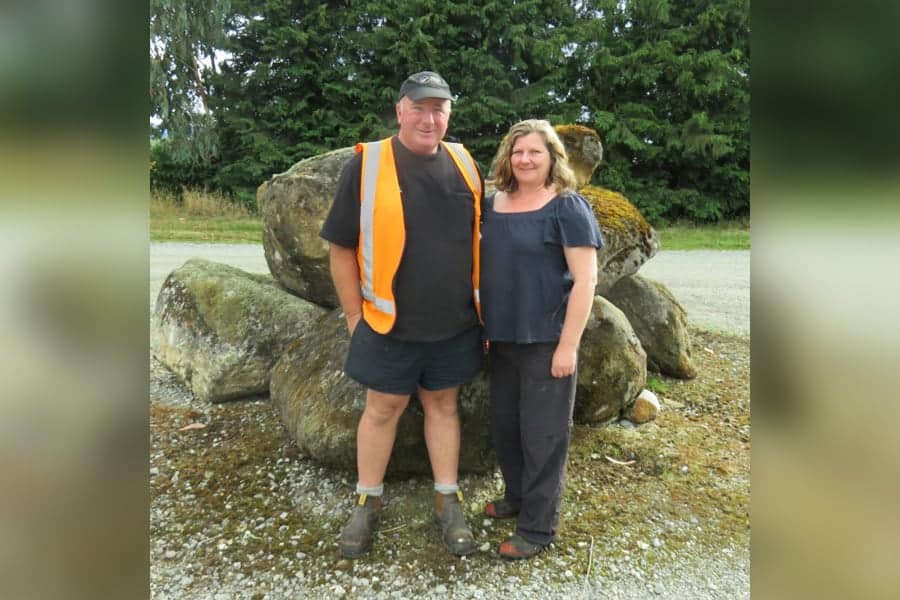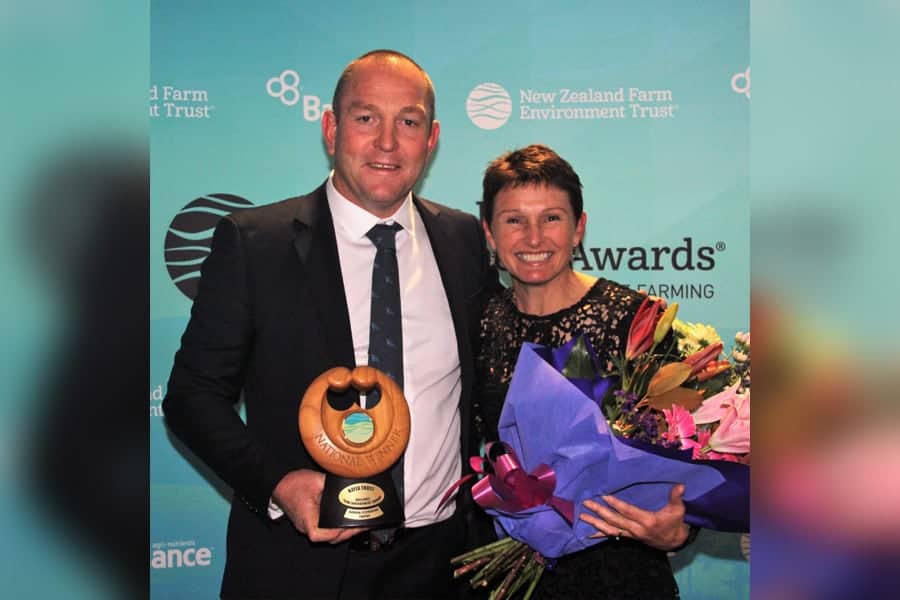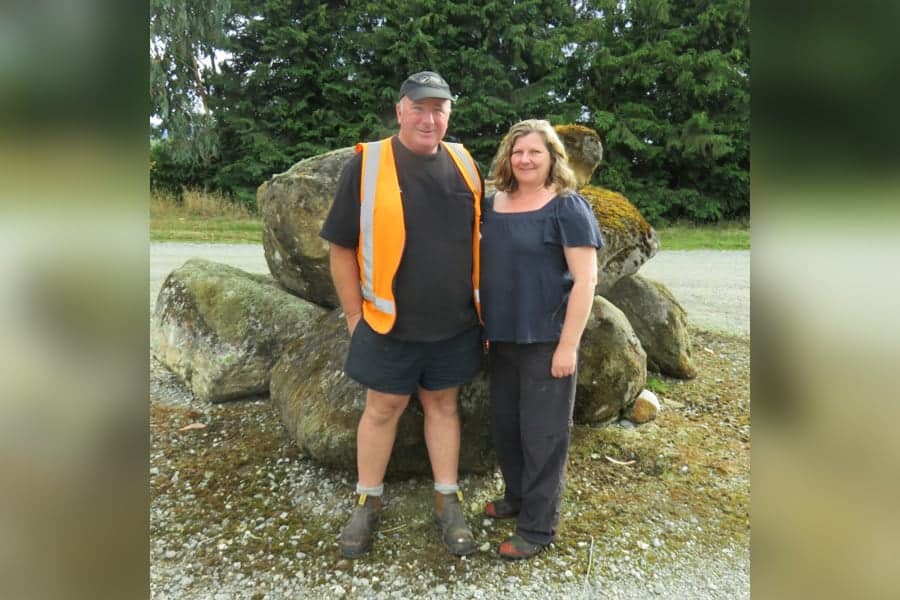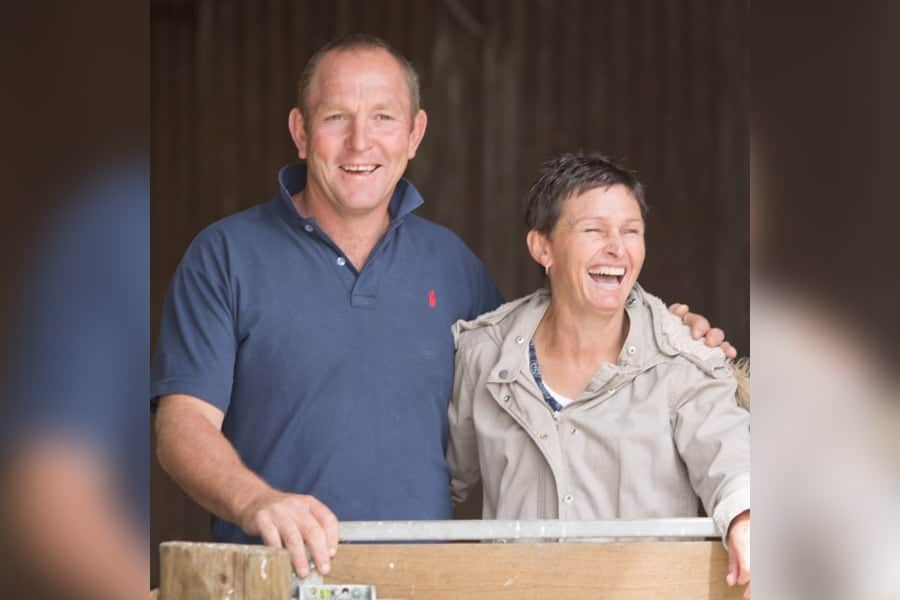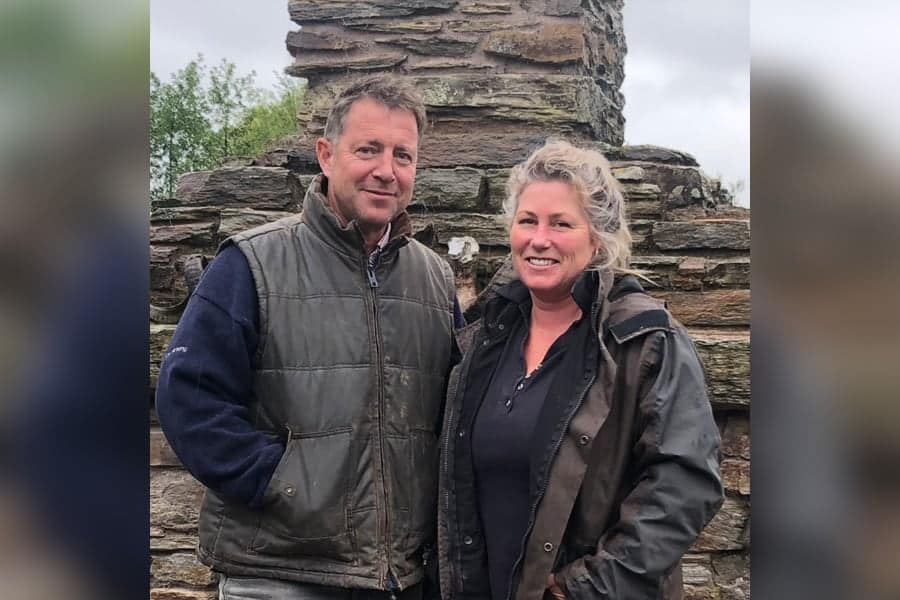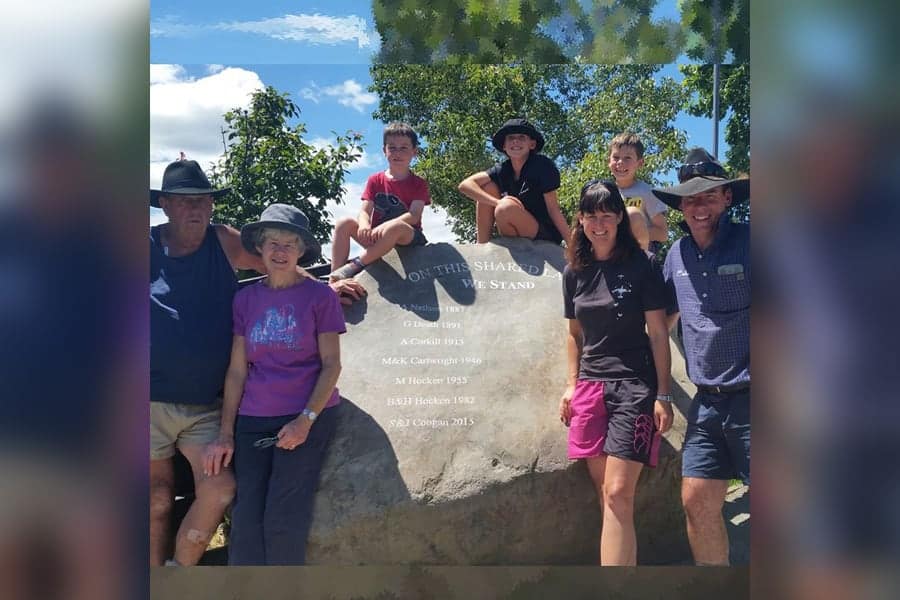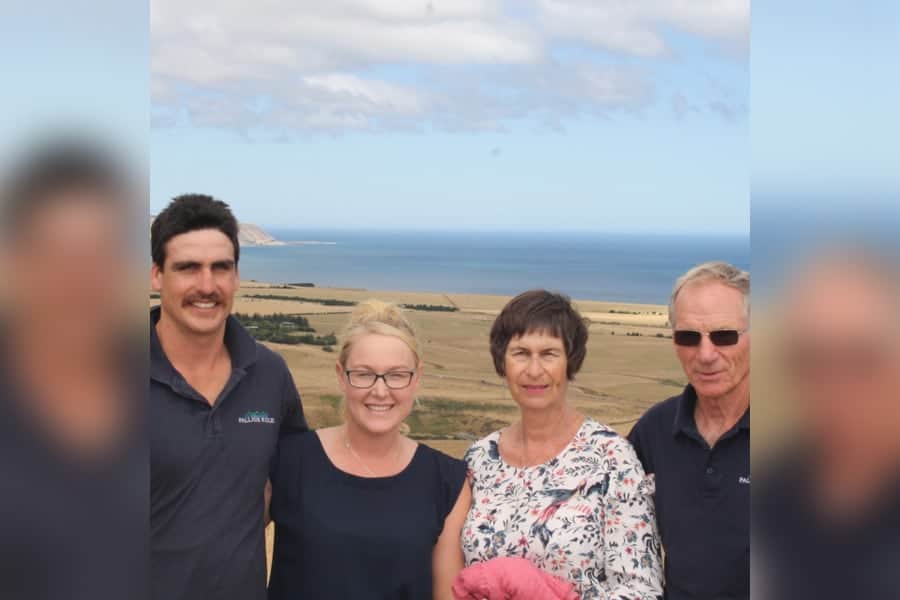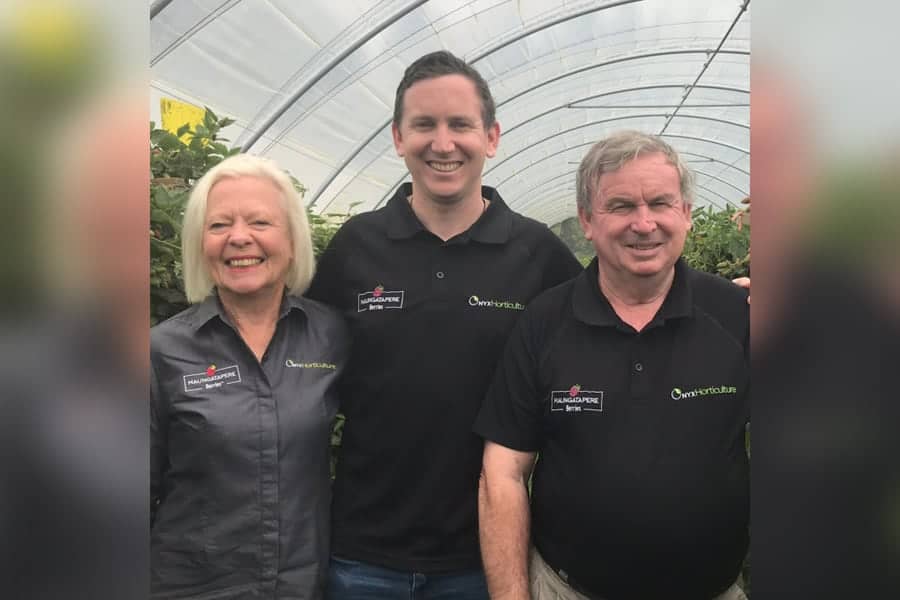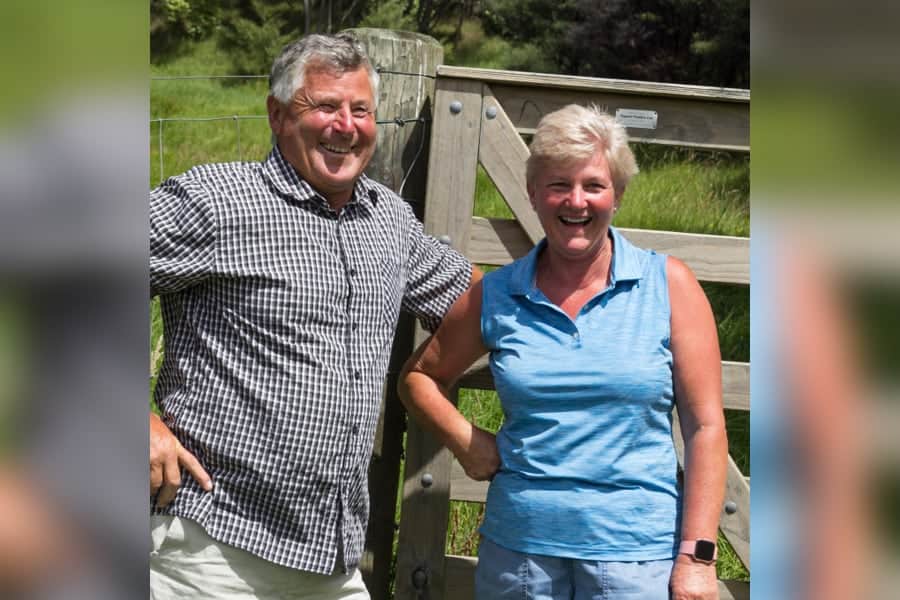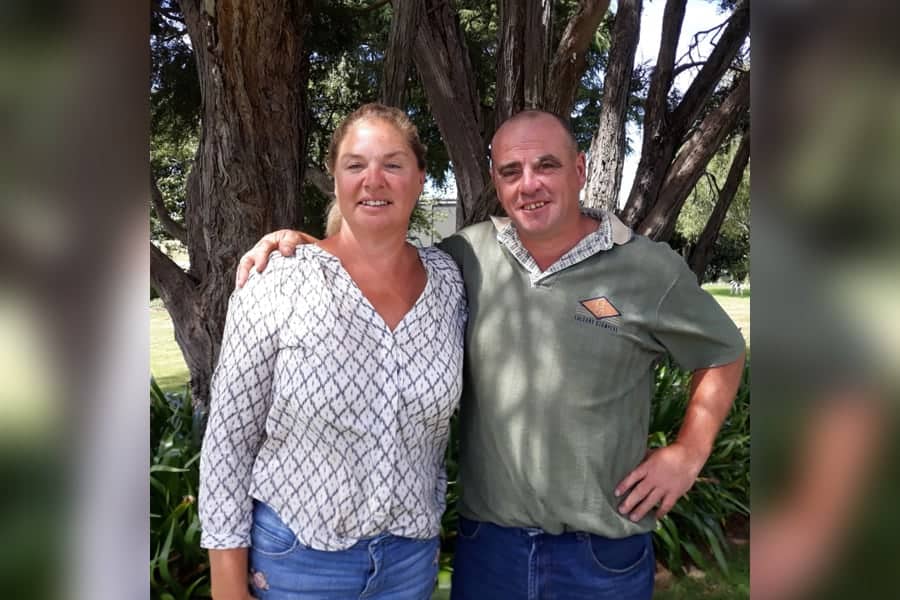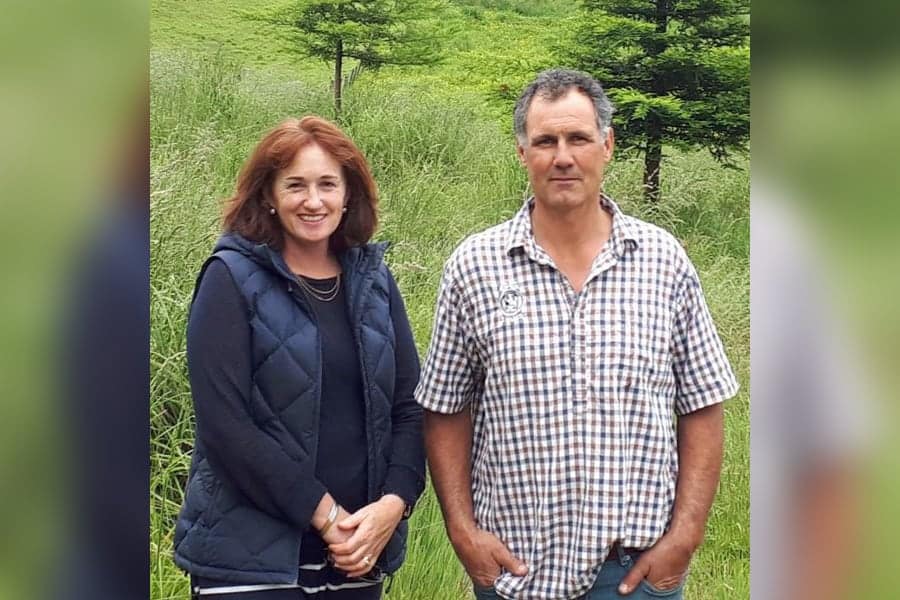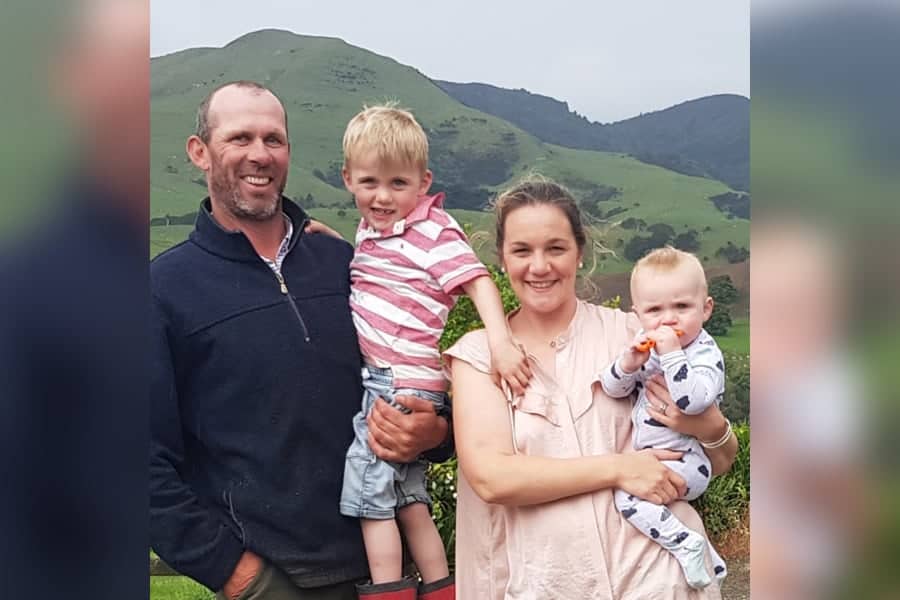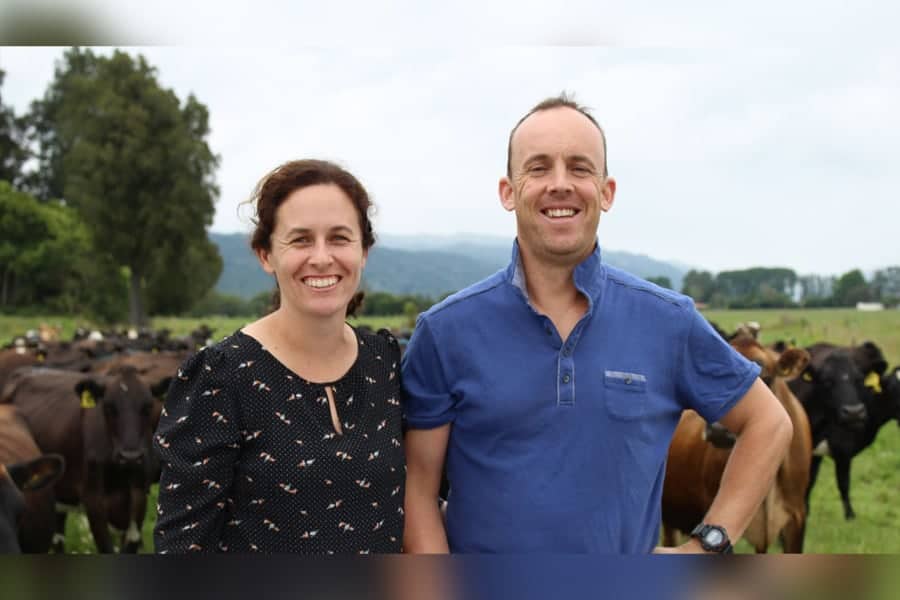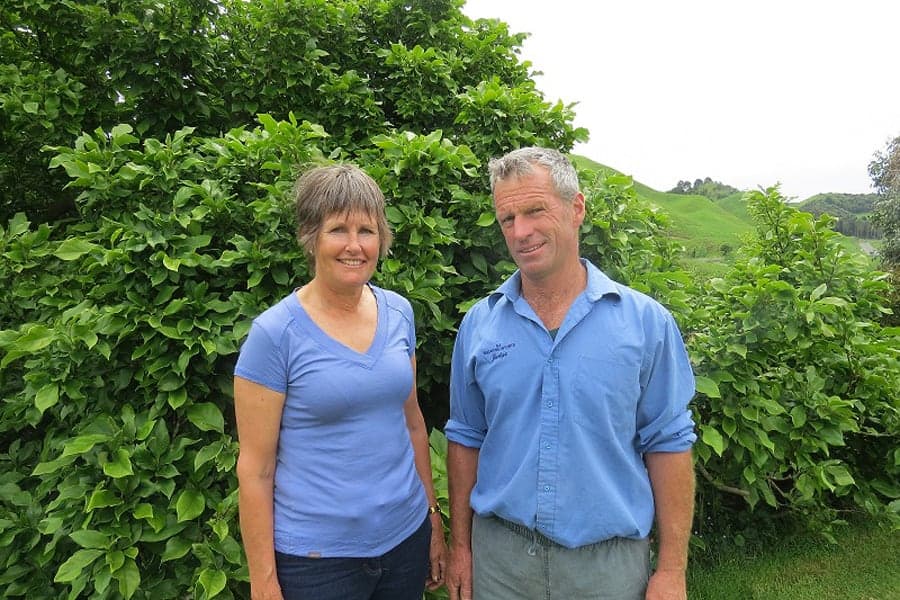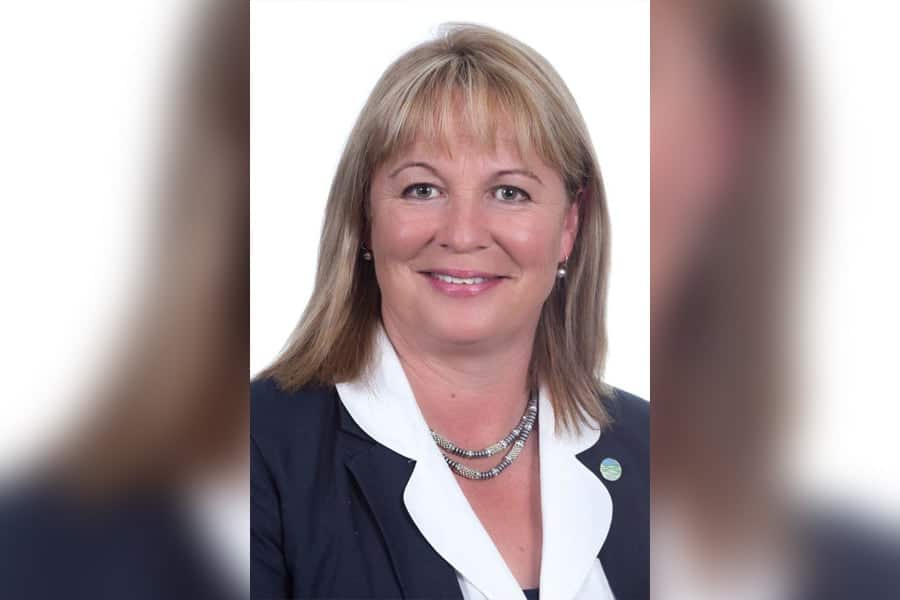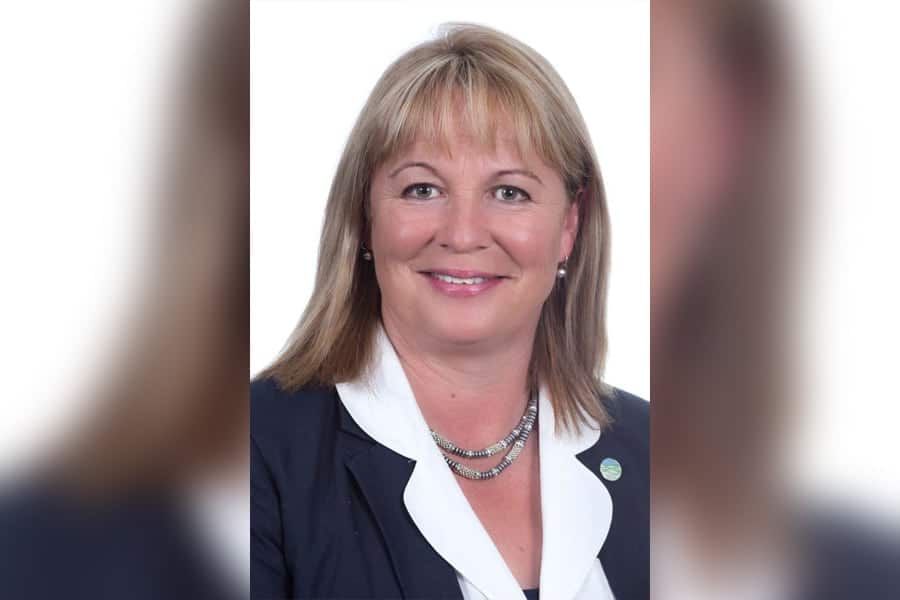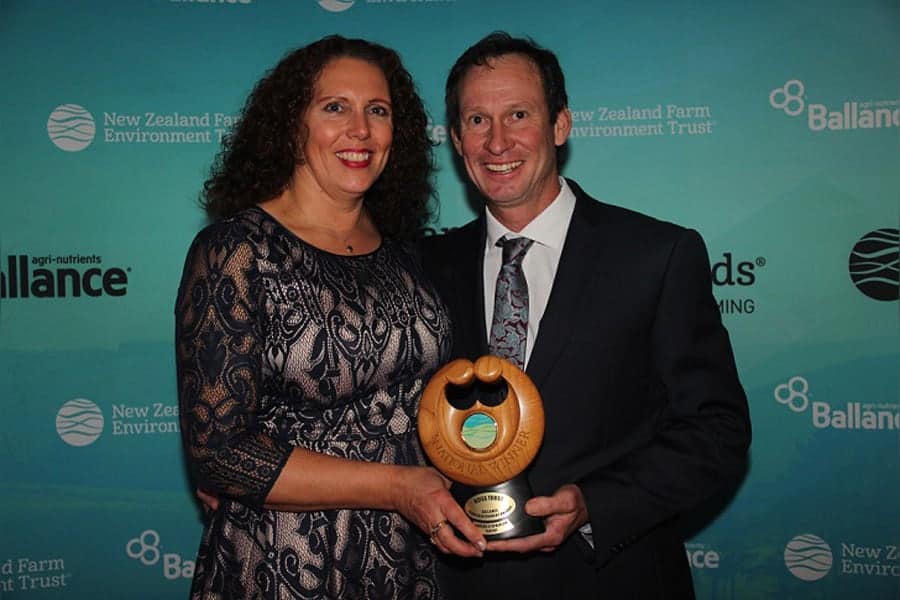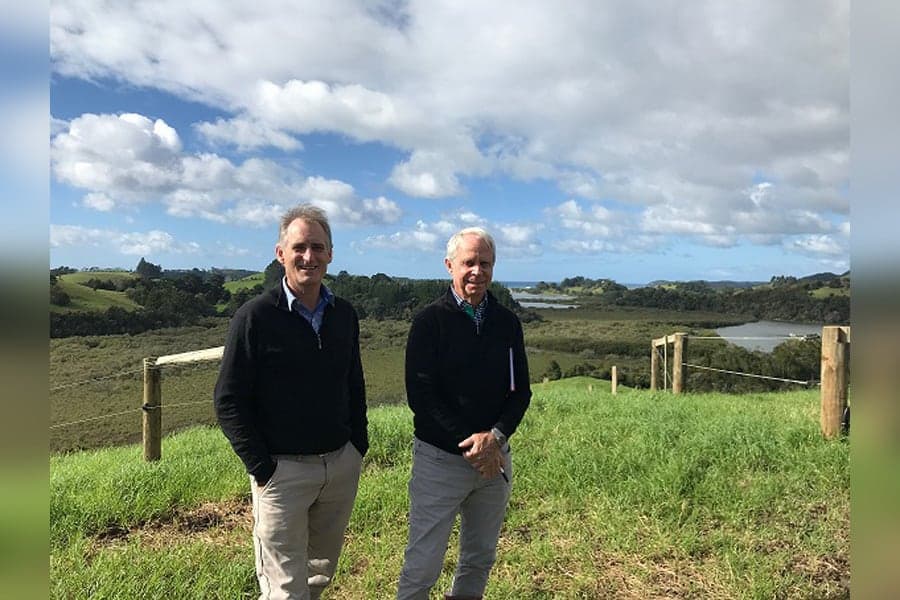The New Zealand Farm Environment Trust (NZFET) is delighted to announce the Horizons and Greater Wellington Ballance Farm Environment Awards (BFEA) entrants for 2022.
“We are thrilled to have received a range of excellent entries from across the country for this year’s awards,” said NZFET Chair, Joanne van Polanen. “It shows that despite all of the disruptions to business and life in general, farmers and growers across New Zealand are committed to environmentally sustainable practices. We are thrilled to be able to recognise and share their stories.”
To ensure the safety of staff, entrants and judges, the regional awards events, due to start in March, have been postponed until June and July 2022. “We are determined to run in-person functions to celebrate the entrants, but will do this when it can be done more safely,” said van Polanen.
The entrants from the Horizons region include farmers across sheep and beef, dairy, maize, honey and tourism.
Richard and Suze Redmayne
Tunnel Hill – Sheep, beef, maize and forestry
Richard’s great grandfather bought Tunnel Hill in 1936, with future generations running the farm until Richard and his wife Suze took over in 1993.
Sheep, beef, maize and forestry are farmed across 950ha of the property that features large stretches of coastal land. Their investment in forestry and additional native planting means Tunnel Hill is not only beautiful – it’s carbon negative.
Half their annual income is derived from selling the lambs of 3,000 ewes. One third comes from selling maize grain, with the balance split between beef and forestry. The pine plantation also forms a large part of the family’s succession plan.
Farming systems have been carefully tailored to match the climate, soil type and topography.
Significant work has been done regenerating trees in sand dunes along the property’s coastline – both protecting these fragile areas and creating shelter for livestock. Wetland areas have been retired and trees planted to create wildlife corridors through the farm.
Angela Strawbridge
Taonui Land Co – Hopkins Farming Group – Dairy farming
As manager of this Palmerston North dairy farm since 2018, Angela has improved production while setting her sights on environmental sustainability.
Taonui peaks at milking 750 Friesian-Jersey-cross cows across 255ha. Since Angela took over, production has consistently climbed year-on-year to a high of about 320,000kg of milk solids in 2020. Careful management includes running just the milking herd on the property during winter to help protect pasture.
As well as boosting production, Angela has developed a biosecurity plan and built on the farm’s environment plan, with a particular focus on improving effluent management.
Cost-effective technologies have been adopted such as cowshed automation and computer-based reporting systems to provide accurate and timely feedback on farm management.
Believing that dairy farmers need to be sustainable and responsible if they are to continue being leading global food producers, Angela is overseeing many environmentally sustainable initiatives such as water and soil management, and the sequestering of greenhouse gas emissions.
Blair and Anna Robinson
Te Rohenga Farm – Sheep & beef
Purchased in 1907, Te Rohenga Farm is now under the charge of Blair and Anna Robinson who profitably farm almost 5,500 animals across 850ha. Most of their income is derived from sheep, including a Perendale stud and lamb finishing programme. About 30% of their income is from Angus beef and about 10% from selling deer velvet. They also run an events and tourism business.
In 2020, 30ha of steep hill country was retired into a pine forestry block to sequester carbon. Water and soil quality is carefully managed and greenhouse gas emissions are monitored.
Trees have been planted across the property – boosting water quality, reducing soil erosion and off-setting carbon emissions. Waterways have been fenced, complemented with significant riparian planting.
An animal health plan helps to ensure that stock is kept in good condition, while ongoing pasture renewal is helping to boost production without increasing the farm’s carbon footprint.
Dan Steele & Sandy Waters
Blue Duck Station – Sheep & beef, honey, tourism, carbon
Blue Duck Station features a diverse farming operation that encompasses sheep, beef, tourism, honey and carbon sequestration which Dan and Sandy have been farming since 2005. They also now lease the neighbouring Retaruke Station from Dan’s parents, meaning their business operation spans just over 2,800ha.
The business is split fairly evenly between farming, tourism and honey, with the remaining 10% of income from the New Zealand Emission Trading Scheme. Across the mainly steep land, they run just over 5,000 sheep and about 600 cattle. The environmentally conscious couple are interested in low-input, humane farming that fits the environment.
Their successful tourism business offers guests unique experiences such as horse treks, guided hunting, bush safaris, and kayaking and jetboating down the Whanganui River. Guests can stay overnight and enjoy fine dining at The Chef’s Table – a restaurant that dishes up produce mainly farmed, grown and foraged on the farm.
George and Ellen Bartlett
Gemel Trust – Stanway Farm – Dairy, sheep and beef
The Bartletts bring more than 30 years of farming expertise to this property where both environmental and financial sustainability has been the focus.
Dairy is the pillar of Stanway Farm, although it has been developed to include sheep and beef. They now farm about 1,000 dairy cows that in 2020 produced 480,000kg of milk solids, fattened 2,000 lambs and 200 beef cattle.
The Bartletts have a 50/50 sharemilker to help them manage the dairy unit. They do all their own cropping and harvesting across the property, producing grass silage for the cows.
Significant investment in infrastructure is mitigating pasture damage and helping to improve animal welfare.
Plenty of sustainability initiatives are underway, including planting native trees and fencing off waterways and native bush. They’re lowering their environmental impact through reducing, reusing and recycling, including various methods to reuse water from the cow shed. They are also keen to develop robotic milking and provide more housing for the animals.
Josh Millard
Pāmu Farms of New Zealand – Tongariro Dairy Unit – Dairy
Tongariro is part of the Pāmu Farms of New Zealand suite of properties and farm manager Josh Millard embraces the Pāmu philosophy of putting the care of land and animals first.
Tongariro is moving from conventional farming to producing organic milk, requiring a change to the farm’s reproduction management system, and trialling alternative pasture species that work for both land and animals. Josh’s goal is to feed the cows on grass all year round, supported as needed by fresh crops grown on-farm.
In 2020, 630 cows were milked producing 243,000kg of milk solids. As they move to the organic system, stock numbers will be reduced to 450, with a target of 450kg of milk solids per cow.
A wide range of sustainability initiatives have been implemented, including the careful management of water, soil and nutrients. Greenhouse gas emissions are closely monitored and are reducing thanks to the shift to organics and careful business planning.
The Ballance Farm Environment Awards function for the Horizons region is now on 7 July 2022.
The entrants from the Greater Wellington region include farmers across sheep and beef, dairy and viticulture.
Rupert Handyside
Matahiwi Farm – Lamb and cattle finishing
Rupert’s family connection to Matahiwi for 150 years means he’s highly aware of his obligations and responsibilities as a custodian of the land.
The mainstay of the business is fattening lambs and cattle for finishing, with 15,000 lambs and 800 R2 bulls finished annually.
Rupert’s philosophy is clean water in – clean water out. Water management includes a series of small dams that slow water flow and help remove sediment, while a large irrigation storage dam doubles as a lake for recreation.
Land use is carefully matched to soil type and the contour of land, influencing stock movements and the choice of plant species. Matahiwi has moved to a simplified all-grass system which has reduced inputs and energy requirements.
Biosecurity is tightly managed, with good protocols in place around animal movements and there’s a strong focus on enhancing the property’s biodiversity, including the protection and under-planting of existing bush blocks and kanuka gullies, and ongoing riparian planting.
Bevan Lambess (Manager)
Ular Gladstone- Viticulture
Manager Bevan Lambess and his team are committed to finding organic solutions that continually improve the quality of soil and fruit on this Bio-Gro certified organic property.
The last vintage produced about 170 tonnes of hand-picked grapes from 36ha – all of which supply the onsite winery. A lease block of 9ha has since been added which will contribute to the next vintage.
Soil fertility is actively managed to support the growth of quality grapes, and crops such as clover are planted under the vines – reducing cultivation and subsequently improving the topsoil. Beneficial insects are attracted to the vines by planting mixed plant species between the rows.
Bevan has a good understanding of climate change and his planning includes using grape varieties that are more resilient to potential diseases that could affect vine health. Water and nutrient requirements are closely monitored, ensuring the efficient management of inputs. Composted fertiliser is prepared on-site, with all waste graded and recycled.
Hull Family
Awakare – Dairy
The Hulls have been running Awakare since 1985, starting as 50:50 sharemilkers before purchasing it from Alison’s parents in 1999. Alison’s family connection to the property stretches back to 1927.
They peak milk between 180 and 200 Friesen cows on a milking platform of 85ha. Operating a pasture-based system, they bring in silage and supplements as needed. Pasture management is key, with a summer cropping programme that produces high-quality pasture and boosts milking through dry periods.
A focus on improving herd health and reproductive performance is paying off. Their production targets are 380 to 400kg of milk solids per cow. Once a day milking is used in summer and autumn months, allowing cows to achieve the correct condition score for calving.
Native trees have been planted which enhance the property’s biodiversity and create habitats for native wildlife. Native birds now flourish on the property and their work improving the wetlands is protecting the native fish.
Patrizia Vieno and Rod Clutton
Rewa Rewa Station – Sheep and beef breeding
Patrizia and Rod emigrated to New Zealand in 2011 after purchasing Rewa Rewa Station where they run4,300 Romney sheep and 140 Angus cattle.
Significant improvements to infrastructure have ensured the business is more resilient and responds to climate change.
Bi-annual soil testing and careful fertiliser management is their number one tool. The result is a significant correction in the soil balance, resulting in improved pasture, increased animal weight and birth rates, and better profits.
Returning to the pure Romney breed means survival rates have increased dramatically. Production has been boosted by a strong focus on both parasite management and condition scoring.
Part of a diversification strategy has been the introduction of 30 purebred cashmere goats to add to their sheep and alpacas.
A sustainable environmental programme includes forestry and riparian planting, water conservation and a filtration scheme. They also recycle baleage wrap, household waste and even dags which are used as garden mulch.
The Ballance Farm Environment Awards function for the Greater Wellington region is now on 29 June 2022.

